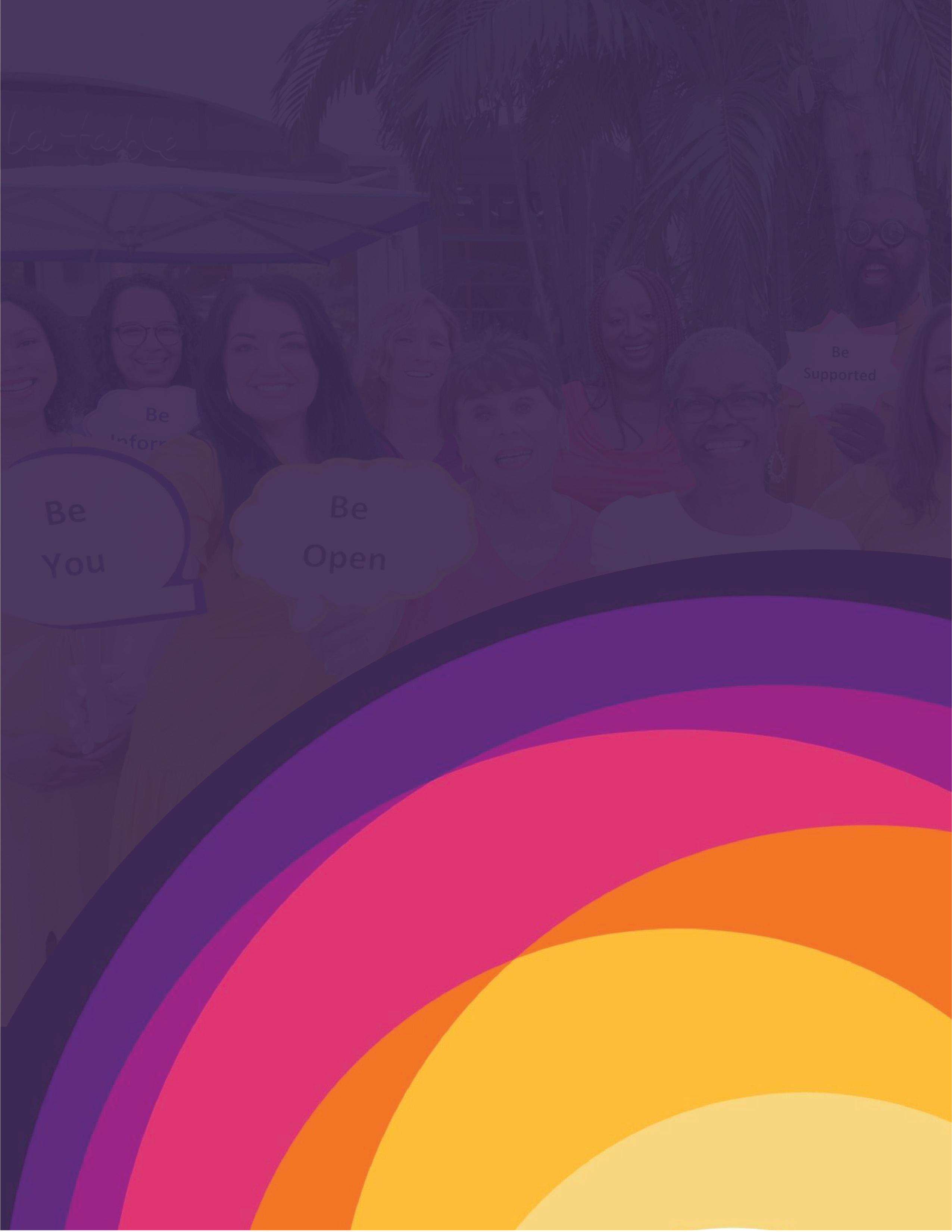How are you celebrating LGBTQIA+ Pride Month?
Mind, Body and Soul
Healing Through Culture, Creativity and Community

Recovery Capital from a Community Perspective Help Is Out There For Every Owl
Standing In My Shoes





How are you celebrating LGBTQIA+ Pride Month?
Mind, Body and Soul
Healing Through Culture, Creativity and Community

Recovery Capital from a Community Perspective Help Is Out There For Every Owl
Standing In My Shoes




They say that with age comes wisdom and as I’ve gotten older, I’ve learned many things - celebrate occasions big and small with loved ones because you never know when the last one will be, no matter how cool you think you are, your kids will tell you otherwise and that if you want to facilitate real change - you get involved, you fight for a seat at the head of the table and then, you build a longer table to create more opportunity.
One lesson that stays with me is that life doesn’t get easier - we merely get stronger and more resilient.
In addition to being Men’s Mental Health month, LGBTQIA+ Pride month and Immigrant Heritage month, June is when we celebrate Juneteenth - a holiday to commemorate the emancipation of enslaved people in the United States.
With that in mind, it only made sense that this month’s issue of The Well of PBC focus on recovery, resiliency and how strength can be derived both internally and through the bonds of a trusted community.
Our feature story spotlights the opioid crisis in Palm Beach County and how people from all walks of life - politicians, mothers who lost their children, grown children that have lost parents, healthcare professionals and folks in recovery themselves - claimed their seat at the table in the hopes of moving forward and investing in a recovery-oriented system of care which proposes the ideal that recovery is for everyone. Every person, every family and every community.

We had a conversation with two members of PBC’s Peer Leadership Council about the importance of peer leadership and empathy. We talked to Zach Shaffer, vice-president of Florida Atlantic University’s Collegiate Recovery Community about how a strong community is essential to success both academically and through the recovery journey.
And we talked to Patrick Livingston, founder of Arms of Hope, a Lake Worth Beach based non-profit organization serving up promise alongside a free warm meal for those who are struggling.
Whether resilience is found through a reservoir of internal fortitude or through the tested and steadfast connection to family, friends and community - we celebrate this strength and the hope that it kindles.
We are honored to share stories of the resilience of Palm Beach County residents - their adaptability, their refusal to be reduced by adversity and above all, their desire to go forth, reach out and walk alongside others on a similar journey to becoming their best selves.
We look forward to hearing your thoughts on our June edition and hope you find inspiration in these stories but above all, we hope that if you or someone you know is struggling - you can lean on the strength of others and know that there are resources available to you to ensure you make it through.
As a wise person once said - if you want to go fast, go alone. If you want to go far, go together.
Let’s all go further. Together.
Julie Khanna, Editor-in-Chief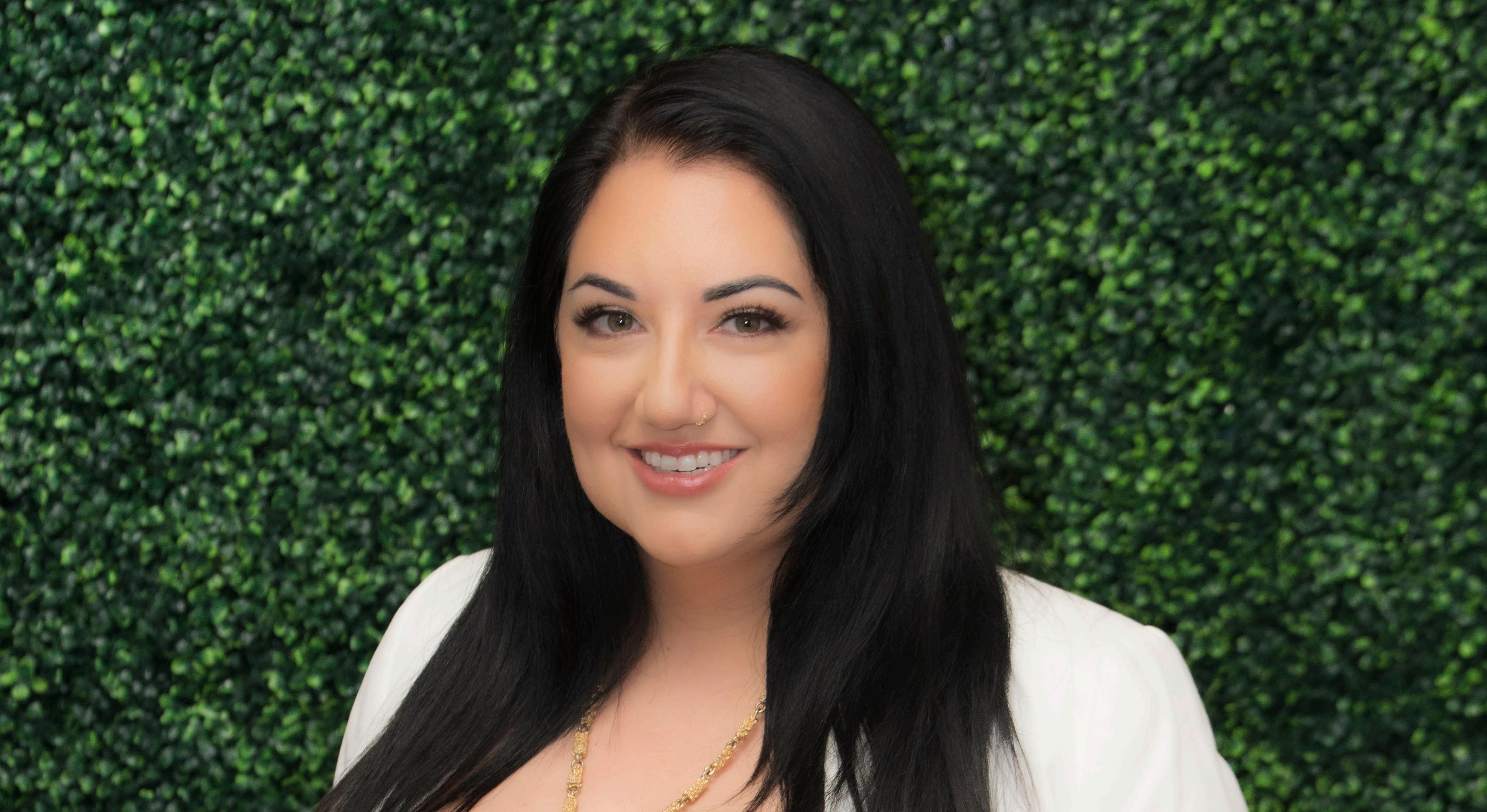
thewell@bewellpbc.org
Thank you for being a part of the mission:
”To share feedback, obtain advertising information, or contribute, please reach us at thewell@bewellpbc.org
“To be the primary resource for behavioral health and wellness for Palm Beach County, a safe exchange space for community, and an outlet for our neighbors and stakeholders to transform the behavioral health landscape.
The Well of PBC is an online publication that strives to be the primary resource for behavioral health and wellness for Palm Beach County, a safe exchange space for the community, and an outlet for our neighbors and stakeholders to transform the behavioral health landscape.
So, what does that mean to you? It means we not only want to be your go-to place for all things behavioral health topics, but we want to tell your stories too!
We are looking for freelance photographers (willing to barter) and writers to contribute to our art, ask the experts, youth, self-care, cultural, spiritual, and provider columns. Email us for our contributor guidelines, editorial calendar, or if you’d like to share an event or position you’re hiring for.
E: thewell@bewellpbc.org | Follow along at @thewellofpbc
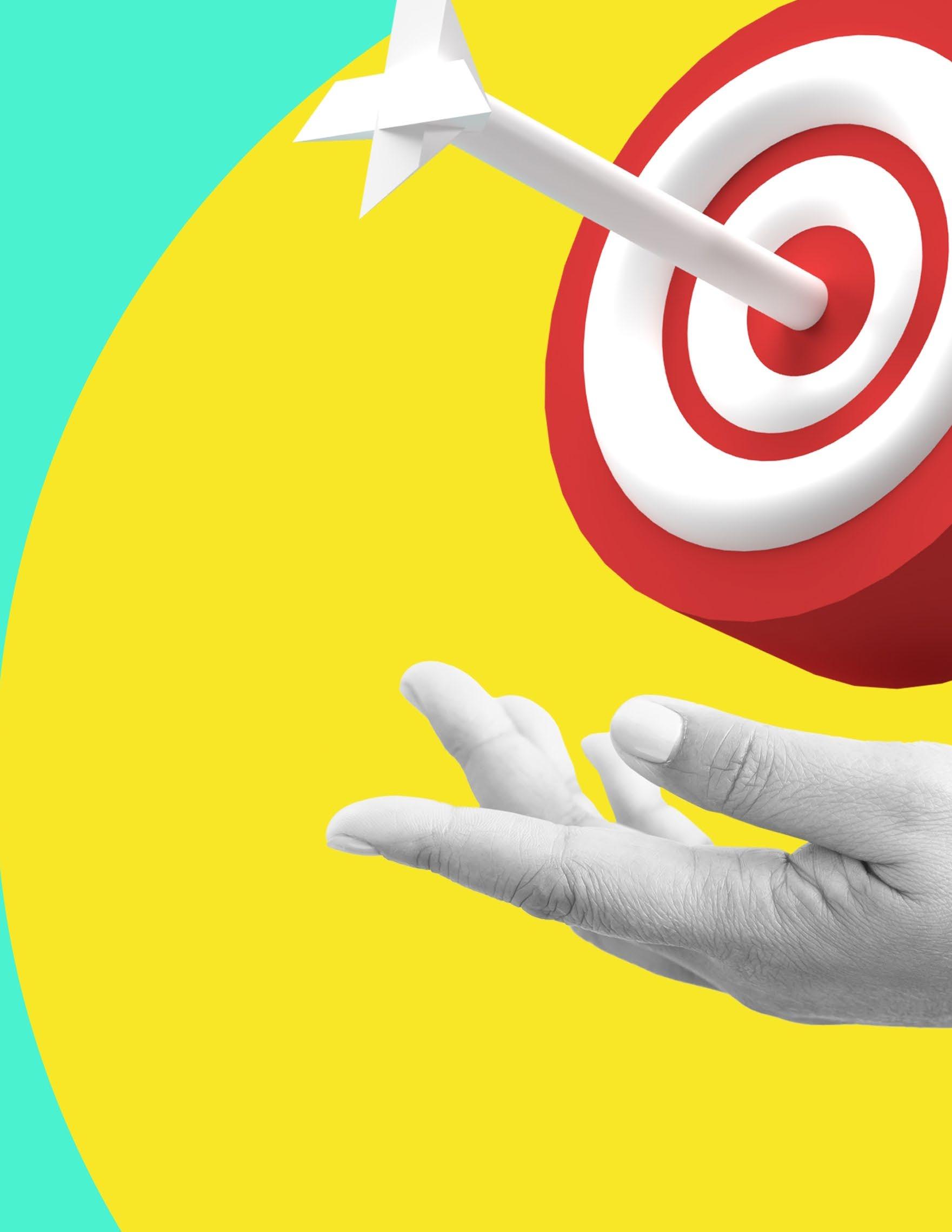
Lauren is the Executive Director for the countywide initiative, BeWellPBC, advancing behavioral health and wellness for all residents in Palm Beach County. The Well of PBC is a passion project for Lauren to increase behavioral health awareness, engage diverse perspectives across the county, and promote solutions to address our county’s most complex challenges.
Katrina Blackmon Marketing ManagerKatrina, founder & CEO of Unity3 Palm Beach, brings her executive advertising background combined with her love of faith, family, and this vibrant multicultural community to The Well of PBC and BeWellPBC.
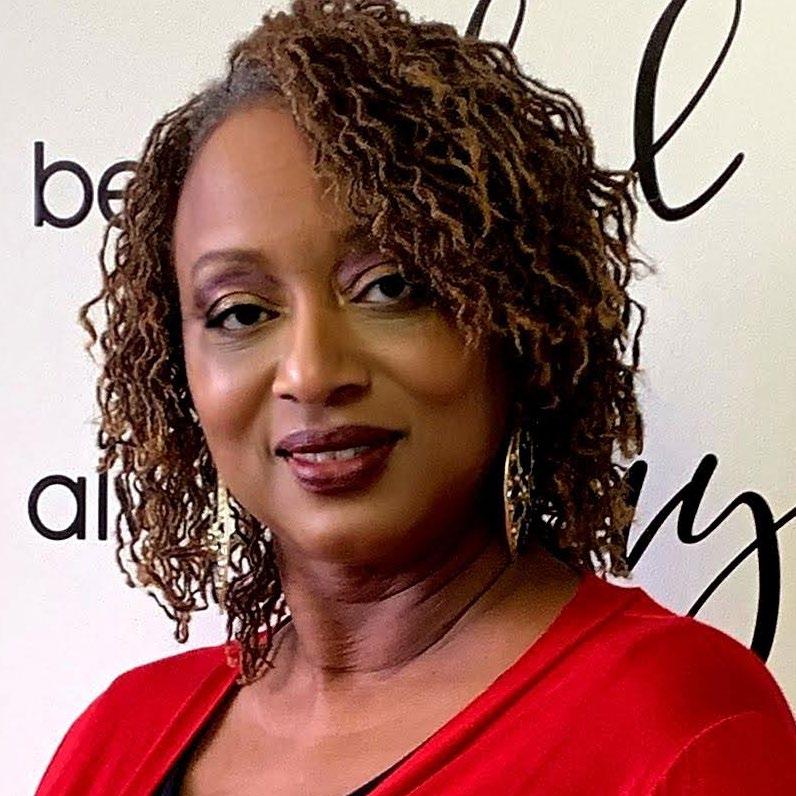
The information in this issue of The Well of PBC is for information purposes only. The Well of PBC assumes no liability or responsibility for any inaccurate, delayed or incomplete information, nor for any actions taken in reliance thereon. The information contained about each individual, company, product or organization has been provided by such individual, company, product or organization without verification by us.
Julie Khanna Editor-in-ChiefJulie, CEO of Khanna Connections, enjoys using her creativity to help health and wellness industries communicate with their audiences.
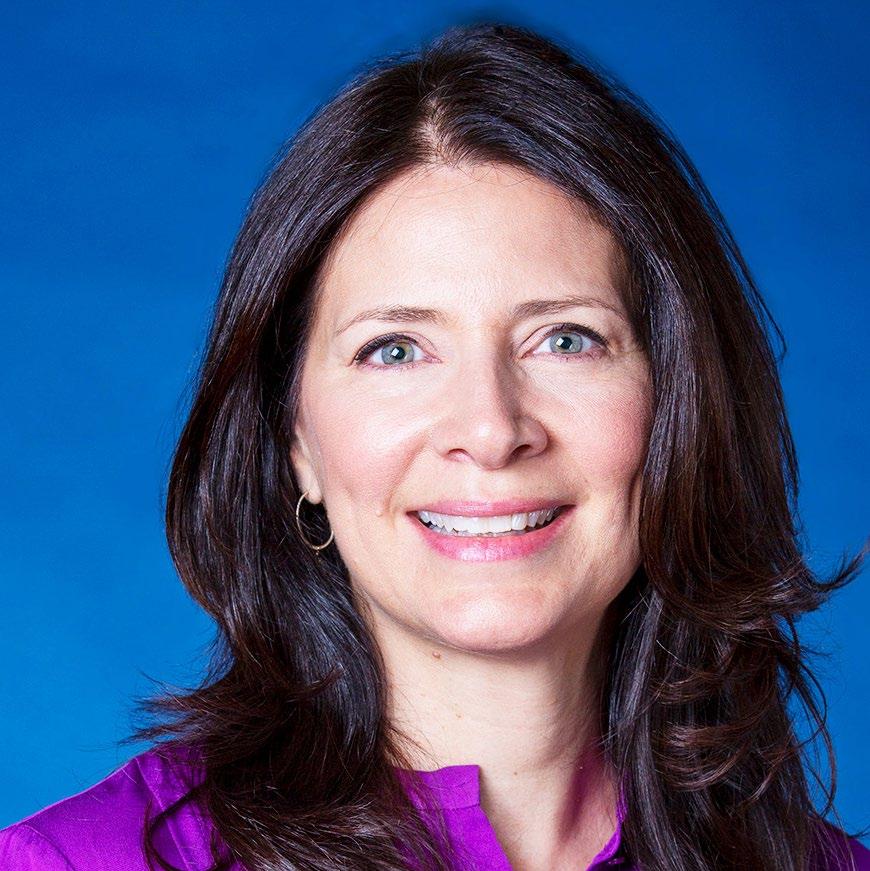
Surej, founder of Photography & Design by Sunman, is the creative visionary that brings life into each page, concept, visual and digital design of The Well of PBC publication.

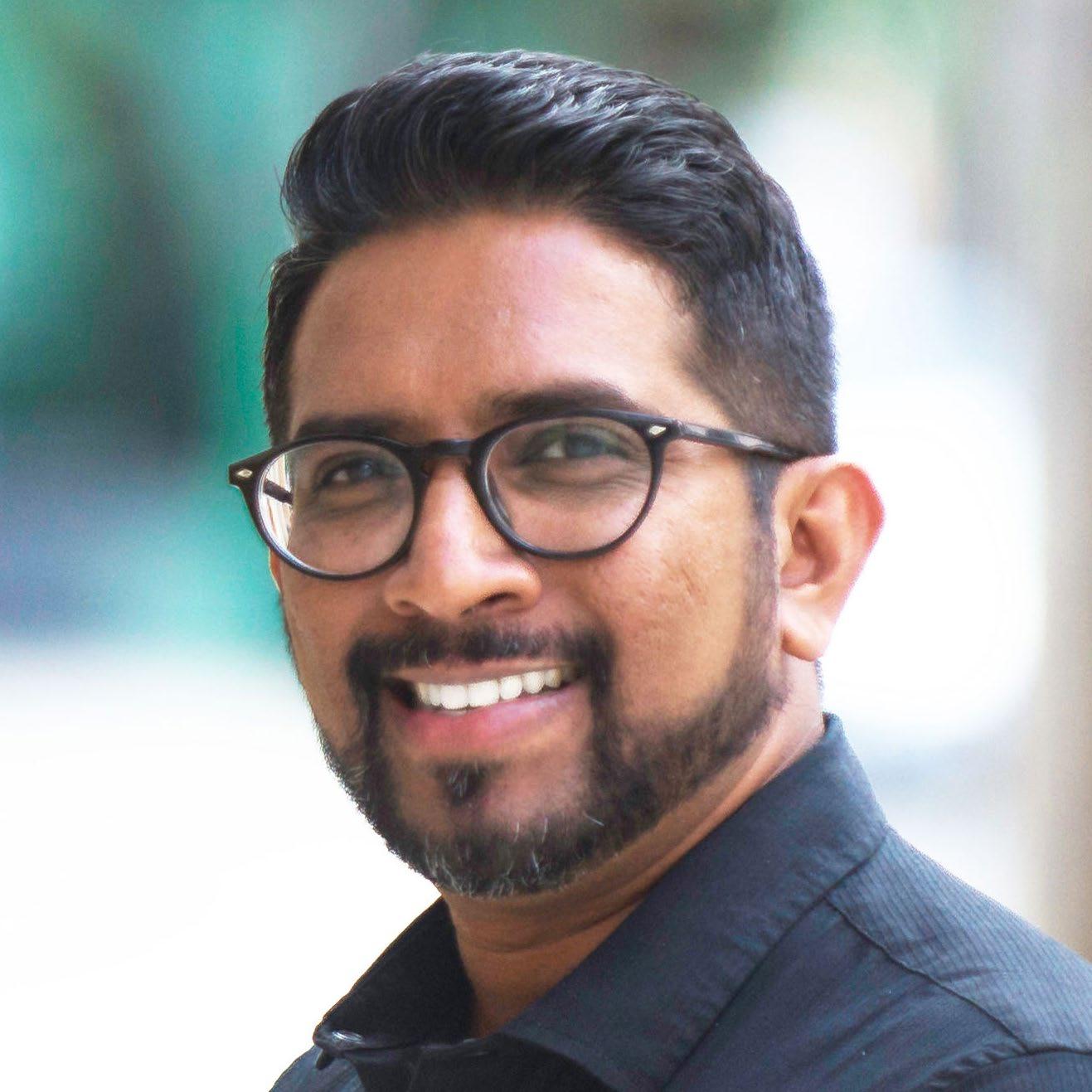
The opinion expressed in each article is the opinion of its author and does not necessarily reflect the opinion of The Well of PBC. Therefore, The Well of PBC carries no responsibility for the opinion expressed therein.
Any form of reproduction of any content in this magazine without the written permission of the publisher is strictly prohibited.
© 2023 The Well of PBC All rights reserved.
Melanie Otero Contributor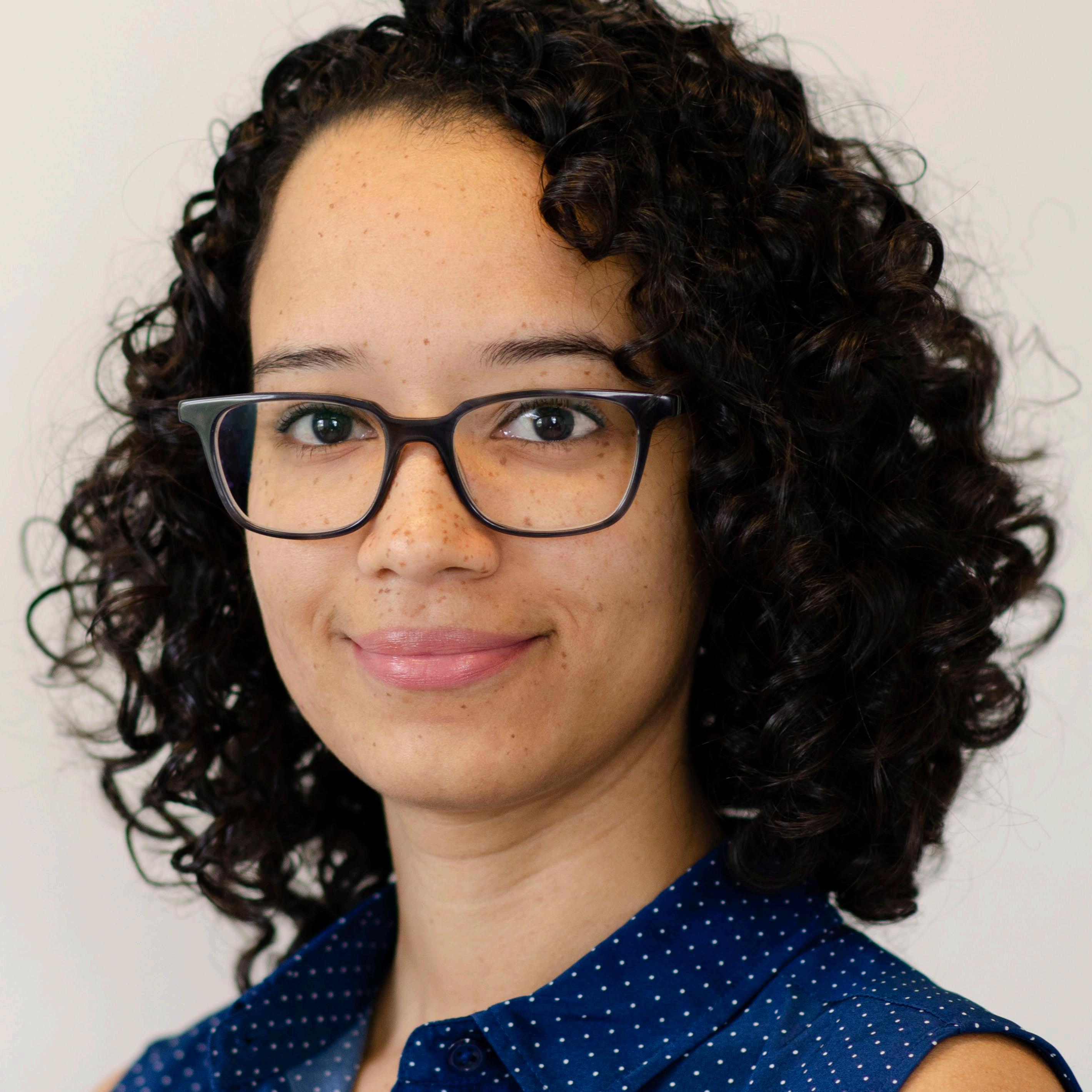
Melanie, president of Otero Communications, provides consulting services for some of Palm Beach County’s leading nonprofit organizations. With a special interest in behavioral health, she serves as a contributing writer to The Well of PBC.
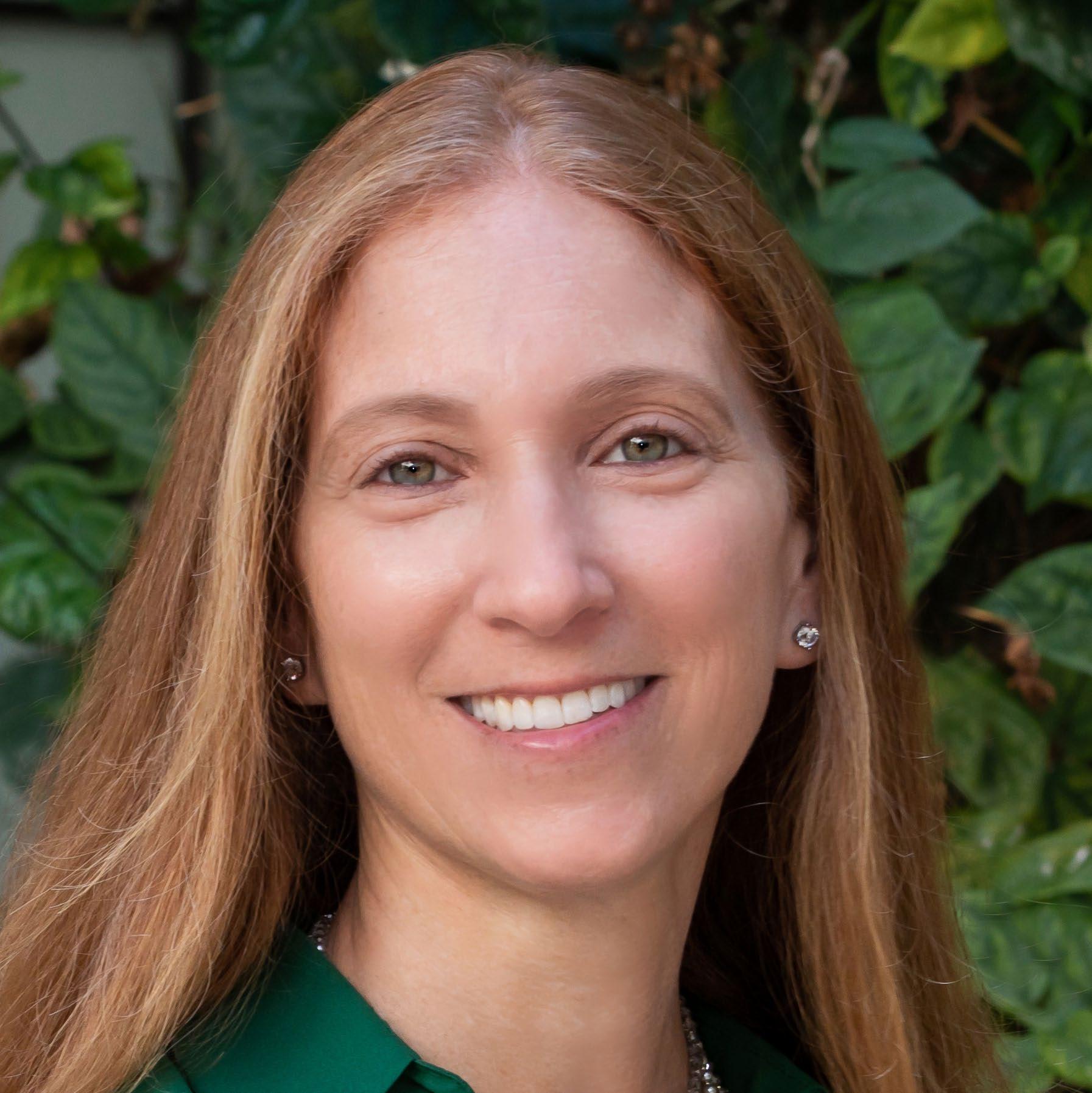
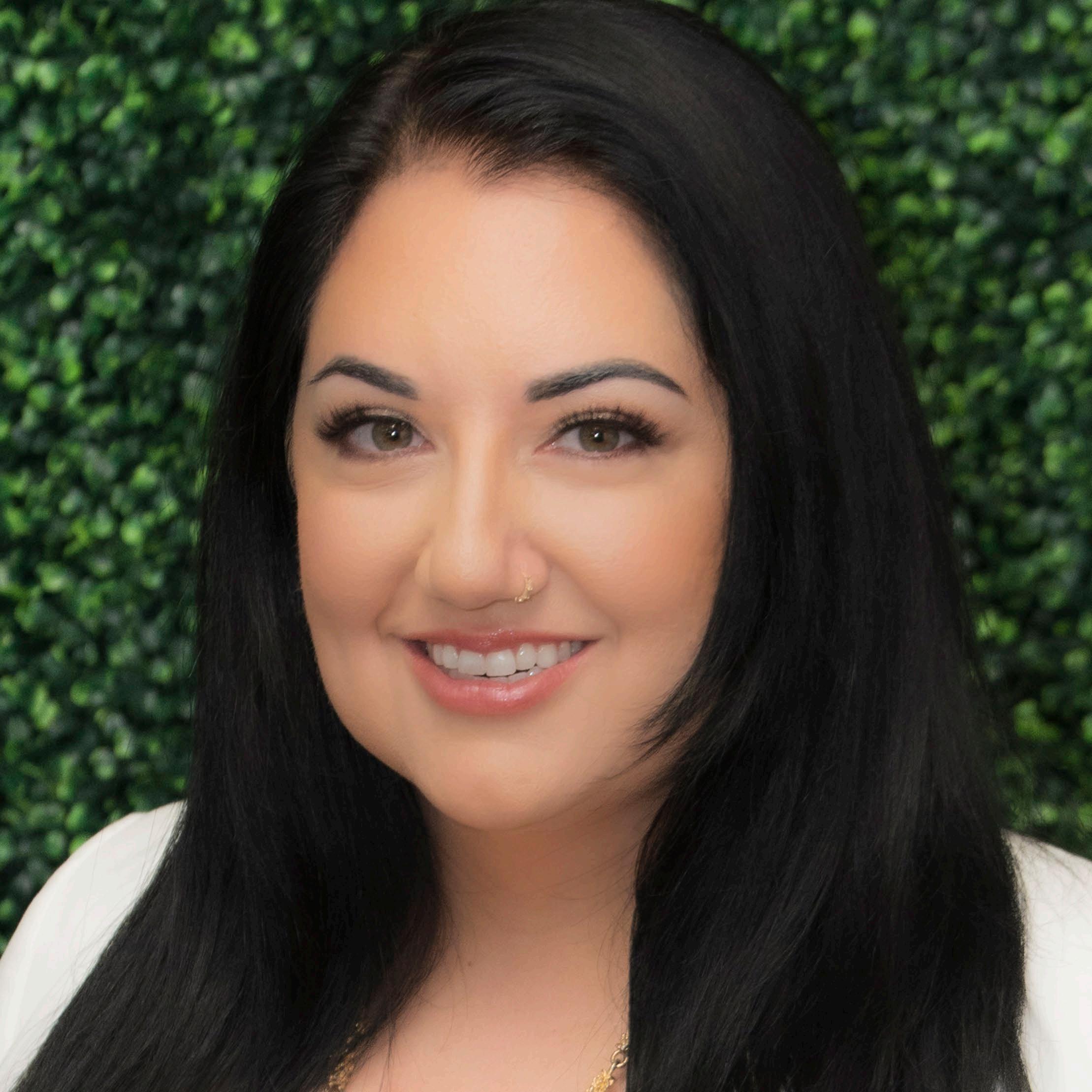
 By: Melanie Otero
By: Melanie Otero
It’s the parents’ fault.
She’s a lost cause.

Lock him up and throw away the key.
No other public health issue is viewed with as much disdain as substance use disorder. Seen as more of a moral failing than a disease, society has tended to look away, shame, or blame.
And no other place in the United States had been viewed with more condemnation than Palm Beach County when the State Attorney’s Office reported in 2018 that the county was the epicenter in Florida of the opioid crisis with more deaths, more overdoses, more insurance fraud, and more bogus treatment facilities than anywhere else in the state.
According to a Palm Beach Post 2018 investigative report, Florida’s repeated failure to rein in its homegrown prescription painkiller scourge nourished a bumper crop of opioid addicts and dealers, igniting the heroin epidemic.
Once ignited, the epidemic swept through families and neighborhoods leaving death and destruction in its path like a battleground after losing a war. Palm Beach County medical examiner reports state that between 2012 and 2016, there was an increase from 153 to 932 fatal overdoses where opioids were present, representing a 509% increase over the five years.
With pill mills fueling what seemed like a never-ending supply, there was no way to win against the enemy that had stolen lives and futures.
But while under attack, a revolution was brewing.
suffering the consequences of incarcerations and deaths inflicted by the 1980s crack epidemic.
“We listened to the families most impacted by this disease and allowed their experiences to guide our response,” former Commissioner McKinlay told the Town Crier.
To guide the response, the Board of County Commissioners needed a leader. They sought an experienced veteran accustomed to working on solving substance use disorders and their ancillary effects with a proven track record of building community support and developing and guiding collective collaborative partners in the process of community recovery. They found what they were looking for in John Hulick, former drug czar for the state of New Jersey and long-term policy and public affairs director for the National Council on Alcoholism and Drug Dependence.
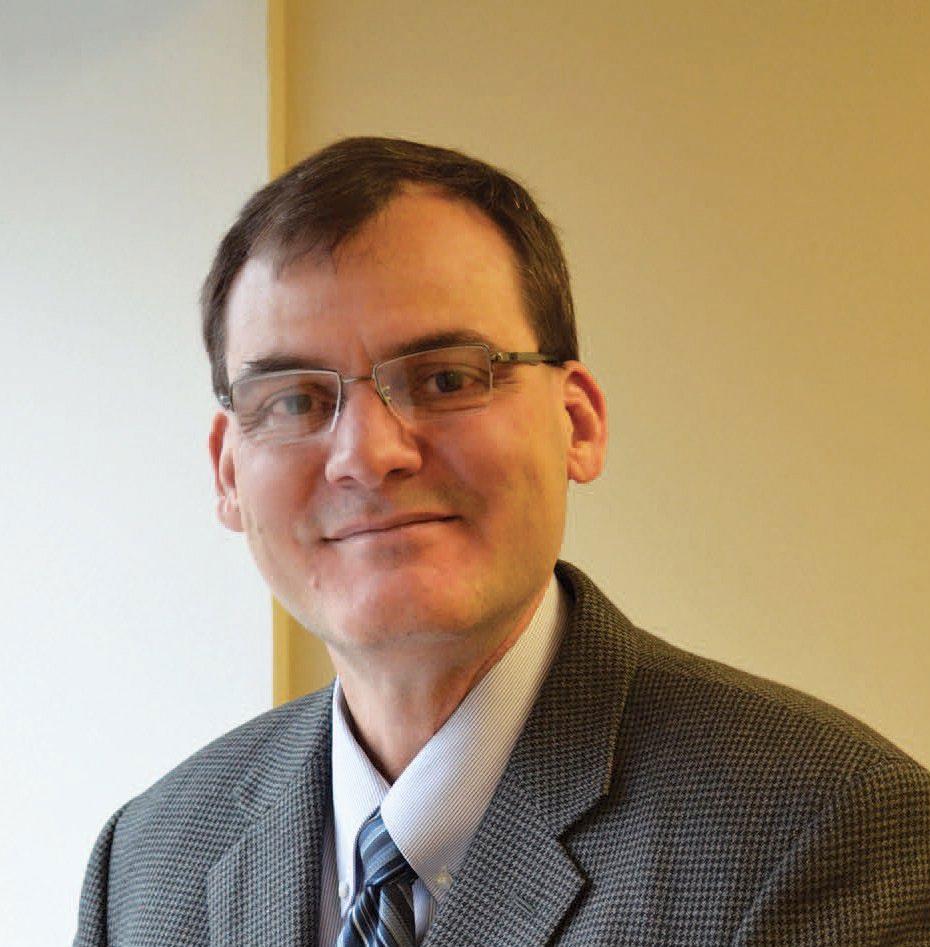 John Hulick
John Hulick
Palm Beach County Board of County Commissioners, led by then-Commissioner Melissa McKinlay, launched an offensive that resulted in Palm Beach County’s 2017 Opioid Response Plan. It laid the groundwork to address the complex challenges and develop strategies for change by bringing all stakeholders to the table—not just substance use disorder experts, but the mothers of addicted children, adult children who had lost addicted parents, and the Black and Brown community, still
Hired in 2018 as Palm Beach County drug czar, Hulick and a steering committee established to help guide the county’s efforts made important changes to the strategic focus of the Opioid Response Plan. The scope of the response was broadened to include substance use disorder addressing many of the barriers to achieving long-term recovery as well as mental health and co-occurring disorders. Comprehensive measurements focused on achieving long-term recovery outcomes were implemented.
A coordinated network of community-based services and supports that is person-centered and builds on the strengths and resilience of individuals, families, and communities to achieve improved health, wellness, and quality of life for those with or at risk of alcohol and drug problems. This personalized approach emphasizes individual choice and commitment in pursuit of health and wellness.
Advisory Committee on Behavioral Health, Substance Use and Co-Occurring Disorders

Substance and Mental Disorders Plan
Mission
To ensure access to individualized person-centered, recovery-oriented care and supports through integrated and coordinated services using a “no wrong door” approach for all Palm Beach County residents in need.
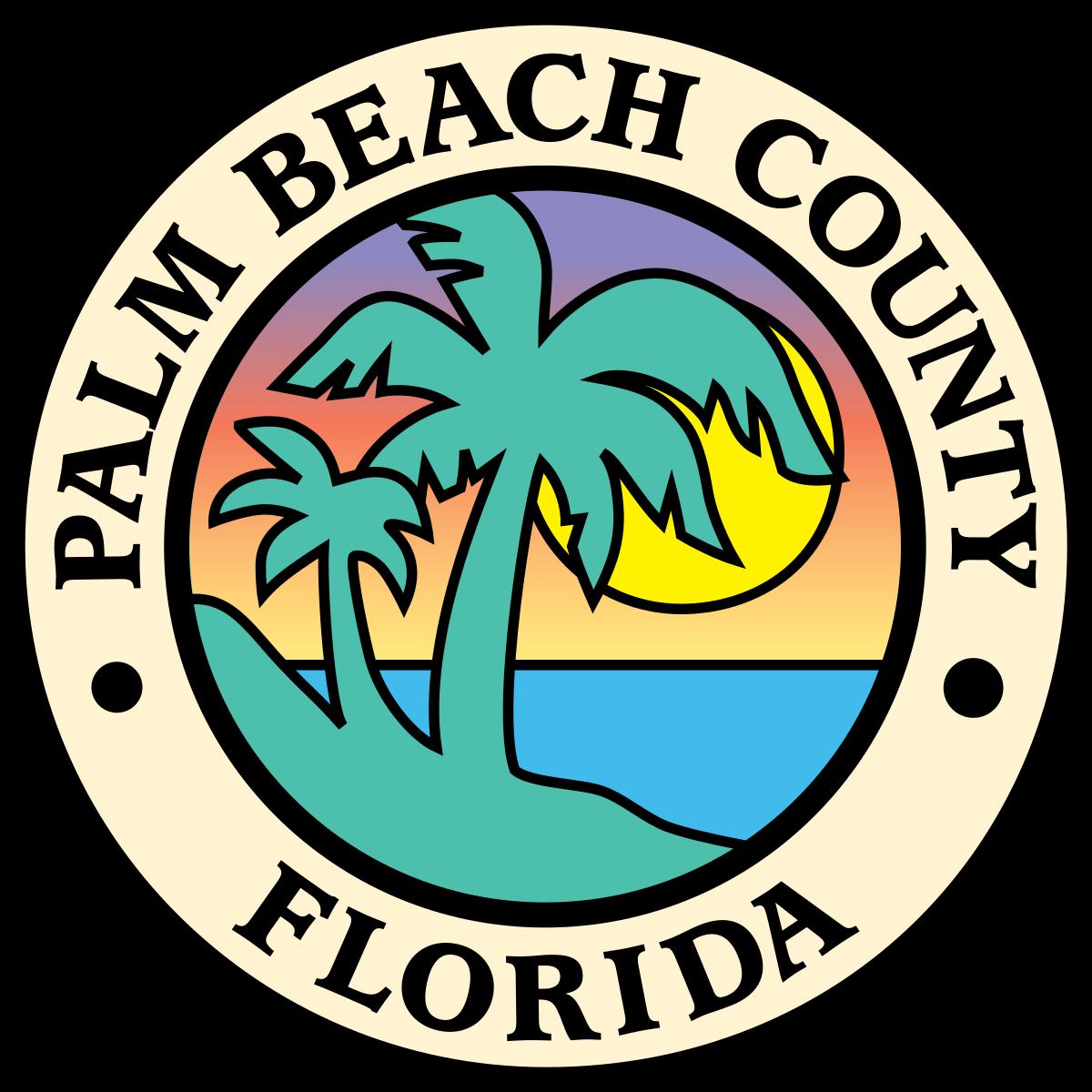
Vision
To have a fully integrated and coordinated person-centered, recovery-oriented system of care that employs neutral care coordination and recovery, as well as peer supports that focus on:
• Individual needs
• Assessment of each person holistically
• Evaluation of personal resiliency and risk factors utilizing recovery capital indexing
• Strength-based, accessible, and available services to any person seeking improved outcomes for mental illness, substance use and/or co-occurring disorders.
To view the full master plan, please visit https://discover.pbcgov.org/communityservices/SubstanceUseDisorders/Documents/ BHSUCOD_Manual_Final_01062023%20 (2).pdf

There is just no one really navigating with that individual, and we expect them to navigate these kinds of siloed systems all by themselves.
“ ”
In 2022, the Board of County Commissioners approved an ordinance that established the Advisory Committee on Behavioral Health, Substance Use and Co-Occurring Disorders, comprised of a diverse group of stakeholders from experts in the field to experts in lived experience—those from families and communities who have come face-to-face with the devastating effects of substance use disorder. The Committee is required to submit a master plan update to the board annually.
Hulick and the families were aligned in how the plan needed to shift from a treatment-centric focus to a person-centered recovery-oriented system of care. It’s a shift from an approach that treats substance use disorder as an acute crisis to one that understands recovery is a journey that often requires long-term supports and services connected in an overarching network. It requires coordination and navigation. As Hulick explained in an interview*, “There is just no one really navigating with that individual, and we expect them to navigate these kinds of siloed systems all by themselves.”
Working closely with Hulick is Advisory Committee co-chair Maureen Kielian, the mom of a son who became addicted to legally prescribed opioids and has lived through the breakdowns in the system. She became an activist in 2009, serving in both a national capacity for the FedUp coalition and locally as president of Southeast Florida Recovery Advocates where she has met dozens of parents like her.
“We are real people, with real problems,” said Kielian. She offers a pointed analogy to the way people with substance use disorder are viewed. “When you see someone on the side of the road, homeless, you walk by and you think, what happened to them? If a person was lying there with a sprained ankle, we know what to do. Our people have every bone in their body broken, and we’re not treating it. It’s unjust. We’re discharging them with a broken arm and we’re not helping them.”
For fellow Advisory Committee co-chair Pastor Rae Whitely, congregational and community organizer in Palm Beach County for Faith in Florida, the system failure the Black and Brown community experi-

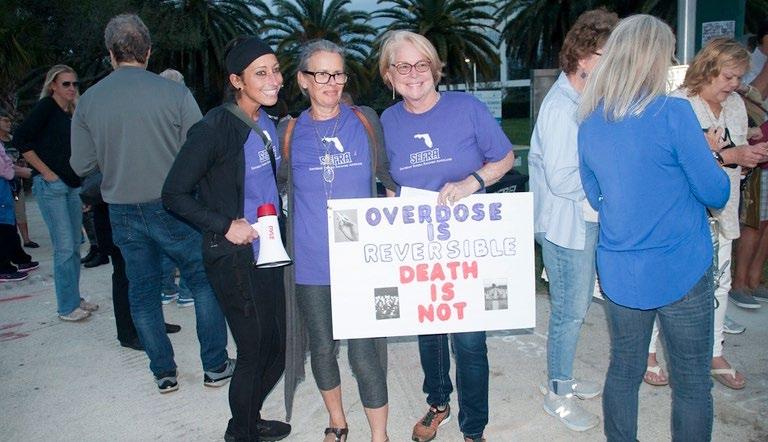
enced dates back to the 1980s crack epidemic. “The only place they had treatment for them was prison.” He sees how the crisis continues to reverberate through families and neighborhoods from the generation of children who grew up without parents whose substance use disorder left them incarcerated or dead. “No one wants to talk about the crack epidemic and the fallout,” he said. “An entire generation is growing up without fathers and mothers. Parents had a disease and were criminalized for having a disease. How do we get on the front side of abuse, not the back when it comes to Black people?”
While the Advisory Committee co-chairs come from different experiences, their mission is the same: We will be seen. We will be heard. And we will change the status quo.
Fueling their work will be an anticipated $18 million that will come to Palm Beach
County as a result of lawsuits led by former Mayor McKinlay against pharmaceutical companies that produced opioids. Pastor Whitely, Kielian, and their committee members will help guide where the dollars go, ensuring everyone has a voice.
“Every time we have a conversation about solutions we lean towards the quote-unquote experts,” Pastor Whitely said. “The people who have been doing it for 50 years and are locked in traditional ways. I think a little bit differently and I’m glad that Maureen thinks the same way. We need to go to the streets, have conversations and listening sessions with impacted persons, and work with them as thought partners to create solutions. There are also experts who are in the pews in the churches. They’ve got it. We will create a solution for the community by the community.”
Kielian understands the significance of what she and Whitely have been charged to do. “These opioid settlement dollars that are coming down the pike, that’s once in a lifetime, and they will be used for all types of substance use disorders, not just opioid,” she said. “My motto is they will be spent right. We need new thought processes and new brains to think it through. A lot of out-patient driven solutions. A lot of family support structures. I want everything to be evidence-based with outcomes reporting and accountability.”
To that end, one of the additions Hulick has made to the plan is Recovery Capital Indexing—68 indicators, all predictive of longer-term recovery outcomes. For every piece of the new system that seeks fund-
ing, Hulick says the question is, “By what measure are you a good program?”
A mission-driven focus
Hulick is also leaning on the research that shows what works in long-term recovery outcomes for building one system linking every component of a recovery-oriented system of care. “It’s a stable housing situation, it’s employment, strong family
work?” he asks. “Why not include faith leaders, congregants, and community leaders, and educate them and empower them to be that change the community needs?”
He also knows power lies in the matriarchs of the church and the community.
“On every street, there is Grandma Jane, who everyone knows and respects,” he said. “And if she calls a community meeting, they’re all coming. How do I empower Grandma Jane? In a perfect world, to be successful, we will have created a plan and have resources allocated to support the communities and empower them to do the work.”
Palm Beach County Opioid Response Plan Major Progress
2017 – Board of County Commission-
ers (BCC) adopts Opioid Response Plan
2018 - Drug Czar appointed

2019 - Health Care District opens
Addiction Stabilization Unit
2019 - BCC sets Substance Use and Mental Disorders as Strategic Priority
• Cross-Departmental Team established
• Goal to establish a readily accessible, person-centered, recovery-oriented system of care set
• System of care model designed and developed
or societal connection, and a spiritual or altruistic component,” he said.
The mission guiding Hulick and the Advisory Committee is to ensure access to individualized person-centered, recovery-oriented care and supports through integrated and coordinated services using a “no wrong door” approach for all Palm Beach County residents in need. From the very first page of their plan, they have made the commitment that “recovery is for everyone; every person, every family, every community.”
For the Black community, Pastor Whitely speaks of one door that is wide open for people in need. The church.
“Historically, the safe places that Black people are used to have been the churches,” he said. “How do you include the churches in the solution?”
Pastor Whitely makes it clear that by including churches in the solution, he does not mean people from outside the Black and Brown-impacted community inserting their solutions, their experts, and their language, which often don’t resonate with the experience and the reality of the Black community. The change he wants to see for a long-term, effective, sustainable solution comes from the inside.
“How do you empower people who are doing the work to continue doing it vs. outside organizations coming in to do the
One of the places of hope Kielian sees is the Addiction Stabilization Unit (ASU) at JFK Medical Center’s North Campus in West Palm Beach. Opened in 2020, it’s a public-private partnership between the medical center, the Health Care District of Palm Beach County, and the Palm Beach County Commission. A wing of the hospital’s emergency room is used solely for treating people with substance use-related medical emergencies. For patients arriving after an overdose, medication-assisted treatment is provided within the first few hours of arrival to take away the cravings, minimize withdrawal symptoms, and increase the probability the patient will comply with a longer-term treatment plan after discharge.
It’s the “after discharge” part where Kielian knows support is needed. “I’m hoping we will have more outpatient services, and we need supportive housing,” she said. “We have the ASU unit, which is great, but after that, where do we go? We need transitional housing. We need low-barrier, welcoming places once they get out of the ASU to stabilize for a couple of weeks, to be welcomed on medication-assisted treatment—the gold standard of care for opioid use disorder—and to develop a plan for family, financial, and social stability.”
To promote change, Kielian knows the Advisory Committee and its subcommittees need to add more people to their ranks.
“We need solution-driven people. We need everybody to bring their story to our table so that their voices are heard. We will listen because we know the system is broken. You don’t have to convince us. What do you think will work?”
• Recovery Capital Indexing deployed
2020 - BCC enacts syringe access program ordinance
2021 - SAP program launched
2022 – Palm Beach County Sheriff’s Office Narcan Policy
2022 – BCC approves Master Plan/ Advisory Committee
Most of all, Kielian wants the younger generations to be part of the solution. “My dream of dreams is we have some young people who are coming out and speaking out. We need you! The moms have stood up. We have made progress. We need the young people now to change the world.”
Pastor Whitely knows how important diverse, authentic views are for the work ahead. “The perspective that I share is real. Somebody decided I’m valuable enough to bring a voice to this committee. And we’re talking about doing something different. That’s the bright light.”
The Advisory Committee needs you! To learn more about how you can get involved, contact John Hulick, Palm Beach County Drug Czar, at jhulick@pbcgov.org, or visit pages 34-35 to view subcommittee opportunities and upcoming meeting dates.
Sometimes referred to as, “America’s Second Independence Day,” Juneteenth honors June 19, 1865 when 2000 Union troops arrived in Galveston Bay, Texas and announced that the enslaved black population (over 250,000 men, women and children) in the state were free by executive decree.
Designated as a federal holiday in 2021, Juneteenth is celebrated in a variety of ways across the country - public readings of the Emancipation Proclamation, feasting on red foods and drinks like red velvet cake and fruit punch and hosting family and community barbecues.
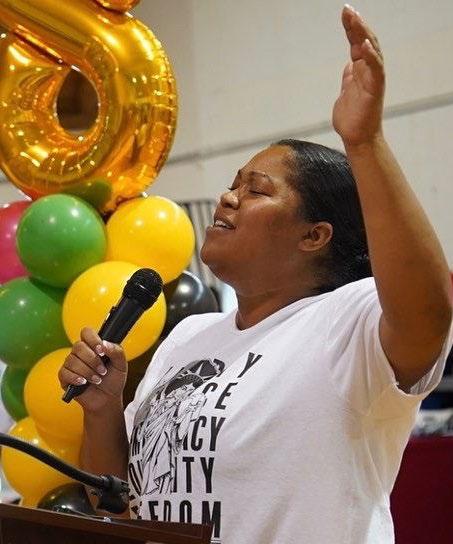
Locally, Healthier Delray Beach and the Spady Cultural Heritage Museum - a Delray Beach based non-profit organization dedicated to preserving and sharing Black history - are working with over 20 other organizations (including the City of Delray Beach and the local police and fire departments) to host the Juneteenth Think Tank on June 18 at Pompey Park in Delray Beach.
Focused on keeping local Black history at the forefront of the celebration, last year’s Juneteenth celebration featured a solemn ceremony in which folks gathered at the lynching site of Samuel Nelson - a Palm Beach County resident allegedly accused of assaulting a white woman in 1926. Working with the Equal Justice Initiative, the committee excavated the soil, dried and preserved it so it might be displayed at the Spady Museum.
This year, Spady Cultural Heritage Museum is an integral part of the cultural component of Juneenth Think Tank. Led by Charlene Farrington, Executive Director of the museum, Brian Knowles, manager of African, African American, Latino, Holocaust, and Gender Studies at the School
The Spady Museum will forever and always be involved in the education aspect because education, as well as preservation, is one of our pillars.
District of Palm Beach County, Rosalind Murray, Senior Criminal Justice Analyst at Palm Beach County and Alex Burns, a Delray Beach resident, small business owner, cultural historian and member of the Healthier Delray Beach steering committee, education is set to be a central theme.
Preserving Black history and showcasing the contributions of members of the African Diaspora in Florida and the U.S. is at the heart of the Spady Cultural Heritage Museum’s mission.

“The Spady Museum will forever and always be involved in the education aspect because education, as well as preservation, is one of our pillars,” said Charlene.
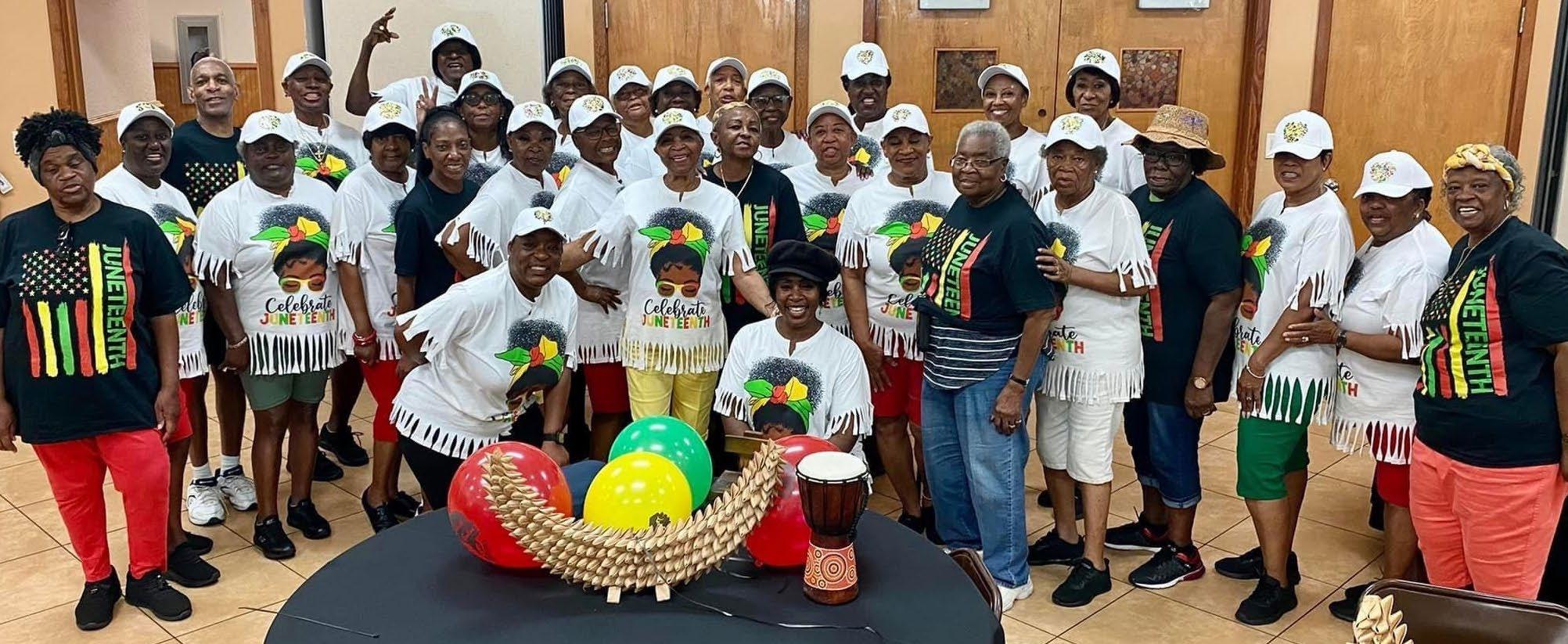
Highlighting their commitment to education is the Spady Museum’s ongoing exhibit called Strong Communities Emerging: The Development of Coastal Communities which follows the journey newly freed enslaved people made to South Florida.
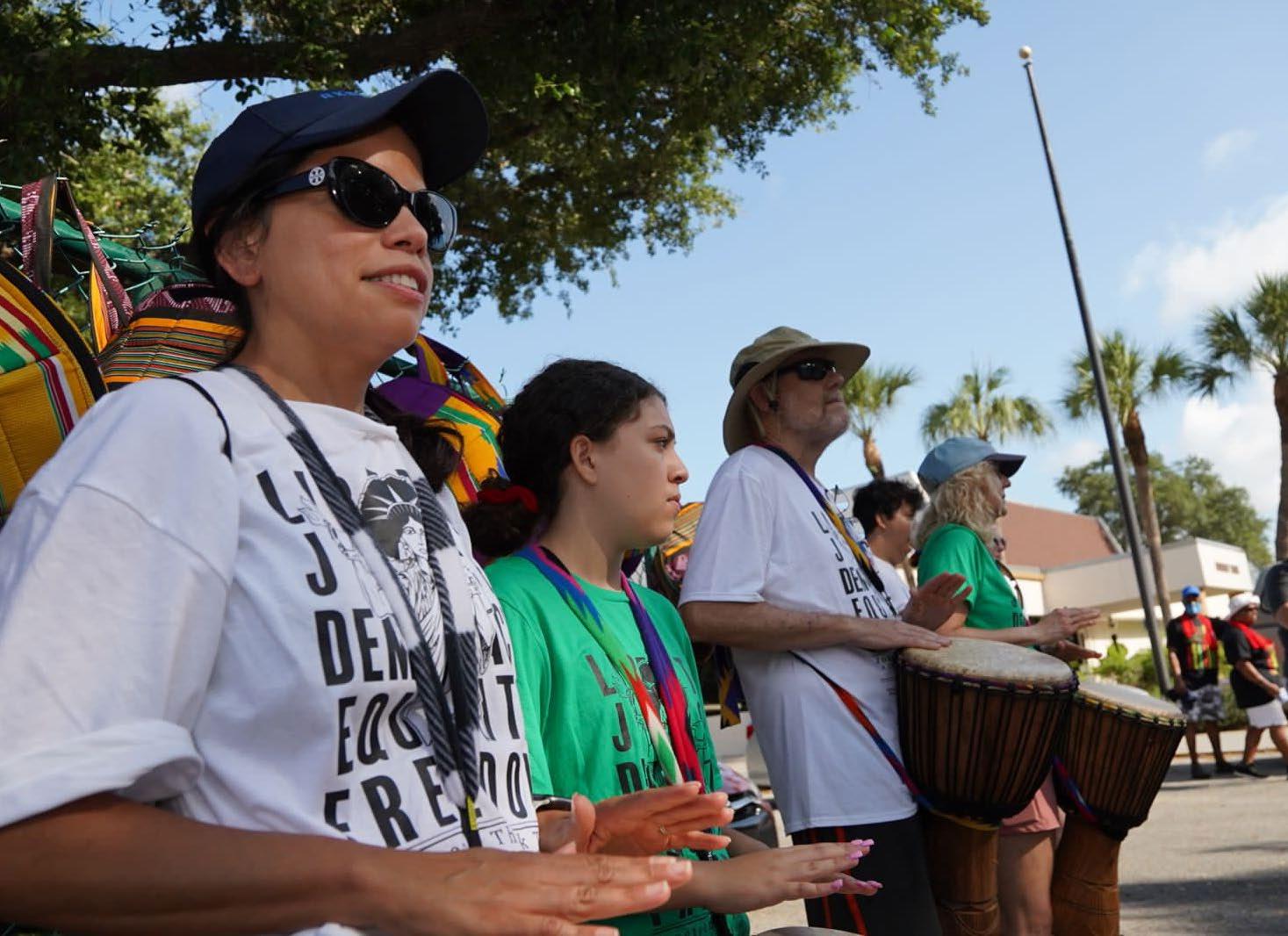
For those interested in seeing living history, the museum also offers a walking tour of Delray’s historical West Settlers Neighborhood - the home of pioneers from North Florida, the Bahamas and the Gullah Geechee coast who came to Delray in the 1800s and 1900s.
For the 2023 Juneteenth Think Tank, the Spady Museum has a full slate of activities planned.
The event starts with the Smoke In - the ceremonial grill lighting and also features a Setting of Intentions ceremony, a prayer service and prayer breakfast led by a collaboration of local churches.
Following that is a collaborative talk to engage the community on housing, emotional, physical and financial wellbeing and top of mind topics. The three panelists will be available for questions and answers and have follow up activities scheduled to keep attendees engaged long after the event ends.
The culminating event of the day is a talent explosion where local performers will take the stage - dancing, singing and drumming.
Additionally, there will be vendors, resources and artifacts on display throughout the day and since it wouldn’t be a
Juneteenth event without good food, the Spady Museum will also be hosting a BBQ Rib Cook-Off.
Admission is free and everyone is invited and encouraged to attend this event celebrating this day of Black freedom, friends, family, food and fun.
For more information, please see the flyer in this issue of The Well of PBC or visit The Spady Museum’s Events Page by clicking here. https://www.spadymarketplace.org/events-timeline/#
The Reservoir is the cultural space for contributors to highlight customs, celebrations, holidays, rituals, recipes, and more. To contribute, send your article ideas to thewell@bewellpbc.org with “The Reservoir” in the subject line.
Alove of art is the combustion engine behind almost everything Jose Mendez does.
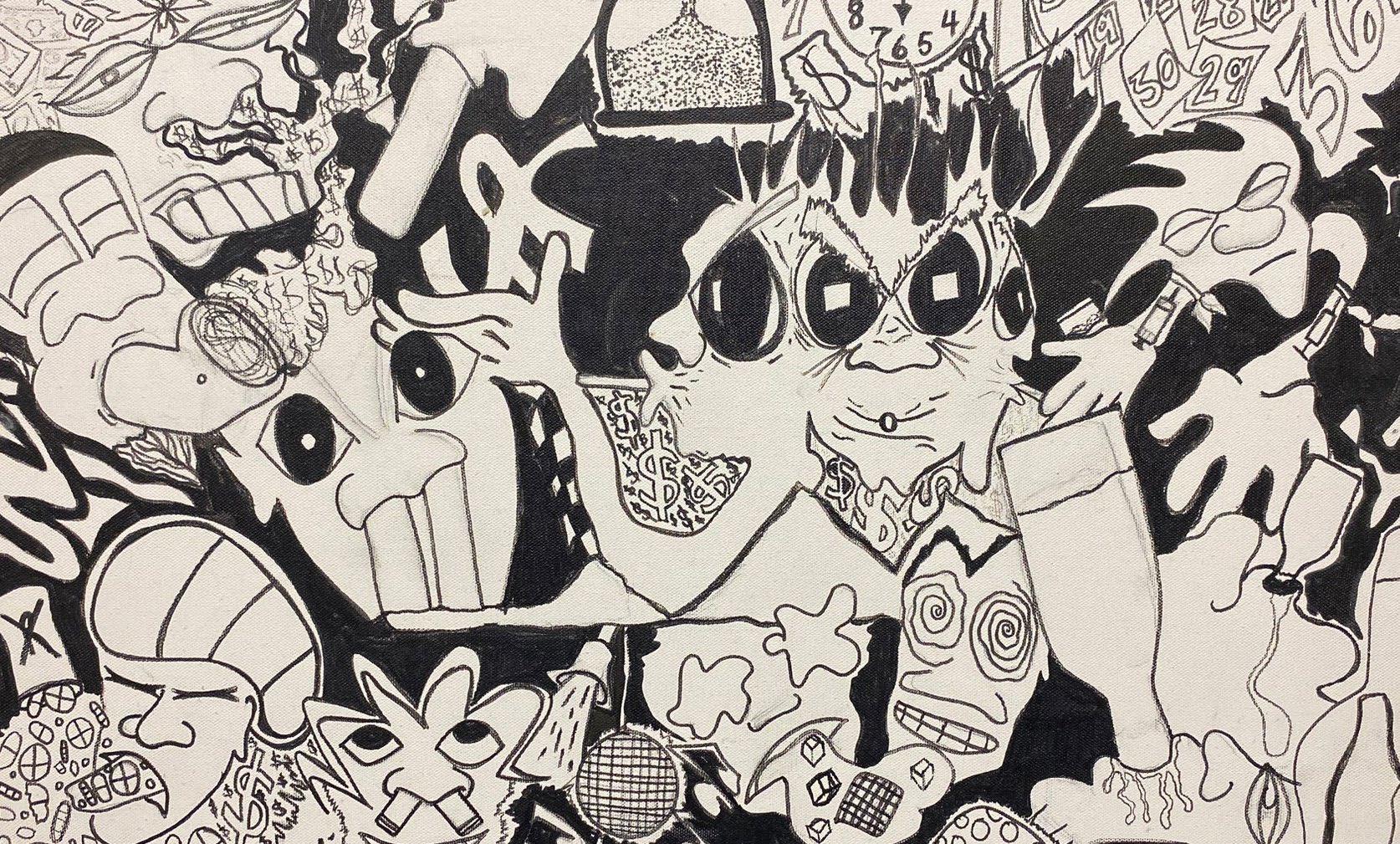
From working with children at the Norton Museum of Art to co-founding two festivals in his hometown of Lake Worth Beach - the Day of the Dead Festival and the Taco Fiesta - Jose is committed to shining a light on his artwork as well as increasing accessibility to the arts for Palm Beach County youth.
And the oxygen giving explosive life to Jose’s ventures is the amalgamation between his experiences growing up in South Florida and his Mayan background as his work represents bold imagery of figures like catrinas, Mayan gods, Aztec gods, Taino gods, classic American cars and skulls.
Starting with sharpies and spray paints as a medium for his creativity, Jose began painting as a young child and as he grew older, he found art to be a form of therapy to help him with his depression and anxiety.
Research published in the American Journal of Public Health states that, “creative engagement can decrease anxiety, stress, and mood disturbance. It complements the biomedical view [of mental illness] by focusing on not only sickness and symptoms themselves, but the holistic nature of the person. Through creativity and imagination, we find our identity and our reservoir of healing.”
Jose says that he was able to heal through the arts and that he produced some of the best work of his career during that difficult time.

Since then, he has branched out and embraced different styles of art and uses his ever-evolving talents to serve the community, advocate for more arts programs, and further explore his own humanity and sense of self.
Working extensively with children through both the Norton Museum of Art and various non-profit organizations, Jose uses mixed-media to connect with kids and help illustrate a wider understanding of what art is and what it can be.
Upon realizing that neither his family nor a majority of the families in his community had family portraits, Jose began delving deeper into the art of photography.
“I wanted to help families preserve their history and heritage,” he said, offering portrait sessions on a sliding payment scale to ensure everyone could have access, regardless of their financial status.
Jose continues to serve Palm Beach County residents through his art and he encourages anyone interested in learning more about themselves to explore through artistic means.
Whether it’s through Sharpies, paint, fabric, oils or crayons on construction paper, everyone’s creative journey is deeply personal. By utilizing art as a form of therapy, one can regulate emotions, increase self-esteem, discover a new talent, build community and evolve skills to be carried throughout life.



To see more of Jose Mendez’s art, please visit: http://www.josemendez.art
The Draw is a space for creatives to share their art, poetry, spoken word, etc. and/or how their art helps themselves and others. To contribute, send your article ideas to thewell@ bewellpbc.org with “The Draw” in the subject line.
He has branched out and embraced different styles of art and uses his ever-evolving talents to serve the community, advocate for more arts programs and further explore his own humanity and sense of self.

Addiction doesn’t discriminate. It can affect anyone at any time. However, there are times throughout life when people might be more vulnerable to the temptation of drugs and alcohol.

The American college experience can mythologize alcohol and other drugs and students might see experimentation and indulgence as a rite of passage from adolescence to young adulthood.
According to the 2021 National Survey on Drug Use and Health, almost half of fulltime college students surveyed (aged 18 to 22) drank alcohol in the past month.
Of that number, over a quarter of them engaged in binge drinking during that same time frame - binge drinking defined as consuming five or more drinks or more on one occasion for males and four or more drinks for females.
In 2019, a survey showed that over 800,000 full-time college students nationwide would be attending classes while in recovery.
Students on a journey towards recovery need a safe and accepting environment where they can work towards sobriety and in Palm Beach County, they can find it at the Collegiate Recovery Community (CRC) at Florida Atlantic University - a campus-based, support program for students and recovery allies.
“We offer a range of services and resources to help students maintain stability,
Peer support is critical to the success of students on their recovery journey - in addition to showing them that they are not struggling alone, students can learn how to socialize without using drugs or alcohol.
Jaime Joshi Elder
achieve academic success and build a strong sense of community,” said vice president of the FAU CRC Zach Shaffer. “Given the extreme prevalence of overdose deaths in South Florida, services are urgently needed to support people in recovery from substance use disorder and other mental health challenges. The FAU CRC aims to fill this need on campus by supporting students in recovery and promoting harm reduction strategies.”
The extreme prevalence Zach speaks of is the statistic that overdose is the leading cause of death for any American under the age of 50 and that in 2021, over 100,000
Americans died from a drug or alcohol overdose with over 7,000 of those deaths occurring in Florida and over 500 of those deaths occurring in Palm Beach County.
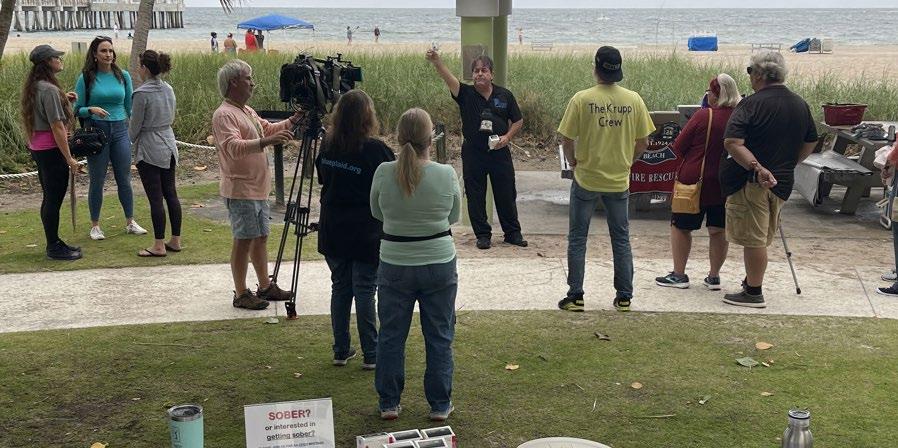
“In addition to counseling and regular peer support meetings, we also offer social activities and educational resources on addiction and recovery,” Zach said.
Since their inception in the 1970s, CRC programs have grown throughout the United States and now, there are over 200 formally recognized programs throughout the country with more programs emerging on an annual basis.
Created in the summer of 2020, the FAU CRC has 33 active members and hosts resource fairs and engages in community service.
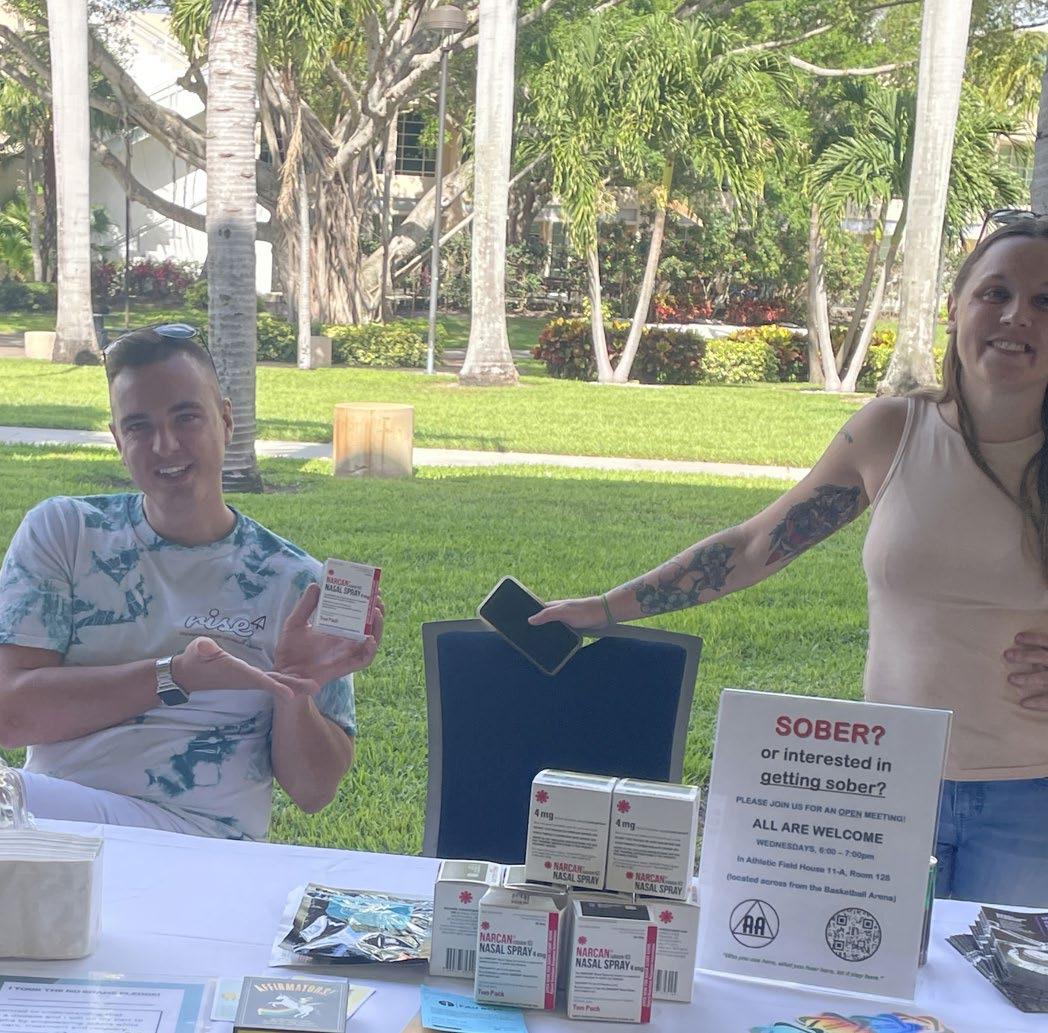
“We also host an annual walk in remembrance of international overdose day and we conduct regular naloxone training and distribution on campus,” Zach said.
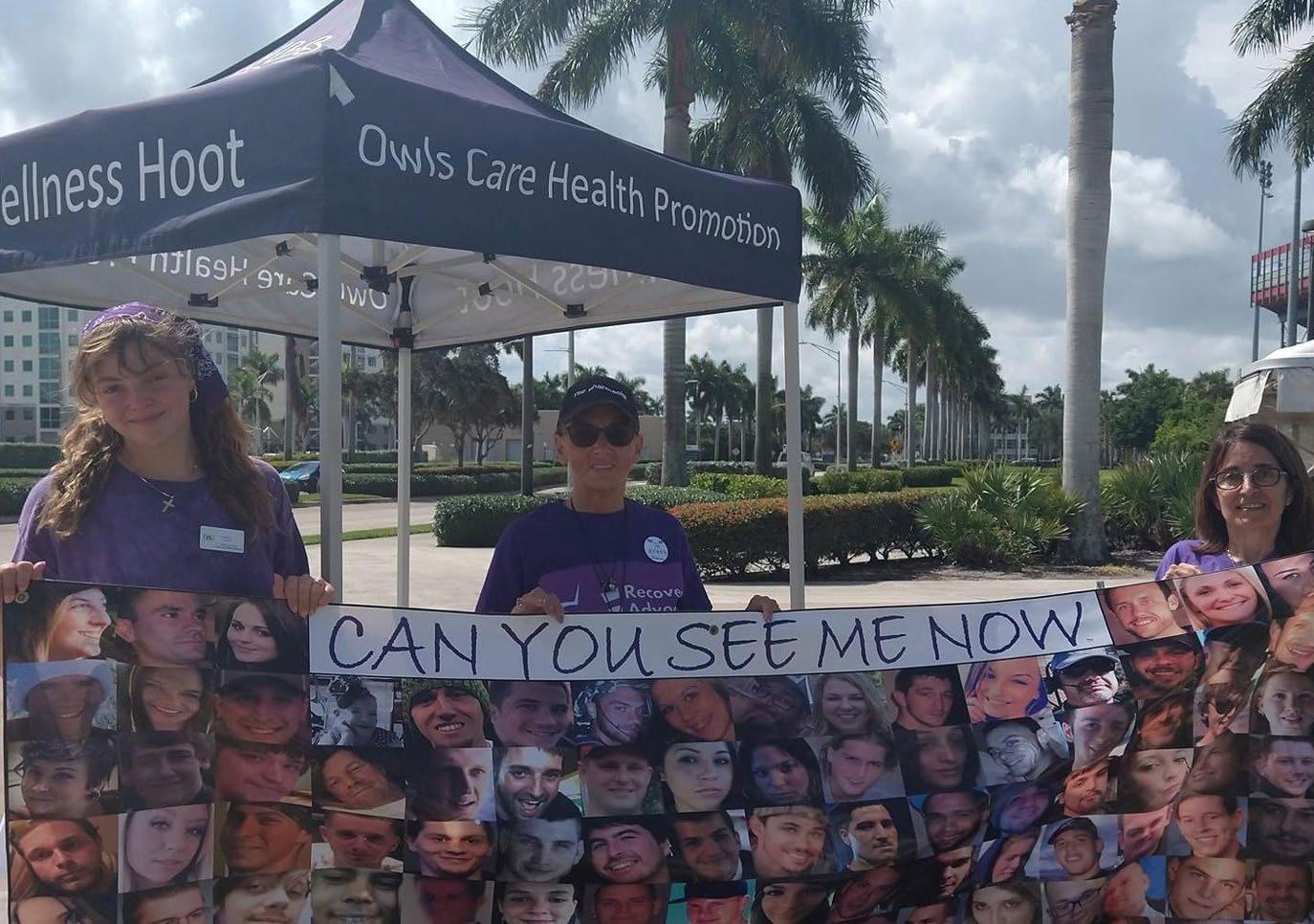
Peer support is critical to the success of students on their recovery journey - in addition to showing them that they are not struggling alone, students can also work with others to facilitate sober activities and learn how to socialize without using drugs or alcohol. Relational peer networks can also help improve academic progress.
“Students participating in CRCs have been found to have higher GPAs and retention rates, lower rates of substance use, and improved quality of life compared to non-participants,” Zach said. “And FAU definitely has a successful program.”
To learn more about FAU’S Collegiate Recovery Community, click here. https://collegiaterecovery.org/project/florida-atlantic-university/
The Fountain is a space for youth to share their point of view on things that matter to them. To contribute, send your article ideas to thewell@ bewellpbc.org with “The Fountain” in the subject line.
MEDICAL ADMINISTRATOR



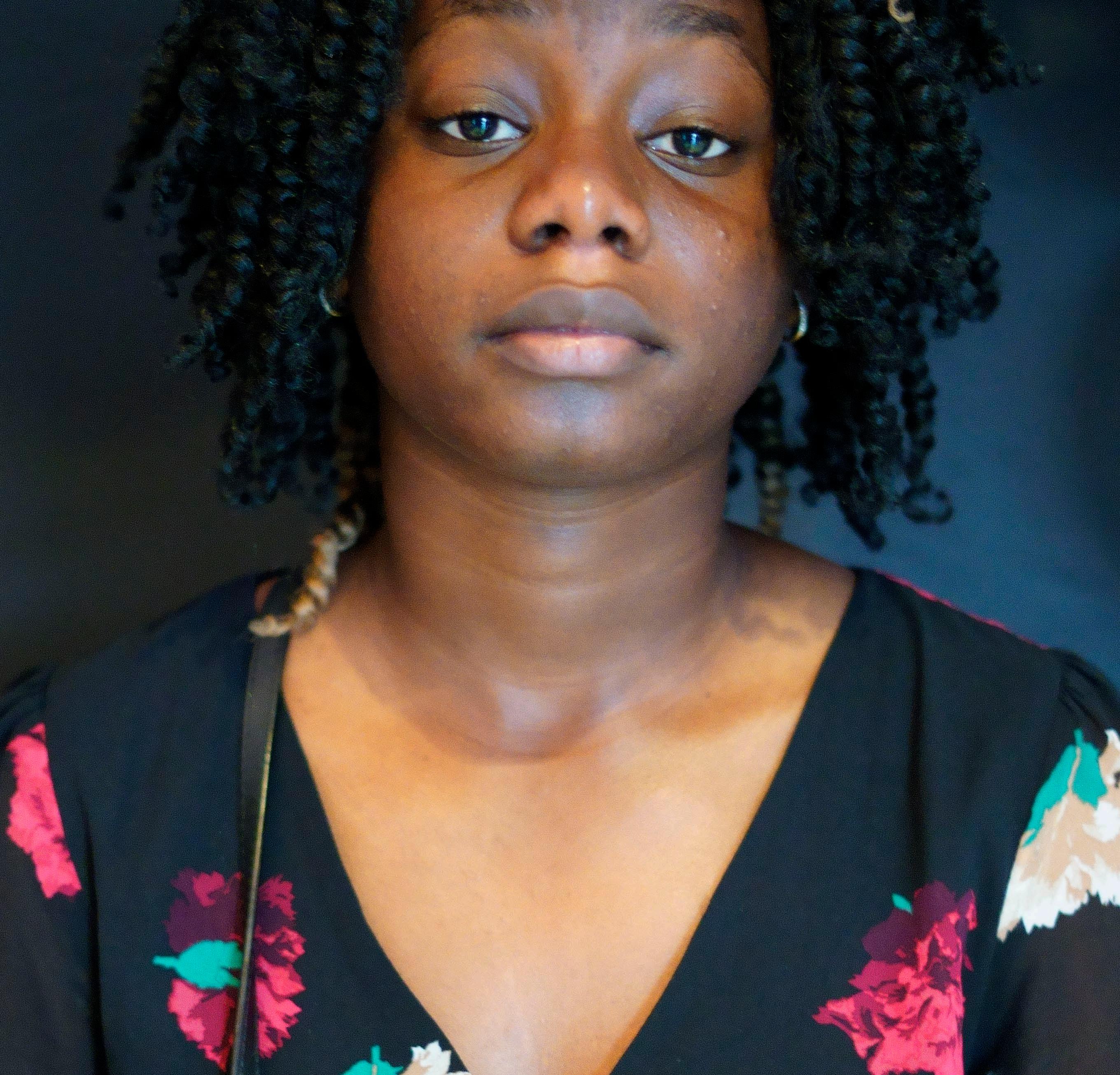

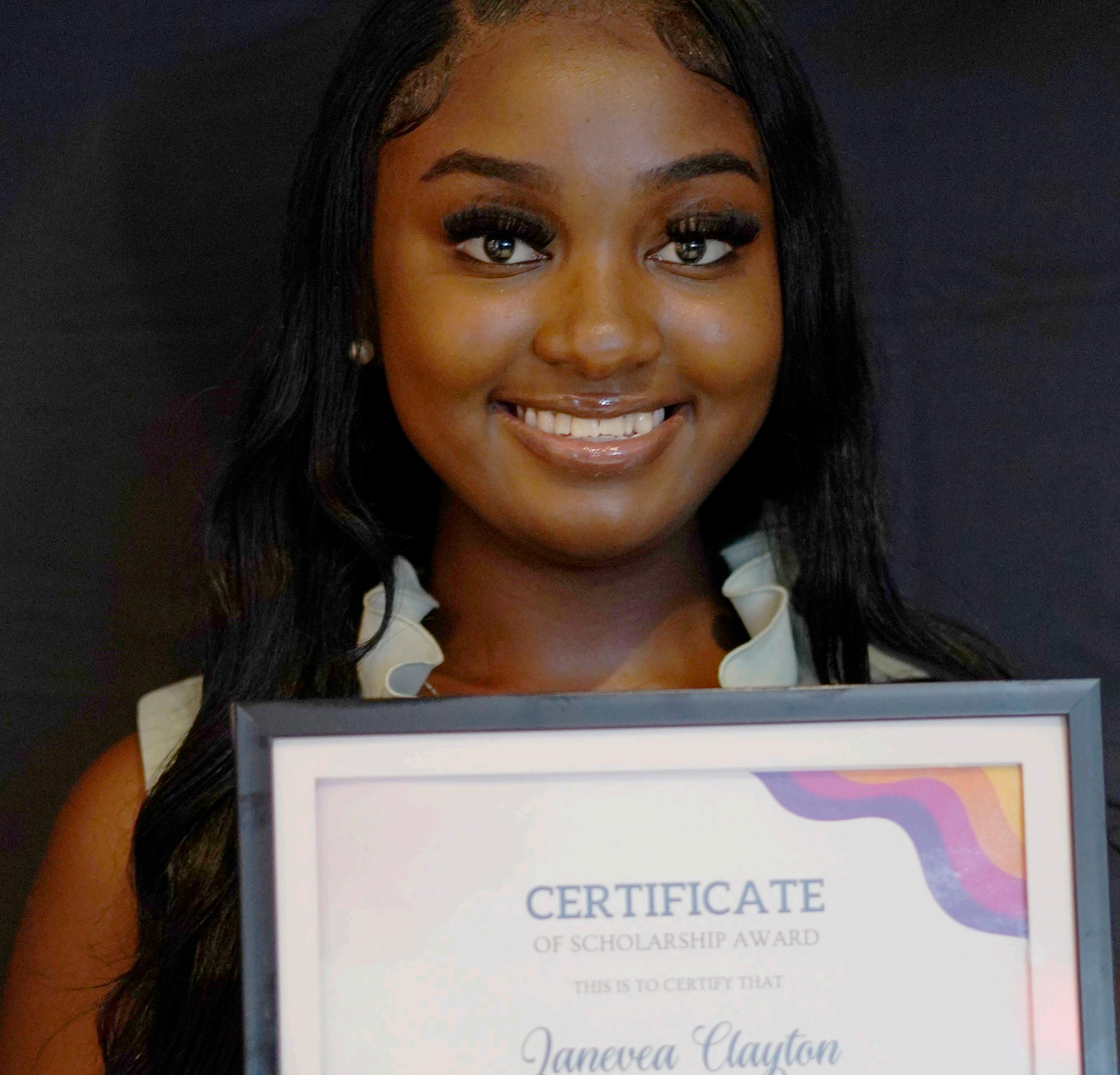
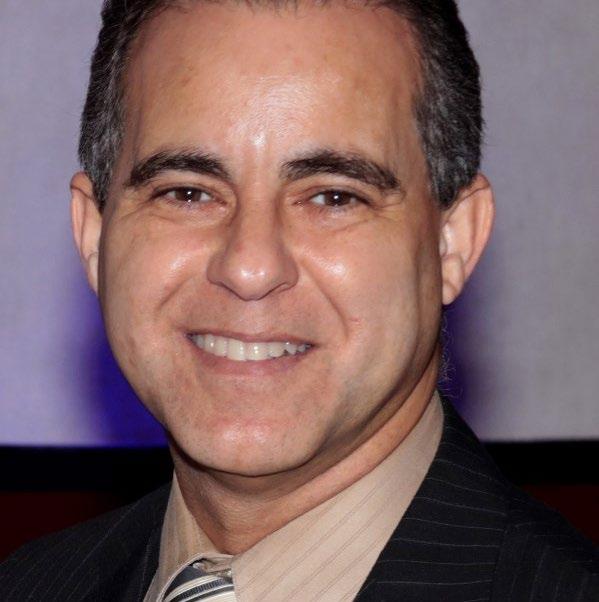
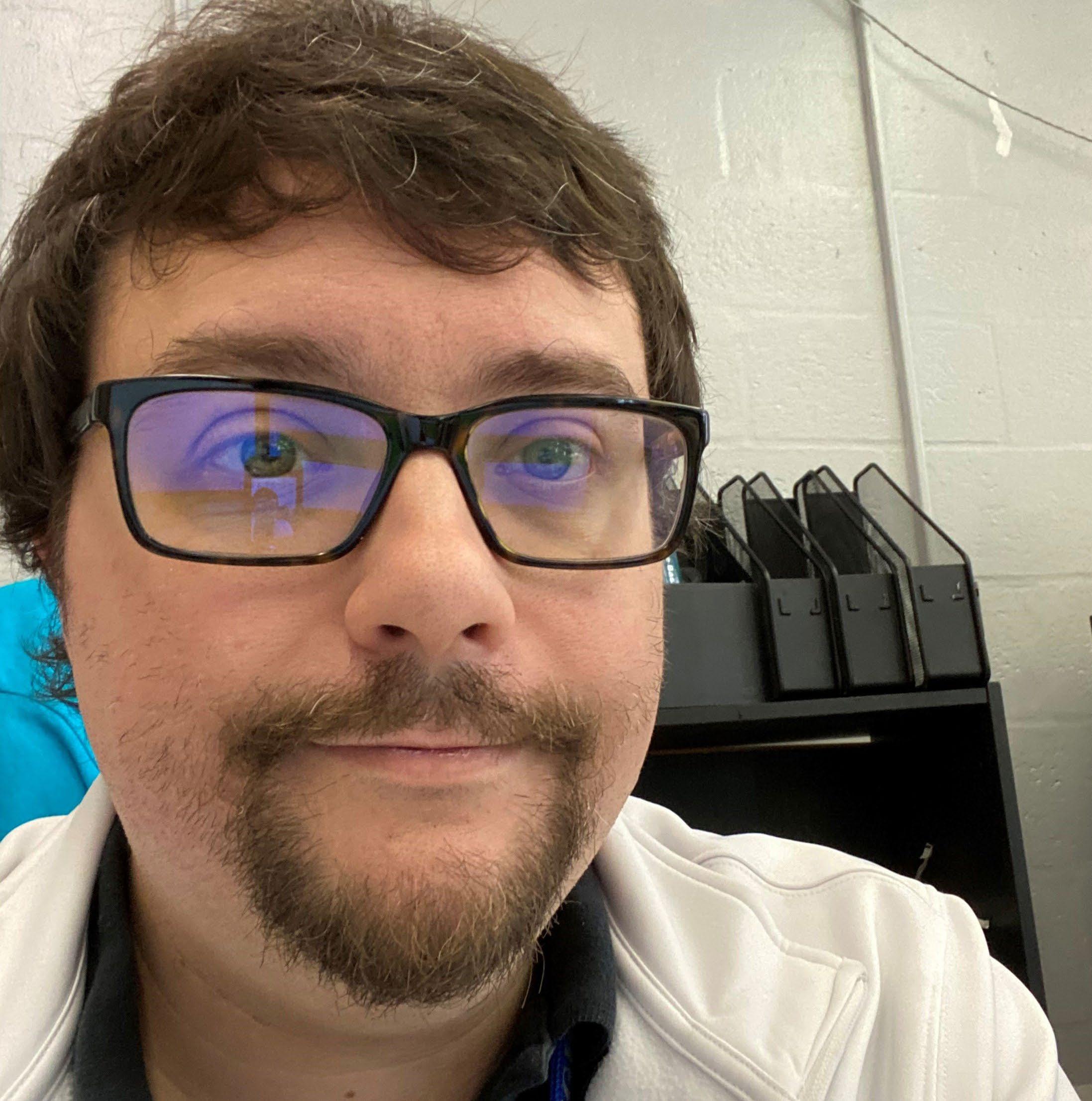
We celebrate the first graduating Seniors (40 total from 3 schools) to complete the Behavioral Health Technician Program in The School District of Palm Beach County. This curriculum (brand new this school year) was designed to provide high school students with the learning and experience necessary for them to pass the Behavioral Health Technician Certification given by the Florida Certification Board. Upon graduation the students can begin working in an entry level position while they work toward the 1,500 field hours required for the full Behavioral Health Technician certification.
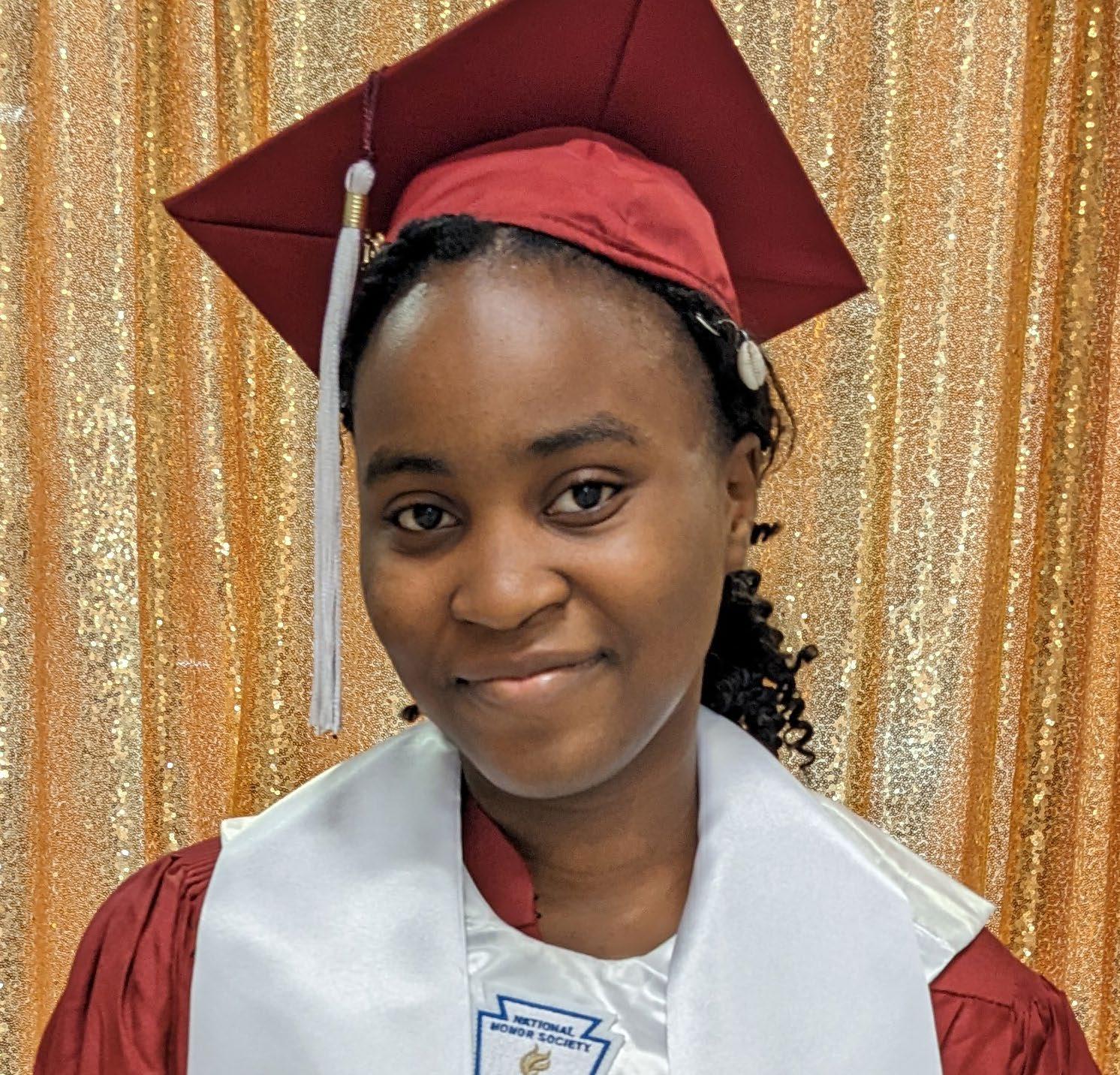

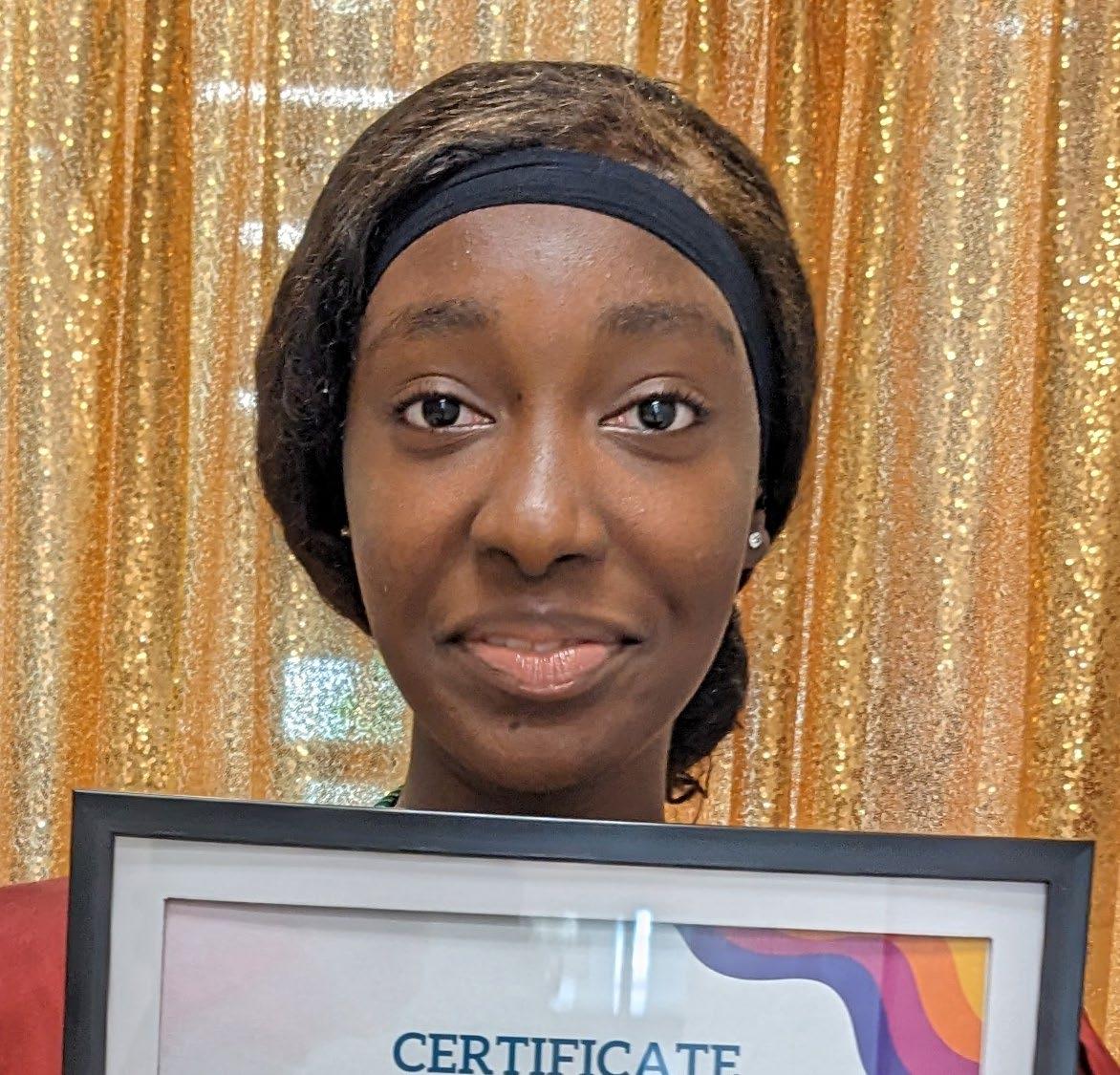
The Behavioral Health Technician Program is the first of its kind to be offered in secondary curriculum statewide. Developed in partnership with BeWellPBC and the School District of Palm

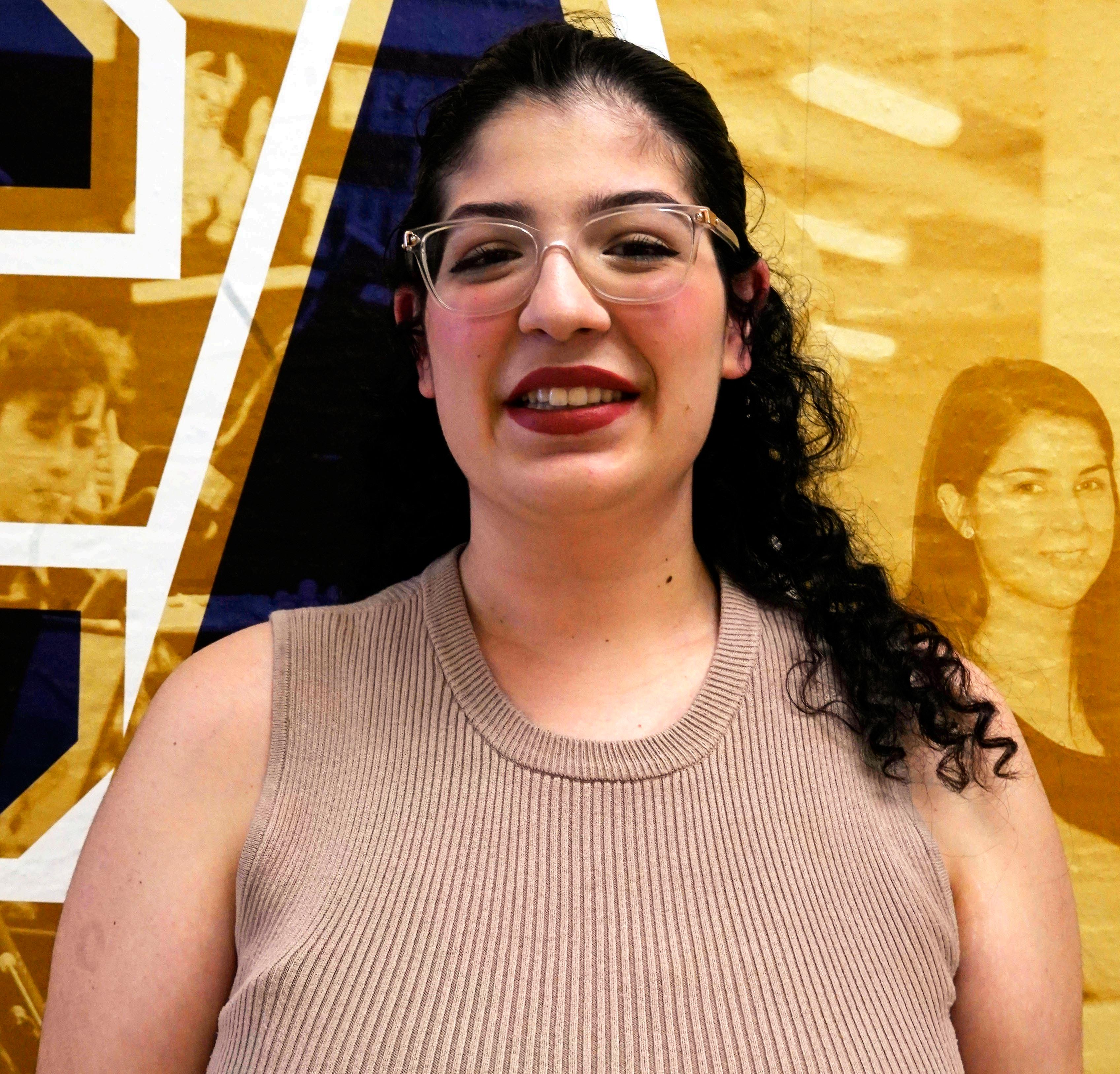
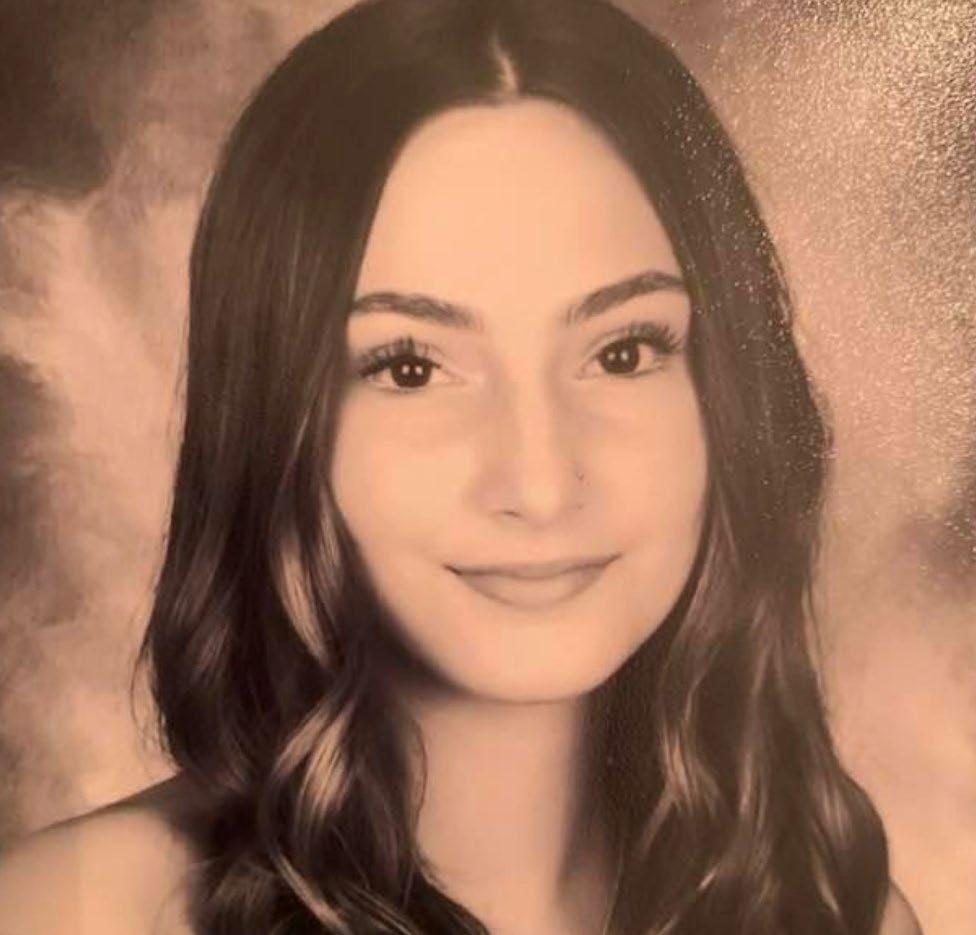
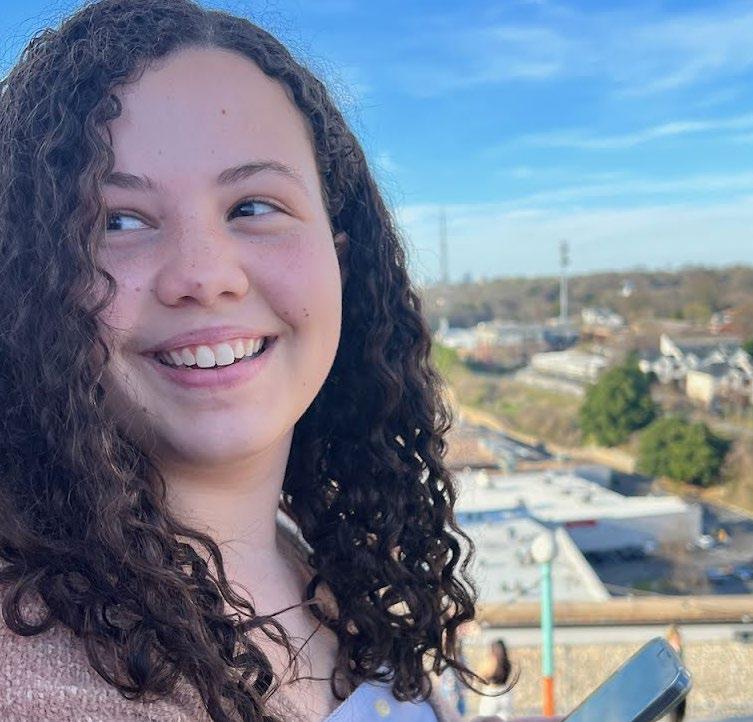
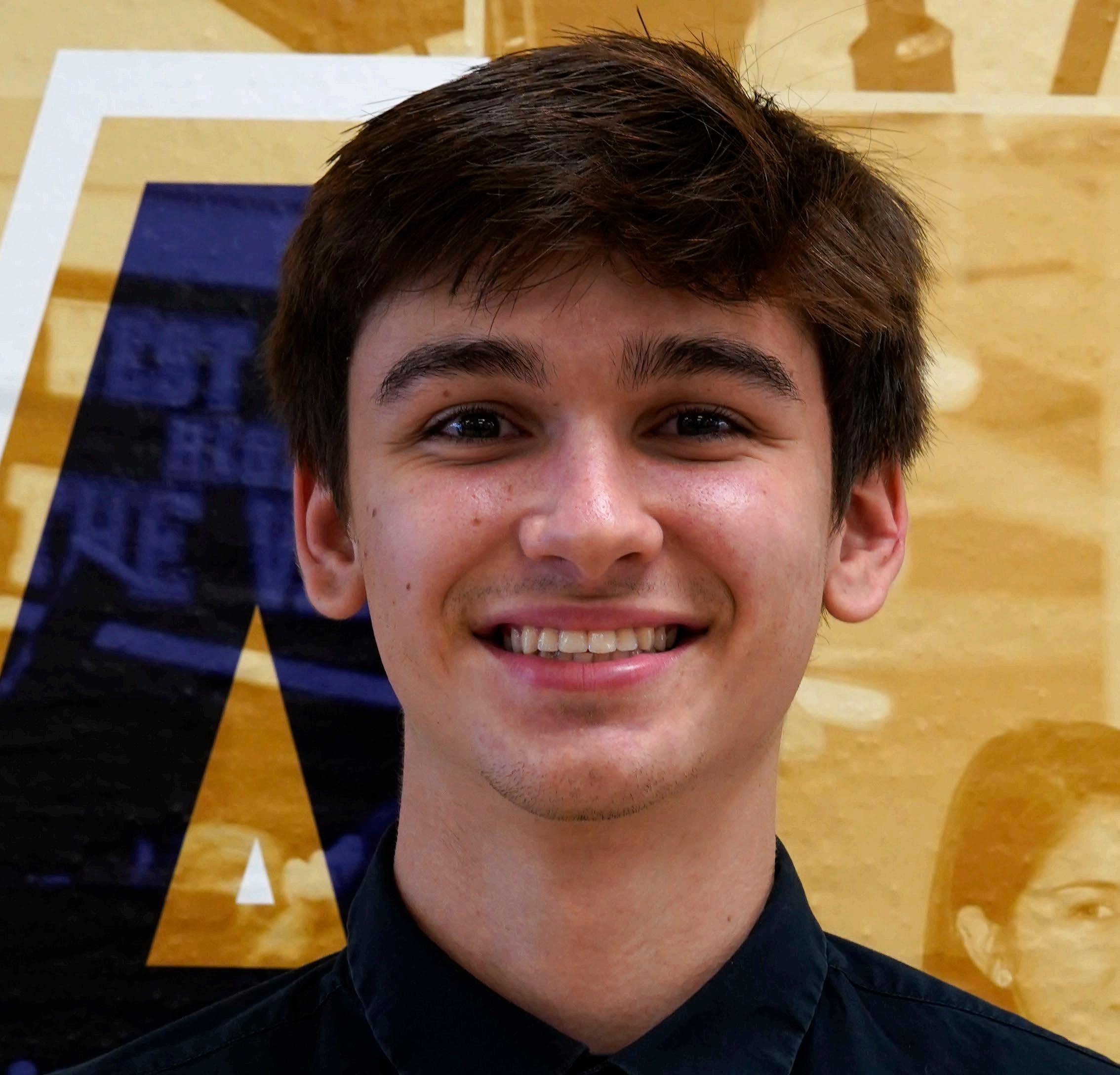
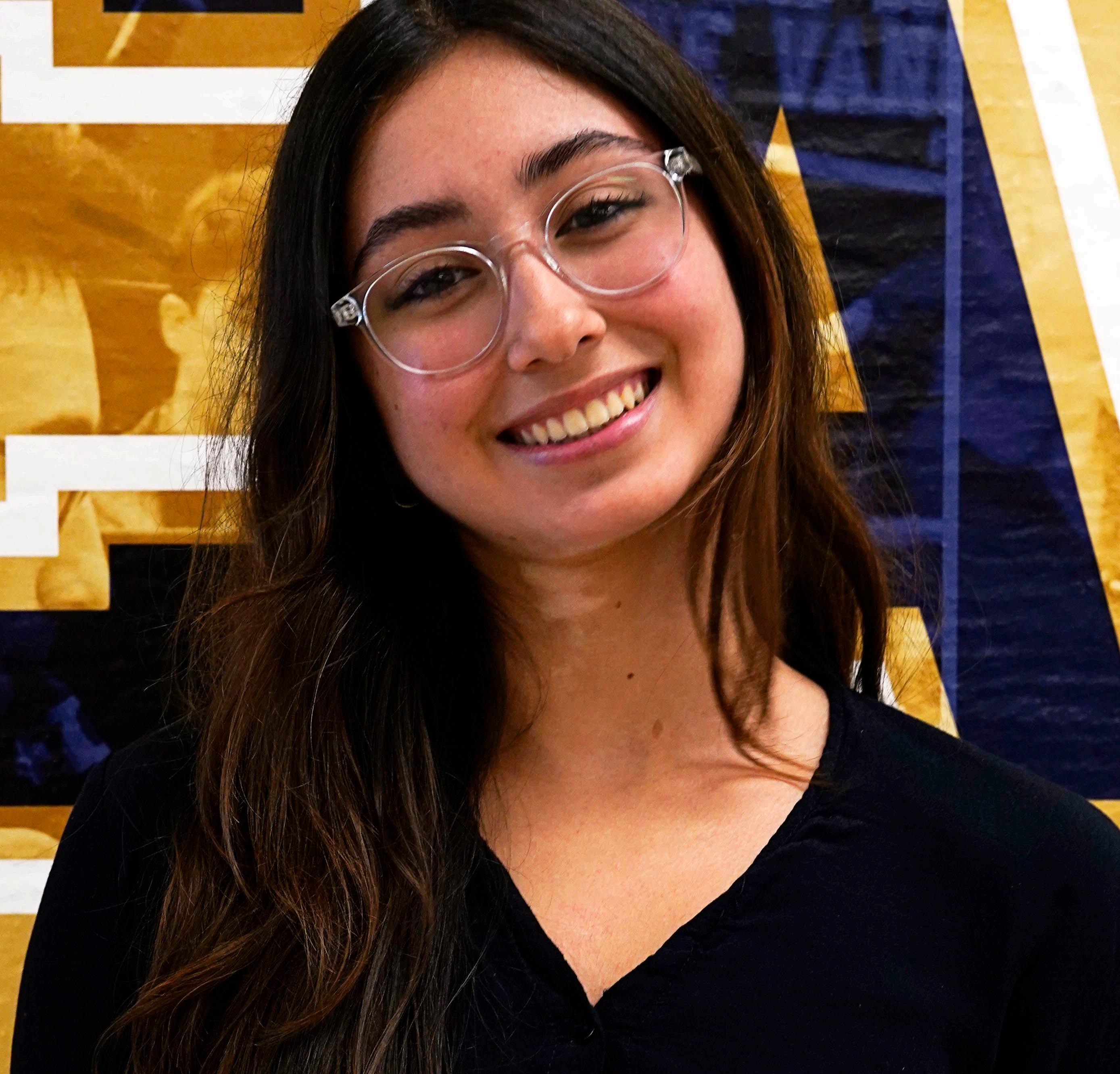
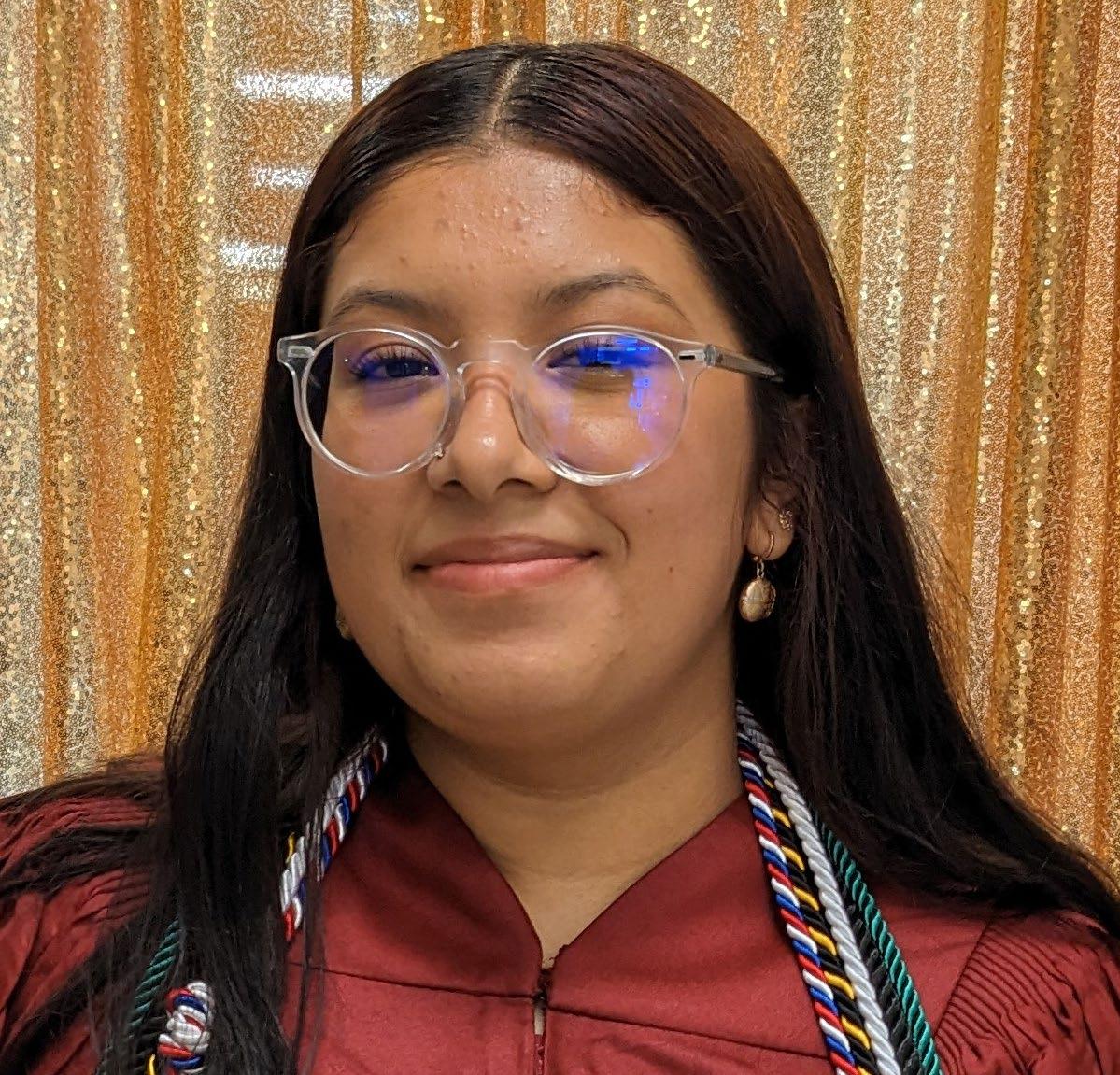
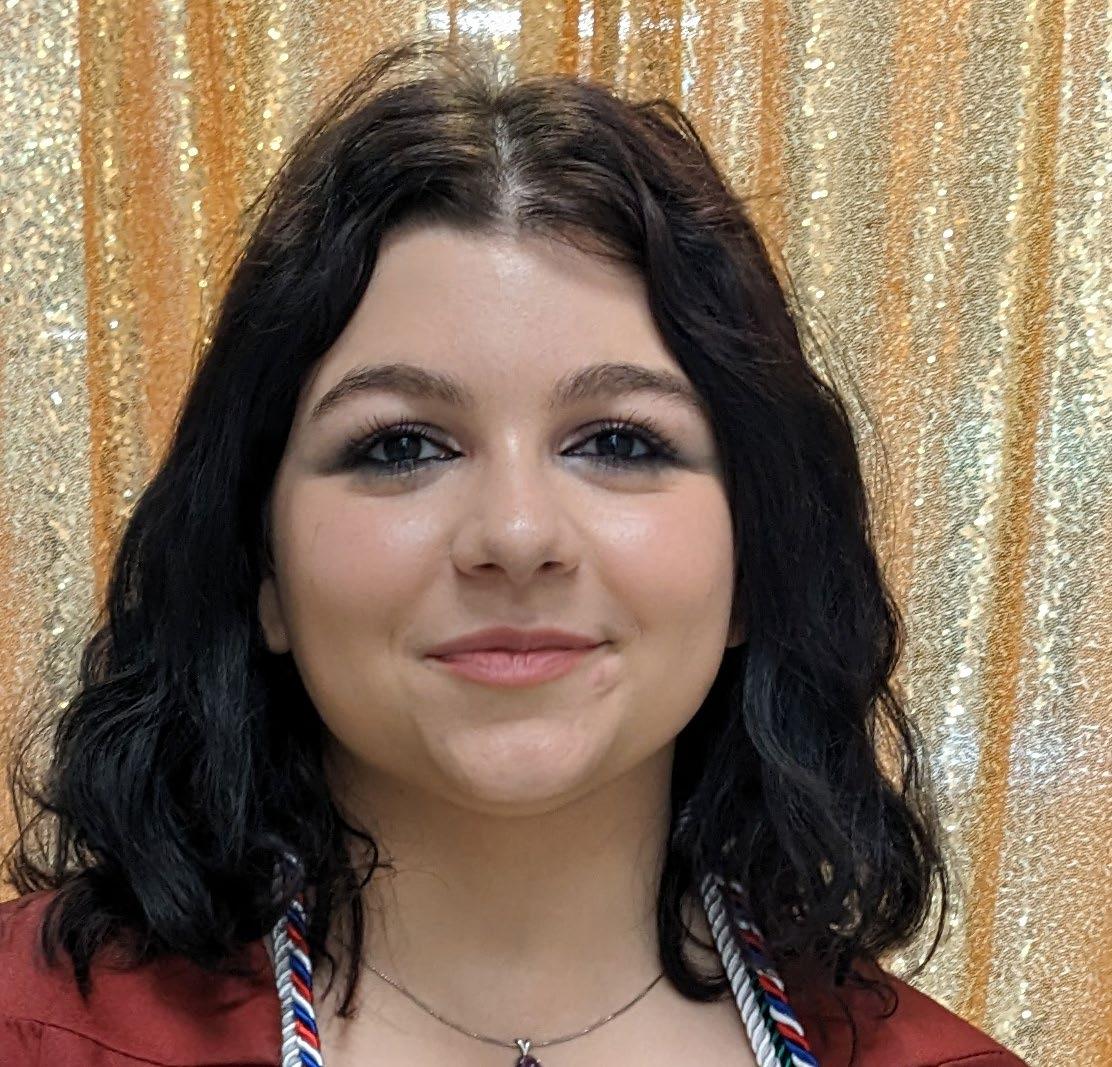
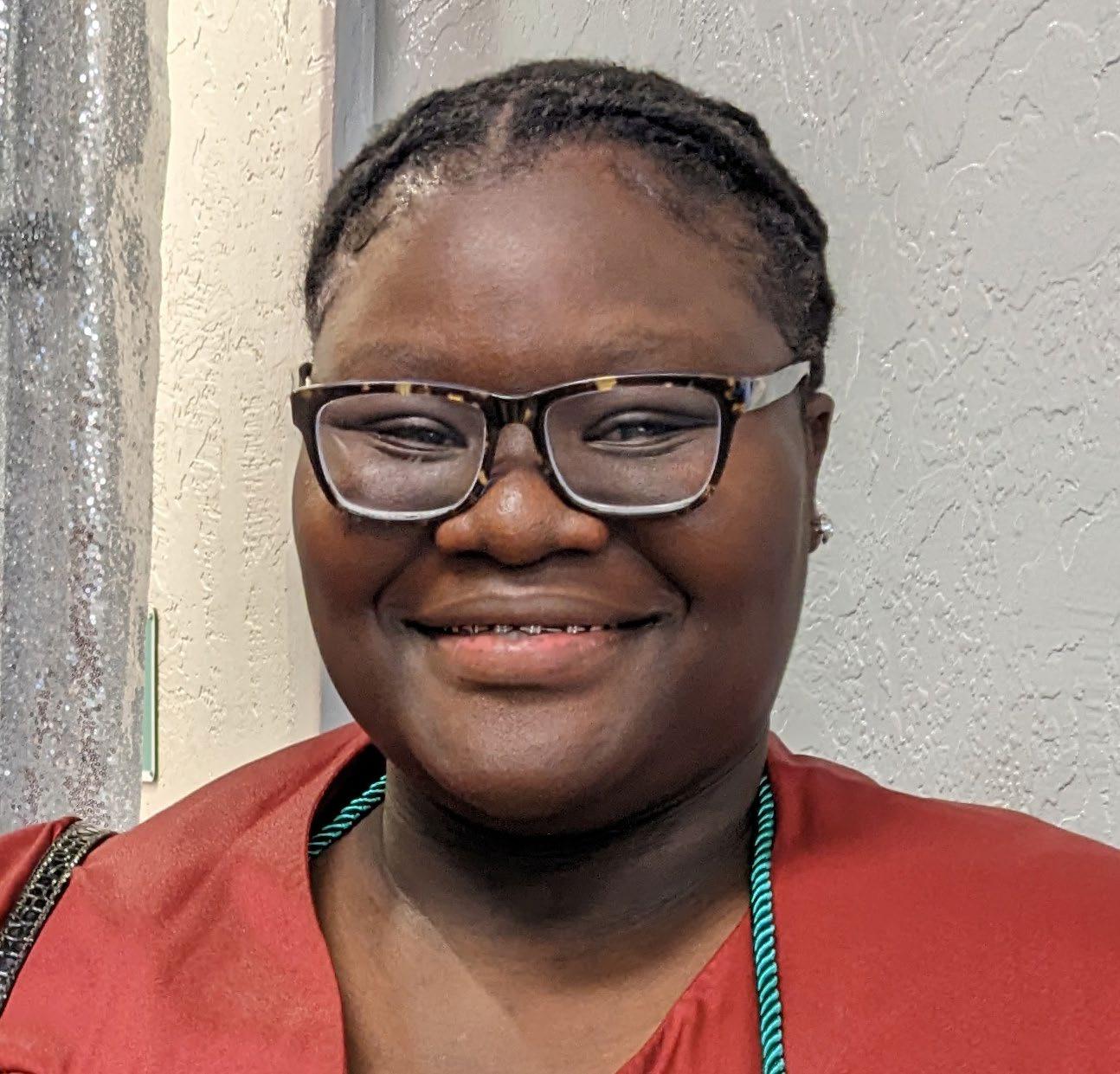
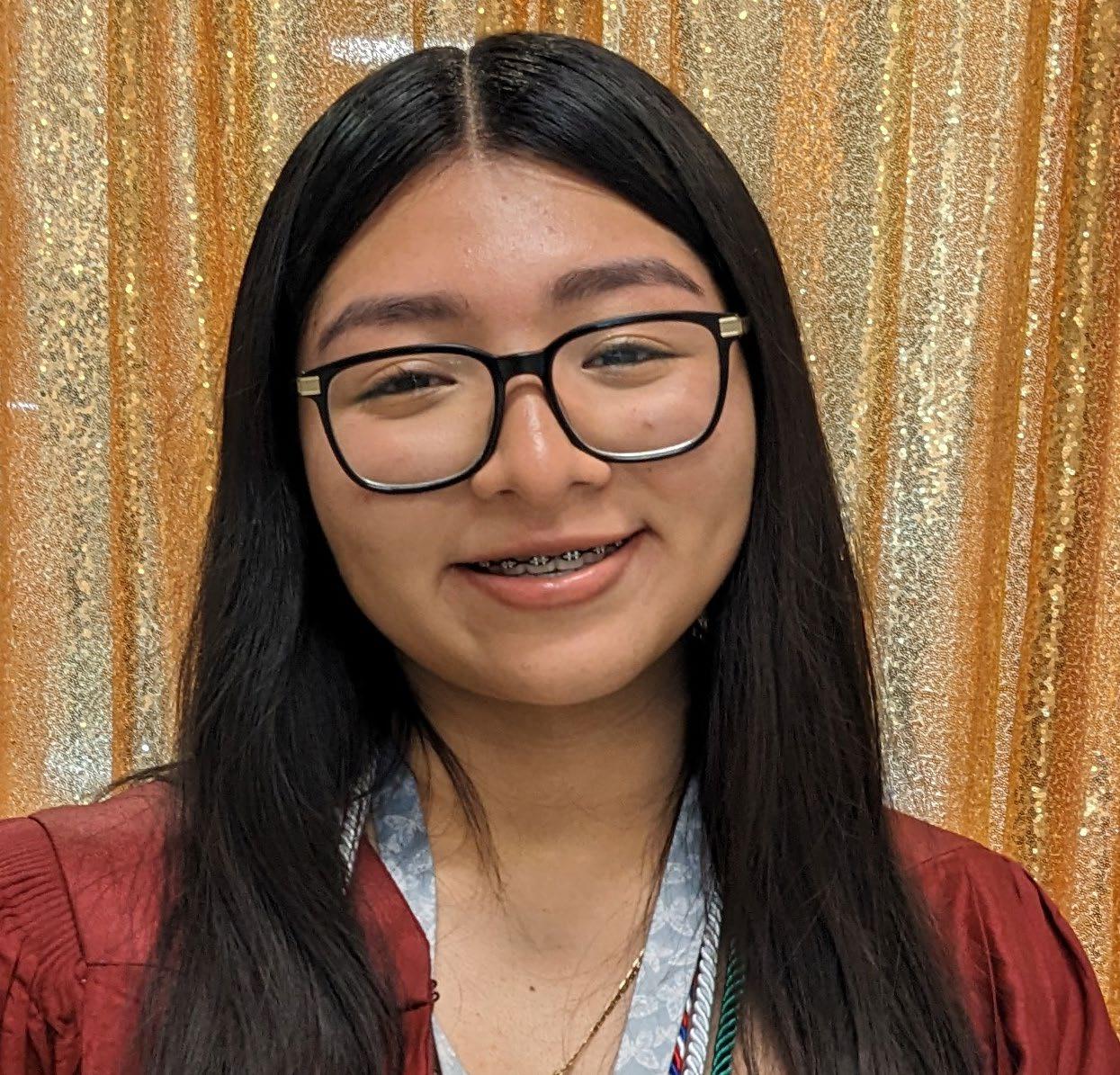


COMMUNITY HIGH SCHOOL
Beach County’s Choice and Career Options and Behavioral and Mental Health Departments, and included Palm Beach County Youth Services Department, CareerSource Palm Beach County, United Way of Palm Beach County, and several other partners.
With support from The Frederick A. DeLuca Foundation and Merrell Family Foundation, BeWellPBC was able to present 21 Seniors with scholarships to support their path to college, to their first job in the field, or as they enter the military. We salute the School District staff who were instrumental in developing the program, the teachers instructing and supporting the students in their first steps in their career journeys, and the students for blazing the trail.
COMMUNITY HIGH SCHOOL
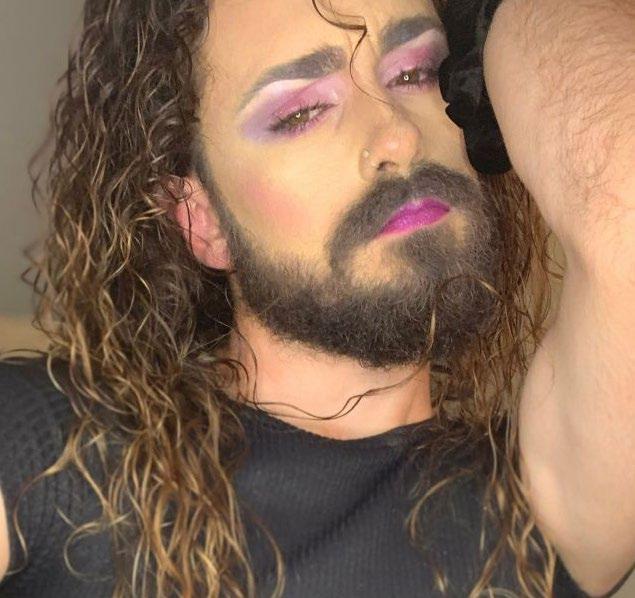
I celebrate by trying to things that support the community. I also try LGBTQ businesses in
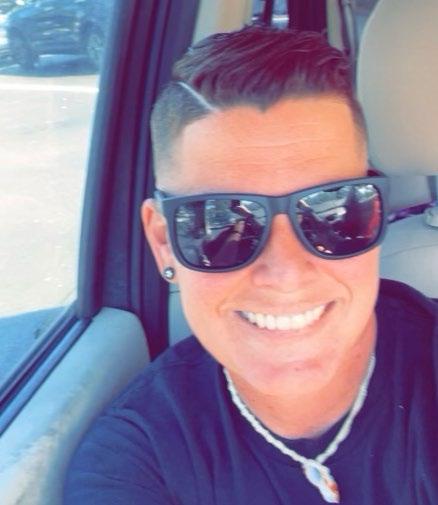
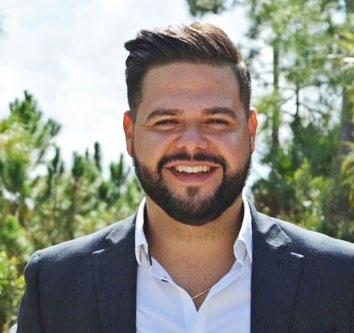
“America needs our help politically because they are trying to eradicate LGBTQIA+ people out of existence. Love will always win when holding your pride high! Celebrating my queerness all year round. Fighting the fight and showing up for my communities!”
“Pride is for everyone, and I will be embracing who I am, wholesomely. Expressing gratitude to the powerful leaders in our history that have shaped and inspired our community. Serving as a champion for tolerance, acceptance, and understanding to create inclusion and belonging. Allyship and advocacy in honoring one’s own identity, sexuality, and heart at all times.”
to go to any local the LGBTQ to support the any way I can.
Pride means accepting your authentic self and that is especially true, now more than ever. Many cities hold Pride parades, festivals, and other events to celebrate LGBTQ+ culture and raise awareness . In Palm Beach County, we are very lucky; there is so much to do during the month of June to celebrate LGBTQ+ pride in a welcoming and affirming environment. I’m especially looking forward to enjoying Compass’ Annual Stonewall Ball on June 24th as Compass will be celebrating its 35th birthday in a fabulous way in the theme “Back to Our Future.” Think of it as gay prom for adults!
As a cisgender lesbian woman, I always try to educate myself about LGBTQ+ history, culture, and issues. What’s most important to me is learning about the different intersectionalities we live in and acknowledging the experiences of LGBTQ+ people of color, transgender individuals, and those with different abilities. Showing your support as an ally needs to be so much more than displaying Pride flags or wearing symbols on your t-shirt. It’s about putting aside our differences, finding our commonalities and showing up (and standing up) for each other when we need it the most.

The most important thing to remember is Pride month is about celebrating and supporting the LGBTQ+ community, promoting equality and prioritizing inclusivity for all. If you choose the events, activities and people that align with your personal values and interests, you will see the joy in the communities we live in and acceptance of you-just the way you are.
I am proud to be an ally of the LGBT community and plan on celebrating Pride this month by attending the Pride on the Block event during the weekend of June 2 in West Palm Beach.
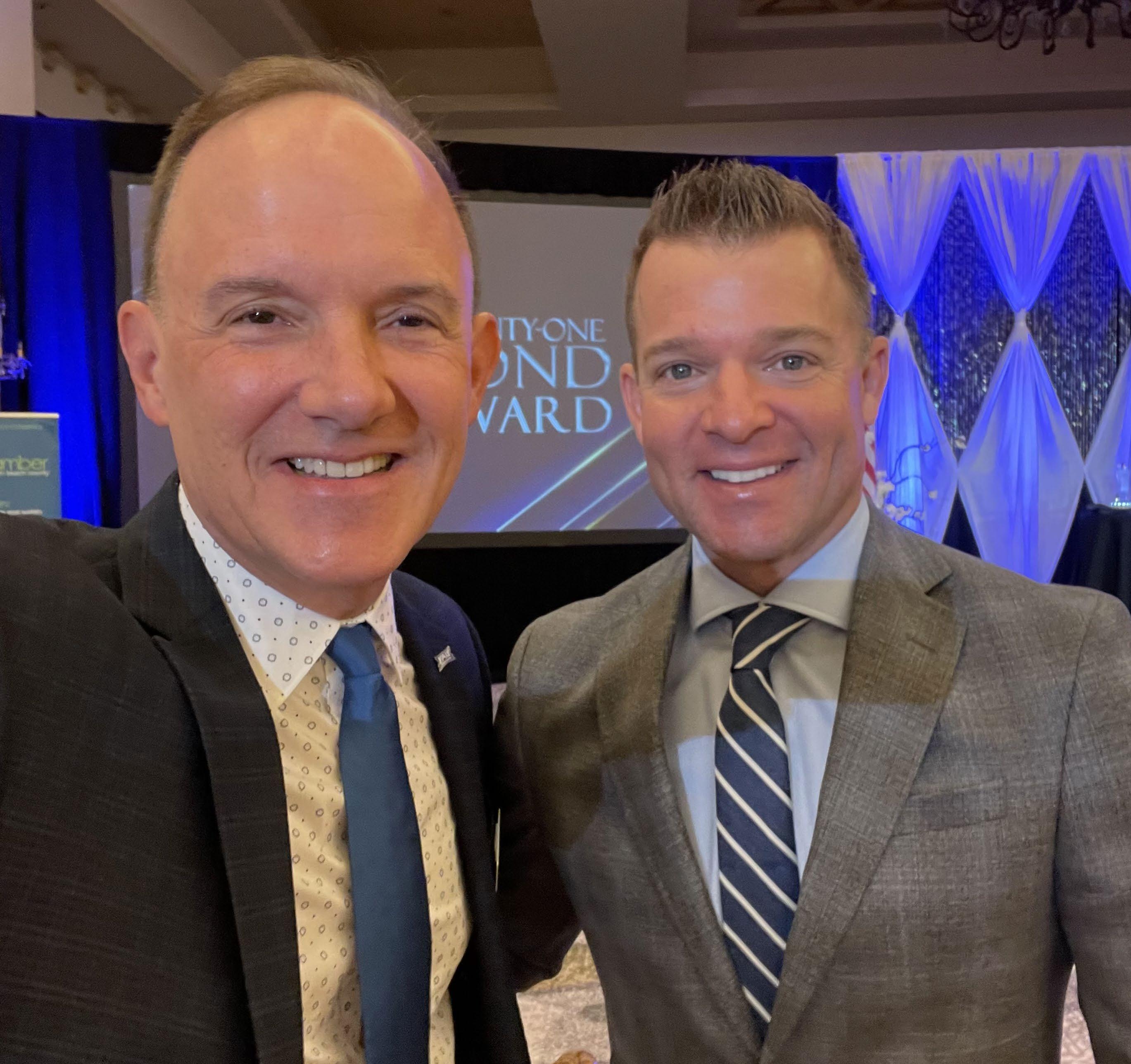
I was raised in Palm Beach County and am proud to stand for our inclusive values of love and acceptance and hope everyone will come out and celebrate with the community.
PETER CRUISE WEST PALM BEACH @PETER_CRUISE_WPB JULIE SEAVER EAST LAKE WORTH BEACH @JULIEASEAVERTo have your voice heard from your corner of the neighborhood, send an email to thewell@bewellpbc.org with “Corner Talk and north, central, south, east or west” in the subject line.
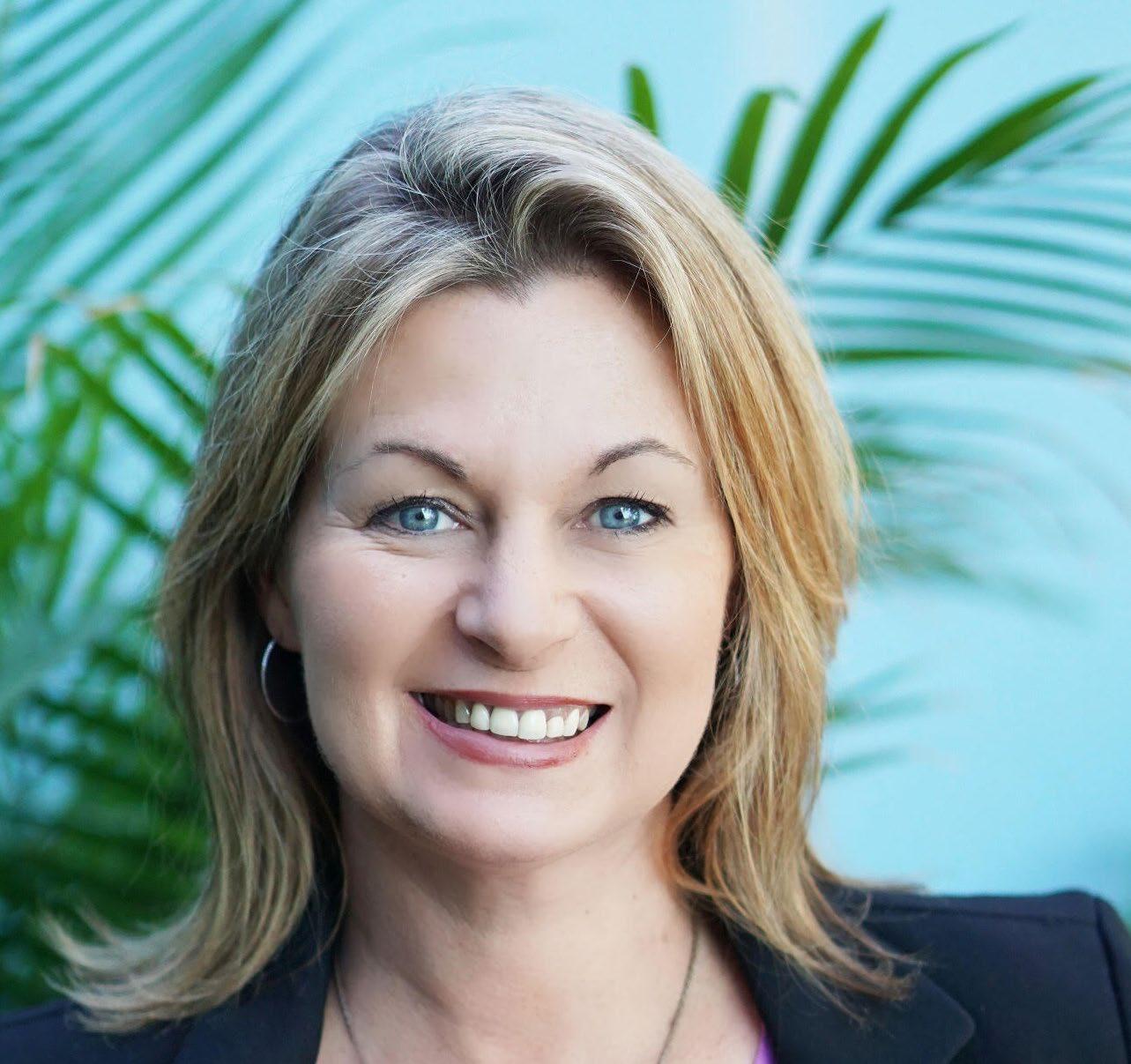
For people under 50, overdose is the leading cause of death in America and around 300 Americans die from it daily.
That is the equivalent of two 737 aircraft crashing every day and everyone onboard dying.
It is truly a sad and alarming statistic.
Something must be done to change this.
But this begs the question: What can be done to prevent thousands of people from losing their lives each year to addiction?
The twelve-step fellowships (Alcoholics Anonymous, Narcotics Anonymous, Cocaine Anonymous, etc.) emphasize unequivocally that the alcoholic or addict’s life must be surrendered to a Higher Power and a “spiritual experience” must occur.
The Big Book of Alcoholics Anonymous describes a spiritual experience as a “personality change sufficient to bring about recovery from alcoholism.” It also says that it “manifests itself in many different forms.” This means that the experience is unique for each person.
Many people turn to God while others find freedom by creating their own version of a Higher Power.
For those who walk this journey with Jesus, this change is often referred to as being “born again.” When a new addict or alcoholic begins this recovery journey, many come with a straightforward goal to just stop using. They simply want the insanity to end. However, most never dream that staying sober would mean they only need to “change one thing, and that one thing is everything.”
The whole program of recovery is about removing us from the center of the story. This is where the Recovery Church Movement comes into the picture.
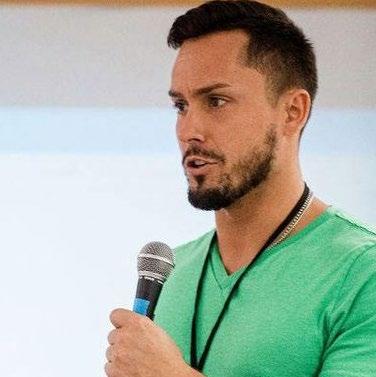
Recovery Church Movement (RCM) is a network of churches reaching and training those in early recovery to grow in their faith and healing.
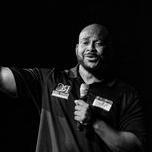
RCM is a bridge between the 12-Step Fellowships and the Church. At Recovery Church, they refer to this “removing ourselves from the center of the story” process as 12 Steps, One Goal.
The goal of recovery is not just to stop using drugs and alcohol. While this may be a great benefit, it is not the goal.
Step Twelve: “Having had a spiritual awakening as the result of these steps, we tried

to carry this message to alcoholics and to practice these principles in all our affairs.”
The result of these steps is a spiritual awakening that is lived out and shared with others. The goal of Recovery Church - and one might argue most twelve-step fellowships - is for God’s people to return to Him.
The journey isn’t about us. It’s about Him.
Recovery Church has weekly services that allow the addict and alcoholic to hear a powerful message that connects recovery and faith. This message is accompanied by a magnetic community whose common goal is to continue to grow together and help the newcomer along the way. Oftentimes, this is accomplished through sponsorship and discipleship. This constant accountability and desire to further one’s recovery and faith have proven successful.
Each of our Recovery Churches are witnessing people find a path of recovery and begin helping others do the same.
There are over 45 Recovery Churches, in 18 states, with 25 locations in Florida alone.
In attendance are thousands of addicts and alcoholics whose lives have been restored from a “seemingly hopeless state of mind and body.”
The founders of twelve-step programs like Alcoholics Anonymous focused heavily on a spiritual experience. They taught that this spiritual awakening was of the utmost importance for long-term recovery. They encouraged those on the journey of recovery to “Be quick to see where religious people are right. Make use of what they offer” (p. 87, Alcoholics Anonymous).
Recovery Church Movement has found a way to continue to bridge the gap between the church world and the twelvestep fellowships. We are seeing people achieve long-term recovery, with families and lives restored.
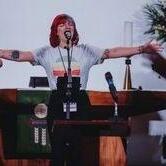

Whether you are a believer in Jesus or not, there is something to this spiritual component of recovery that should not be ignored, and Recovery Church is a safe, welcoming community for people to explore theirs.
The Depth is a space for faithbased leaders and individuals to share their thoughts, guidance, encouragement, what they’re witnessing, and more. To contribute, send your article ideas to thewell@ bewellpbc.org with “The Depth” in the subject line.
Staying sober would mean they only need to change one thing and that one thing is everything.
“ ”Worship team performing at RC Delray Beach
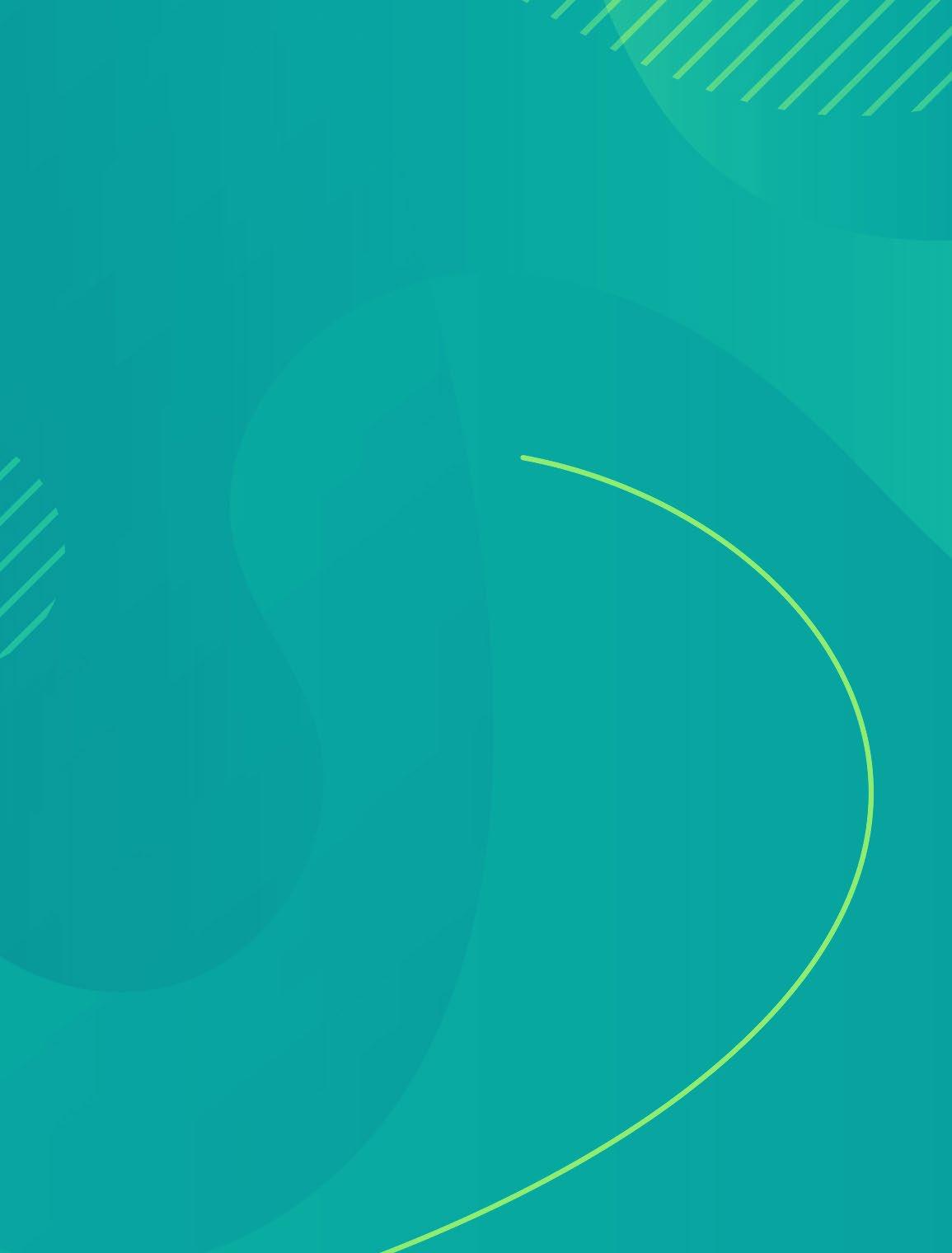
Addiction has challenged the human experience for as long as we have recorded history but addiction is an entirely preventable condition. We know it can be prevented because people that recover from addiction tell us what it takes to keep addiction at bay.
We have ongoing data that measures and estimates the rates of addiction, numbers of overdoses, and the economic costs of the problem. We have committed to measuring the problem, which can be an indicator of success if those numbers start going in the right direction.
Recovery or Resilience Capital can be the measurement framework to meet this task and shift us from a problem-oriented mindset to a solution-oriented mindset.
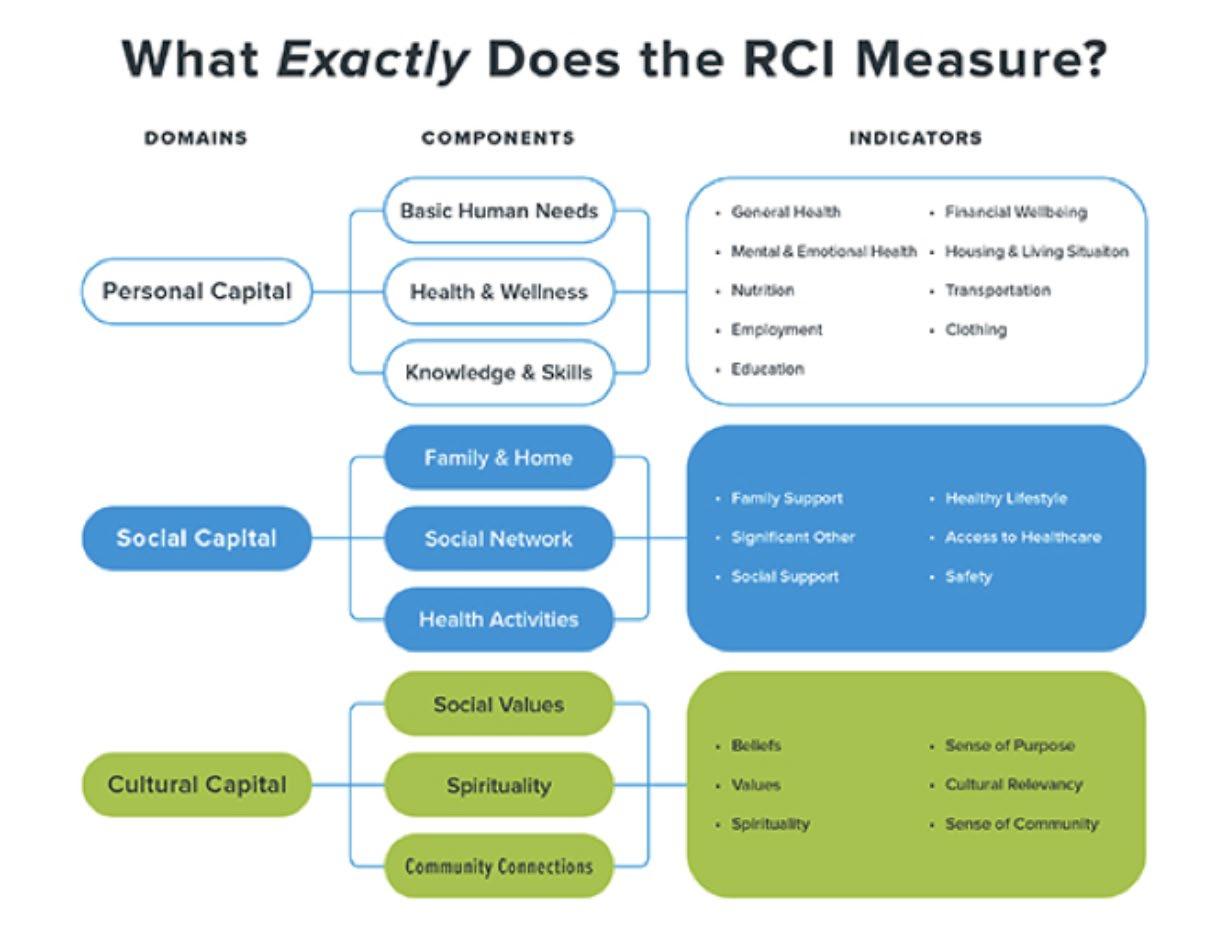
Resilience Capital is the combination of personal, interpersonal, and community resources that a person can access and draw up to pursue and sustain a good quality of life. Resilience capital represents a growth mindset.
Resilience Capital is an offshoot of recovery capital – a word coined in 1999 by two social science professors and clinicians. It was born from the question: why is it that some people deeply affected by addiction never go to treatment nor spin through the revolving door of treatment and recovery but nonetheless get well and ultimately thrive?
What they learned through their research was that these people had more “recovery capital”, or a greater combination and activation of resources generally found in all communities but oftentimes the resources do exist, they just aren’t tapped into or activated in a meaningful way.
The primary measure of recovery success was abstinence.
Immense focus, energy, and program design were directed toward the idea of sober first, everything else after. But research was beginning to confirm a more
holistic and compassionate way of thinking. Abstinence could still be the goal, but attainment would require simultaneous efforts to build new skills, secure stable employment and housing, and make meaningful social and community connections.
Mainstream healthcare calls this a social determinants of health approach.
Like social determinants of health, resilience capital is a comprehensive framework of various indicators or elements. It respects the entire presence and experience of a person.
We set out to learn from all the experts around the world who were measuring quality of life, happiness, and well-being.
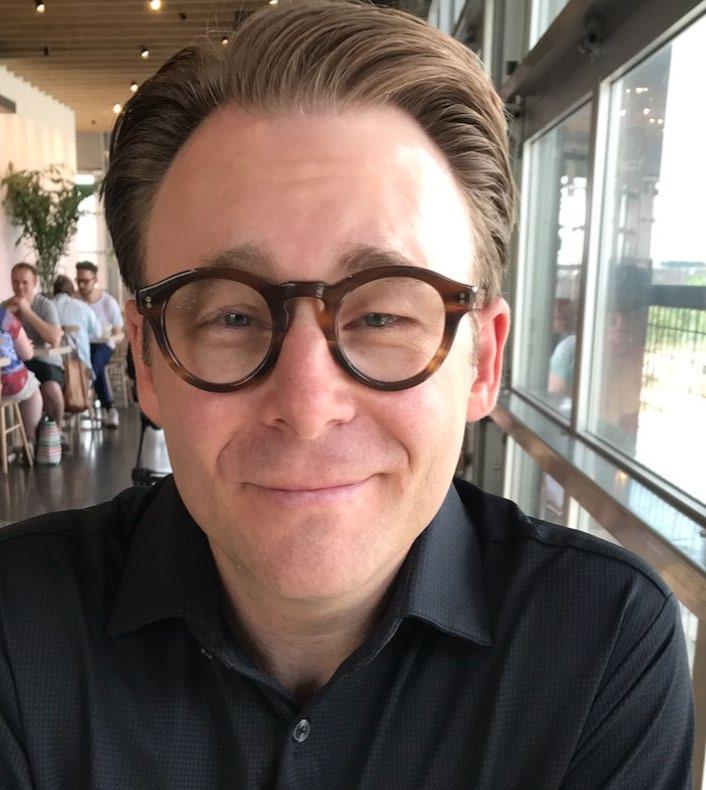
After four years of research and testing, we created the Recovery/Resilience Capital Index (RCI) – a comprehensive questionnaire that quantifies 22 indicators on a scale of 1 to 100. The RCI was subjected to scientific rigor in 2017 and found to be a valid and reliable measure of a person’s current state of recovery or well-being. The findings were peer-reviewed and published. [Source: Validating a Survey for Addiction Wellness: The Recovery Capital Index]
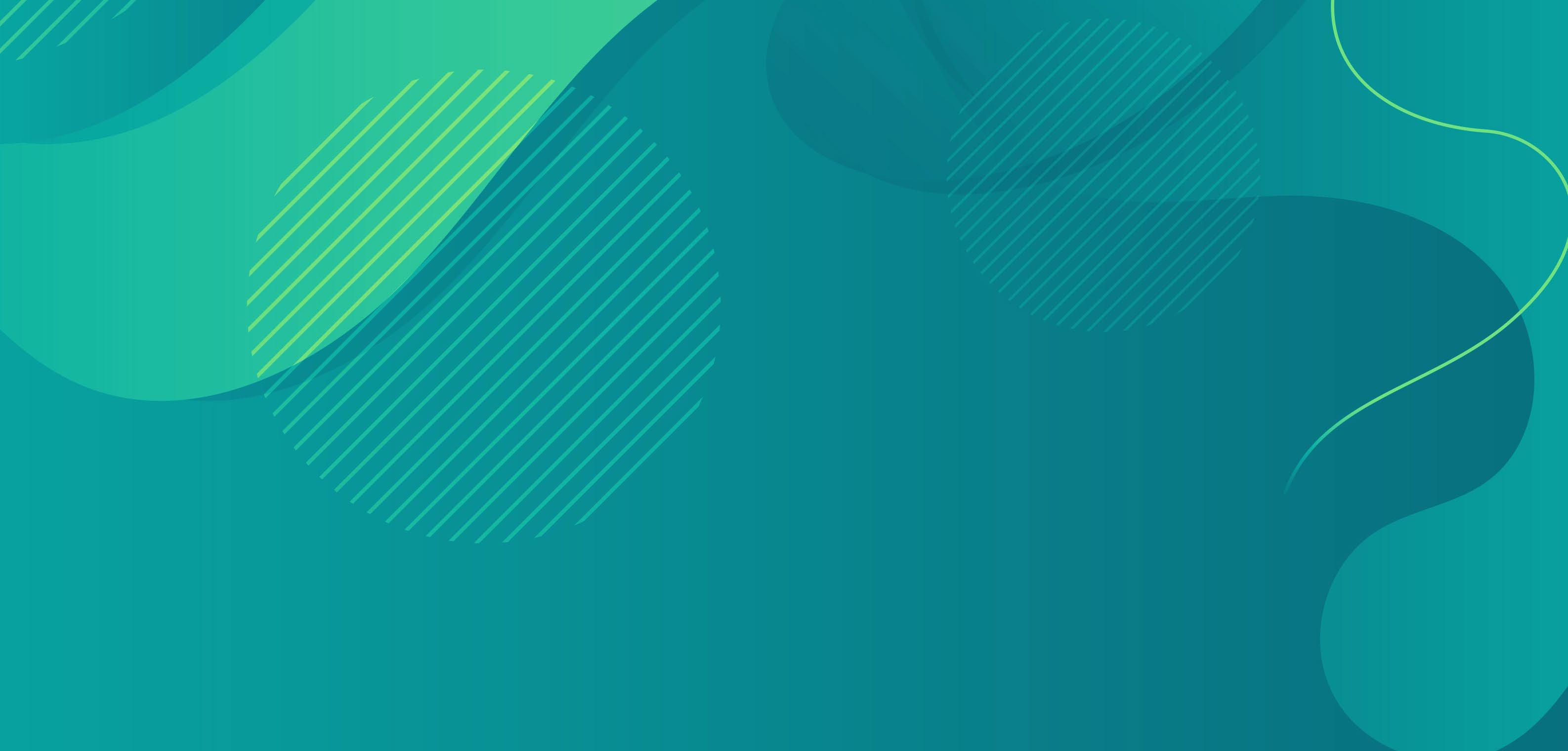
Many of these resources are being developed and have expanded throughout Palm Beach County since 2020. [Source: » Study of recovery community organization participants over time shows peer-based recovery support activities are associated with modest improvement in recovery capital (recoveryanswers.org)]
Immense focus, energy, and program design were directed toward the idea of sober first, everything else after. But research was beginning to confirm a more holistic and compassionate way of thinking. Abstinence could still be the goal, but attainment would require simultaneous efforts to build new skills, secure stable employment and housing, and make meaningful social and community connections.
The chart below shows the trajectory or growth of recovery capital of individuals who engage with treatment and/or recovery supports in Palm Beach County for 4-6 months relative to a national average.
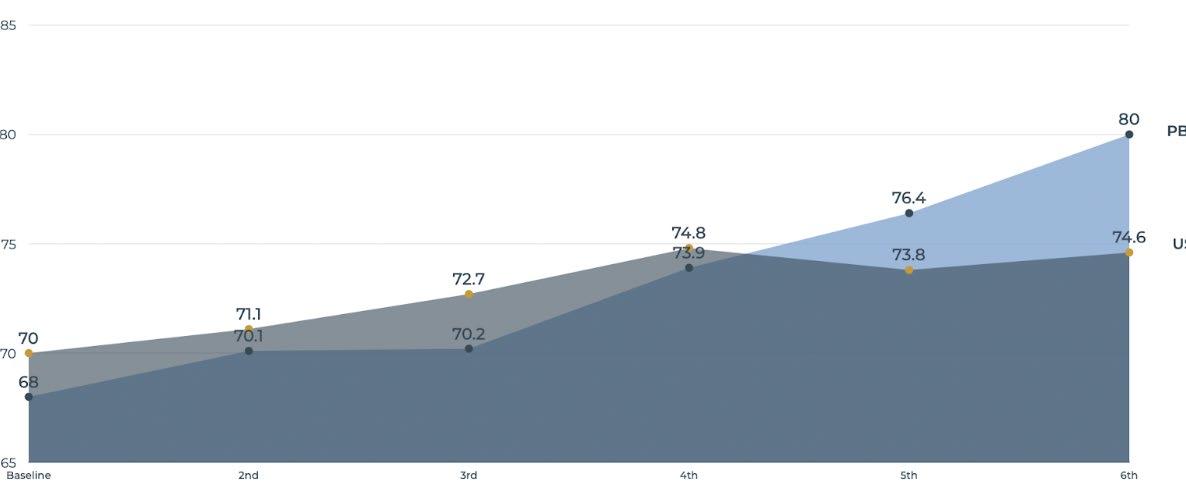
Imagine your community. The first thing it needs is a baseline measure of its collective resilience capital. What is its scorecard of assets? How are the assets distributed across the community by zip code, census tract, and demographic characteristics? Then every few months or annually, we measure a statistical sample again. Commit to this process for 3 to 5 years. The community will begin to see trends and leading indicators. Correlations will appear and best of allthe entire community contributes to the solution.
And as a Palm Beach County resident, you’ll get the opportunity to do just that.
In September, we will be expanding our work with the Palm Beach County Community Service Department to launch a county-wide awareness campaign and Resilience Capital Index survey.
A resilience capital strategy such as this will not just move the needle on addiction in a community. It will have ripple effects on poverty, homelessness, social justice, and income inequality. But we must measure more than just the problem. We must expand our view and also commit to taking action on bold, data-supported solutions.
If you’d like to learn more about the RCI and even take the questionnaire, text BEWELL to 833.280.3781.
The Word is a broad topic space for contributing writers (a.k.a the community) to share your stories of behavioral health or anything self-care related i.e. fitness, health, educational, parenting, hobbies, wellness, etc. To contribute, send your article ideas to thewell@bewellpbc.org with “The Word” in the subject line.
Life happens around the dining table - whether it’s sharing a meal with loved ones, a heartfelt conversation, holding hands in a prayer of gratitude or just a chance to be together.
“In short, eating brings people together. Our organization functions similarly to a dining table in that it brings everyone together and allows for open dialogue,” said Patrick Livingston, founder of Arms of Hope - a Lake Worth Beach-based non-profit organization which includes a free, full-service restaurant (Above the Sea) and food pantry whose mission is to, “rebuild hope where it’s been damaged or lost.”
“Every serving day, employees as well as family, friends, and members of the community pitch in to help guide and serve hot meals and groceries,” Patrick said. “By feeding the hungry through the Above
the Sea Restaurant, we find that people who are struggling, out of work, underemployed or recently reformed from drugs or jail are much more receptive to listening to Christian hope when their empty stomachs are filled.”
The genesis of Arms of Hope was when Patrick met a young man named Steve who was struggling with addiction. After surviving the trauma and pain of a serious car accident when he was young, Steve became addicted to painkillers.

“I saw him fight to keep his addiction going and doing whatever he could to make money to pay for his drug of choice,” Patrick said. “I watched how easily addiction can transform and influence one’s life.”
In the hopes of helping Steve become sober, his family introduced him to Patrick.
“Steve’s family was at odds with him, attempting to help him sober up and become the finest version of himself,” said Patrick. “As he began working with us, he began to shift his focus away from his addiction and toward our objectives.”
As he grew closer to Patrick and his family, Steve became more and more invested in the family business - a struggling restaurant - and saw parallels between his own struggle with addiction.
“I witnessed him fight his addiction and fight for my life,” Patrick said. “He devoted his entire life to saving the restaurant, and it became an extension of him. His parents were grateful for this interaction since they had spent a lot of time and money trying to keep him sober, and here comes this stranger who helped him stay sober for over a year for free.”
Steve’s parents showed their gratitude for Patrick by assisting the Livingston family with the initial funding for our first building for Arms of Hope Community Inc.
Now, Arms of Hope has expanded far beyond just feeding the hungry and includes community effort on a much broader scale such as small construction projects, shelter, community awareness and educational opportunities. Patrick’s hope is for Arms
of Hope to expand beyond the borders of Lake Worth Beach.
“I would like to see Arms of Hope contribute to other communities as much as we do the Lake Worth region, if not more,” he said. “With all of the recent hardships we’ve had such as COVID-19, food scarcity, job loss and struggles with addiction, we use food and consumables to strengthen the community and lighten the strain. But the ultimate goal is to see our group develop and aid other adjacent towns with their challenges with food, jobs, mental health and the other necessities of life.”
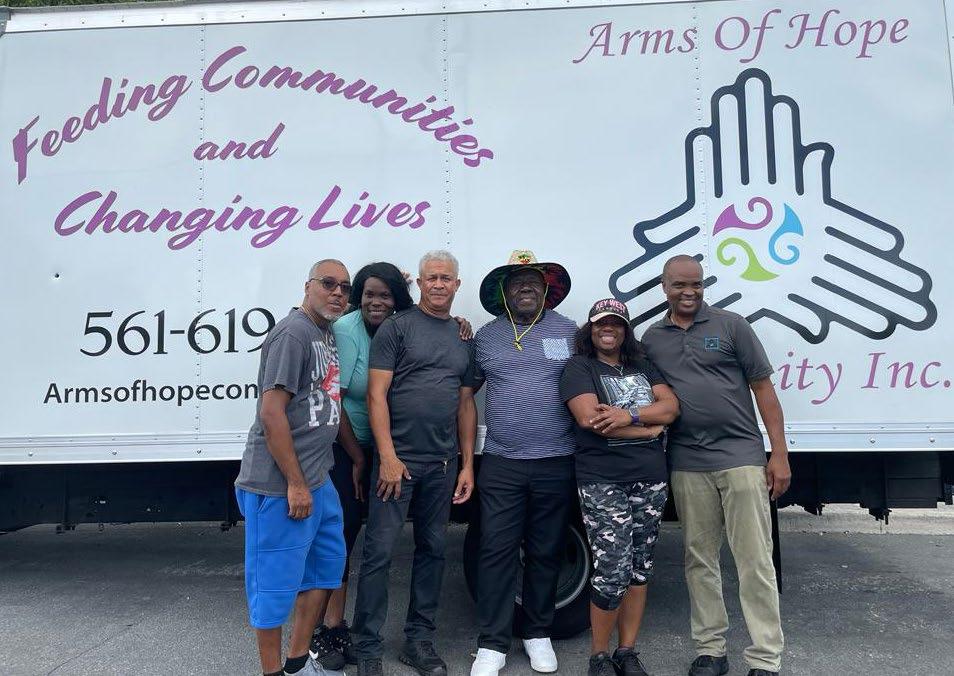
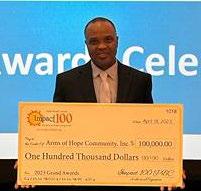
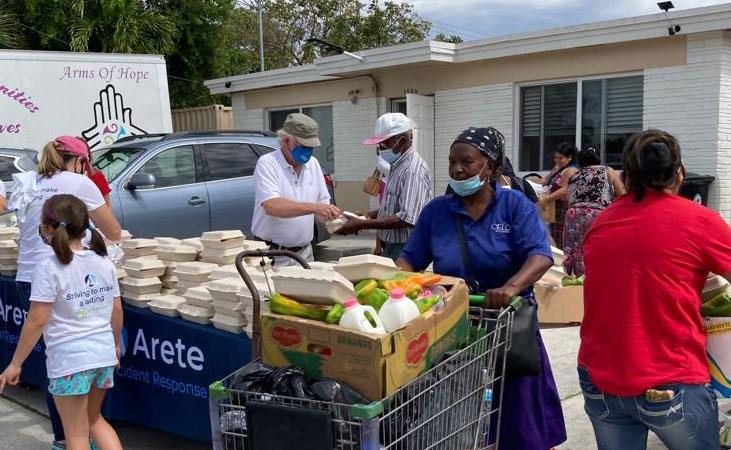
Serving the mental health needs of the community is foundational to the heart of Arms of Hope’s mission.

“My counseling endeavor stemmed from my management abilities, ability to listen and witnessing others make sacrifices for the sake of others. Working with others allows you to learn about their lives,” Patrick said. “Each narrative is crucial because it is what distinguishes them and defines who they are. One of the most fundamental lessons in counseling is that you cannot discredit or measure someone else’s story because it is unmeasurable.”
Patrick cites his unwavering Christian faith as the driving force behind everything Arms of Hope does.
“Our objective and goal is to assist individuals in need,” Patrick said. “We are only at our best when we are working together or for the benefit of others.”
Beyond The Couch highlights non-traditional mental health outlets and resources in Palm Beach County. To contribute, send your article ideas to thewell@bewellpbc. org with “Beyond the Couch” in the subject line.
Each narrative is crucial because it is what distinguishes them and defines who they are. One of the most fundamental lessons in counseling is that you cannot discredit or measure someone else’s story because it is unmeasurable.
When you share your stories, you give someone a chance to stand in your shoes and see the world from a different perspective.
Sharing their stories on a monthly basis, PBC’s Peer Leadership Council meets once a month for fellowship, advocacy, education, networking and to work together to destigmatize mental illness.
The Well of PBC spoke to peer leaders Joey Nieves and Allie Severino about their role as peer leaders, the importance of sharing their stories, elevating the voices of others, communicating with empathy and their hopes for the future.
Describe your role and responsibilities as a Peer Leader
Joey Nieves: I don’t do this for glory or fame or monetary gain. I do this because I want to watch. I want to watch the clients that we serve.
It’s like saying, “I’m just like you. I just happen to be a leader in this space. And any input you have is something that’s very important to me.”
And that is the ultimate reason why I do the work that I do. It’s more to love others and to see them through their beautiful struggle.
How does your lived experience benefit the Peer Leadership Council initiative?
Joey Nieves: Lived experience is a degree in and of itself.
Knowing those feelings and that hopelessness. I got $20 and I’m hungry but I’m gonna take this $20 and I’m gonna
go drink or I’m gonna go use drugs. That’s something that you’ve struggled through in your life and it sticks with you forever.
That’s a beautiful thing to me because now, chaos is nothing to me. I can have chaos going on around me and I’m like, “Sweet. We’re gonna do X, Y and Z. It’s not a big deal. Calm down and take a deep breath. We’re gonna get through this.”
In a way, lived experience is more valuable than even a degree could be in certain instances.
How can someone cultivate a better sense of empathy and be a more supportive individual to the people in their lives?
Allie Severino: I think it starts with education personally. All you have to do is try to understand where the other person is coming from; you don’t have to have experienced it.
Come at every individual with love and compassion. I think it is really important to sit back, hang out and learn to get rid of any potential biases you might have.
Joey Nieves: Actively listening and not just listening to respond is very important. It’s listening to understand and educate yourself on every individual that you’re sitting with. Using lived experience when it’s possible to try to empathize or connect with clients and say, “I understand what you’re going through because I’ve been through that.”
A peer is someone who will use that lived experience as a tool to help others. It’s just a different connection.
What would you say is most meaningful in your role as Peer Leader to you?
Allie Severino: It’s hard for individuals to even visualize themselves in recovery if they’ve never actually experienced that before. And it’s also hard to imagine drug addiction or severe mental health issues if you’ve never actually experienced that before.
Because it’s our life, we care about these people and I think everybody that works in this industry feels part of the same group.
I always think these are my people.
Joey Nieves: I don’t want anybody to be out there and feel like they don’t have anybody. I’ve been at one point in my life where I don’t feel like I have anybody that cares about me except for my family.
But I burned those bridges so badly that they were loving me from a distance but I don’t really have someone that would come out there and just say, ‘Hey, I’m not here for any reason in particular, I’m just here because I want to be here for you. I want to know a little bit about you and
I’m just here because I want to be here for you. I want to know a little bit about you and I want to connect with you on a human connection level. Nothing more, nothing less.
I want to connect with you on a human connection level. Nothing more, nothing less.’
So I think that’s what’s most important to me as a Peer is to just be that for somebody.
I know that you know that somebody’s there.
I feel like if you encourage someone enough and give them hope for the future, you might encourage someone enough to save their own life. They have to want to save their own life because no matter how much I want to save them or you want to save them, we can’t. They have to want to do that for themselves.

Allie Severino: We’re basically farmers at the end of the day.
We hope to plant some seeds and maybe one day, we’ll get to sow those seeds. At a minimum we get to plant those seeds and let people know that they’re loved and cared about while we’re spending time with them. We let them know that they’re more valuable than they realize.
What brought you to the Peer Leadership Council and what would you like to see for future endeavors in the Peer Leadership Council?
Allie Severino: Joey brought me to the Peer Leadership Council which I’m very grateful for. It gives us the opportunity to make a decent wage and be treated in a way where they’re able to take care of themselves, but also show up to work as their best self and to help others. I think
that’s the coolest thing that we get to do is just blaze the trail for future peers to be able to make an even bigger difference.
Joey Nieves: My clinical director called one day and said, “Hey, there’s this peer leadership council starting up and I want you to be there because you’re a peer leader in the community.” But what really brought me to the Peer Leadership Council is that it’s a safe space where all of our voices can be heard.
Allie wrote the mission and the values one day at this little coffee shop and hearing it out loud was amazing - Wow. We wrote this.
It felt cool to be a part of that and to let people know that Allie and I now sit in spaces with people with doctorates and master’s degrees and they actually listen to our voices now.
What is one of your proudest accomplishments as a Peer?
Joey Nieves: I love the fact that The Lord’s Place and other organizations are letting peers with lived experience become directors and supervisors and they don’t need a college degree to do that.
My proudest moment was when they offered me to be a director of an entire program. I’m just a kid from Cleveland, Ohio that was misunderstood, incarcerated, on drugs and alcohol for 22 years.
I was in gangs, always told I was not good enough or not going to be anyone. I was called a menace to society by judges in my past.
So my proudest accomplishment was just being considered as an equal to others, including clinicians and doctors, and sharing space with them.
I knew that I’ve worked hard to get there and that they could not deny me and my voice cannot be silenced anymore.
Allie Severino: I agree with Joey being able to have a leadership role at my organization at the City of West Palm Beach was definitely a proud moment.

I never thought that I would work at any kind of corporate or government job ever in my life. I always did gig work because I felt my background would constantly hold me back from securing a position like this.
When I was given the opportunity, it really meant a lot.
Beyond that, I’ve been working with this man for two years and being able to get him into treatment a couple of weeks ago is a proud moment.
Joey Nieves: Don’t judge people by their past. Don’t devalue them because of something that they did when they were younger because they could be a huge asset to you and your company.
If you just give them a shot - even if it’s an entry level position - a peer is going to surprise you because we have that chip on our shoulder and it’s not a bad chip. A peer will outwork everybody in the room, because it has been so hard to get there. I guarantee if you give them a shot, they’ll outwork everybody and they’ll be great.
The Providers is a space for providers, practitioners, thought leaders, and systems change leaders to share. To contribute, send your article ideas to thewell@bewellpbc.org with “The Providers” in the subject line.

How do I get motivated mentally and physically for self-care? K.M.
Ideally, I believe self-care should be something that fits into one’s life naturally and with some ease. Often it can feel like just another thing on a “to-do list” which can then end up being another stressor to handle which is in opposition to the intention of self-care.
So where to begin?
Start by listing things that you’re already doing that provide you with self-care. That could be your showering routine, the first delicious drink you have in the morning or what you do to wind down in the evening before bedtime.
After you identify what you’re already doing for self-care, you can decide what (if any!) 1-2 things you want to add that help fuel you. Be gentle with yourself through the process.
 - Alexandra T. Cunningham
- Alexandra T. Cunningham
What causes mental health problems? J.A.
Huge, huge problem all over the world. Every human being is different. From my experience, till now I was okay, not forgetting anything, but now I’m 86 going 87 and my memory is failing, too often. I keep forgetting what I have to do. My brain dries up! My brain shrinks, like everything else. Hopefully, in future generations, there will be medical advances to help, but for now just keeping my mind busy.
- Mordecai SamelsExcellent question with a complex answer! Most researchers and clinicians agree that mental health problems are caused by a combination of biological (nature) and environmental (nurture) factors. Some people spend time arguing about which category is more influential, but what we’re discovering more and more is that both are key ingredients to understanding the recipe that makes up one’s mental health!
For example, if a parent experiences anxiety their child is more likely to also experience anxiety.
This is due to both the fact that:
1) their genetic make-up is at least 50% from that parent
2) that living with someone with anxi-
ety can be a naturally anxiety-provoking environment for the child.
It’s helpful to learn about and acknowledge both to help people navigate their mental health issues with success in their lives.
- Alexandra T. CunninghamWhat advice do you have about handling the pressure of aging gracefully especially when you’re in the beauty industry? E.T.
When you get real old, like my age, you have to be very careful with your body and your mind. How you’re walking, how you’re going! Even the smallest level in the floor can make you break a leg very easily. You have to be very careful with your life! If you’re not careful, sometimes you suffer. But sitting home and watching TV all day? Bad! This is terrible. Go out, have fun, live your life!
- Mordecai SamelsAlexandra T. Cunningham
Alexandra T. Cunningham B.A., M.Ed., Ph.D. LMHC, QS is an Associate Professor, Counseling and Core Faculty, Clinical Mental Health Counseling at Lynn University in Boca Raton, Florida. Her specialization is in counseling individuals with social and behavioral challenges to develop enhanced relational skills. Her clinical passion and professional niche is working with people with autism spectrum disorder (ASD) and their loved ones to improve these skills through an integrative treatment approach. She combines evidence-based practices from cognitive-behavioral therapy, positive psychology and family systems theory to accomplish positive treatment outcomes. Since 2007 she has worked with the local community helping families, professionals and the public learn how to offer best practices for people with ASD and other social, behavioral challenges.
Mordecai Samels is a Holocaust survivor, Boca resident, and the namesake of the movie iMordecai out in theaters now. A heart-warming movie based on a true story, iMordecai stars Academy Award-nominated and two-time Emmy-winning actor Judd Hirsch as Holocaust survivor Mordecai Samels and Academy Award-nominated actress Carol Kane as his wife, Fela, both survivors from Poland, who are now living in Miami. Their son, Marvin, is an ambitious cigar maker trying to support his own family while still being there for his aging parents. But when Mordecai’s ancient flip phone breaks, he starts to take lessons from Nina, a young employee of Ultratech. She tutors Mordecai on his new iPhone, opening him up to all kinds of novel experiences and adventures, which makes him feel like a kid again.
The Source asks YOUR questions to a lived and learned expert. Lived experts have experienced behavioral health challenges and/or are family members, caregivers, faith-based leaders, neighborhood champions, and influencers. Learned experts are behavioral health professionals, nonprofit agencies, local government, educational institutions, system leaders, and funders. Email thewell@ bewellpbc.org with “The Source” in the subject line to ask a question or contribute as an expert.
The information presented is for the purpose of educating people. Nothing contained in this publication should be construed nor is intended to be used for medical diagnosis or treatment. It should not be used in place of the advice of your physician or other qualified healthcare provider. Should you have any health care related questions, please call or see your physician or other qualified healthcare provider promptly. You should never disregard medical advice or delay in seeking it because of something you have read in this publication.
“ ”
After you Identify what you’re already doing for self-care, you can decide what (if any!) 1-2 things you want to add that help fuel you. Be gentle with yourself through the process.
At the Palm Beach County Board of County Commissioners’ meeting on Tuesday, May 2, 2023, Palm Beach County Mayor, Gregg K. Weiss, presented a proclamation declaring May 2023 as Mental Health Awareness and Trauma Informed Care Month in Palm Beach County.
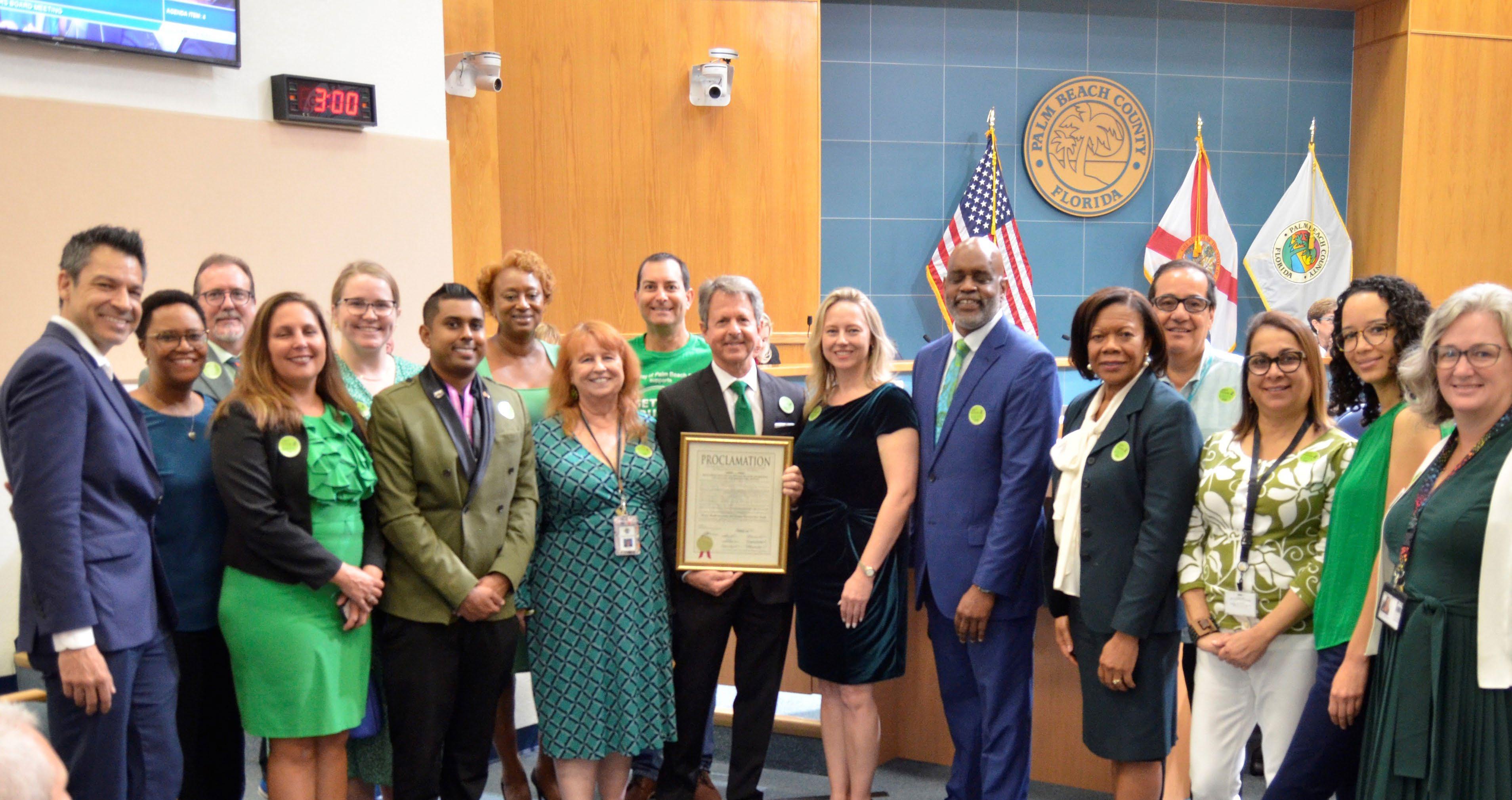
Members of the Get Your Green On (GYGO) Planning Committee and the Birth to 22 United for Brighter Futures Alliance were present and encouraged everyone to wear green on Thursday, May 18, to support mental health awareness and trauma-informed care.
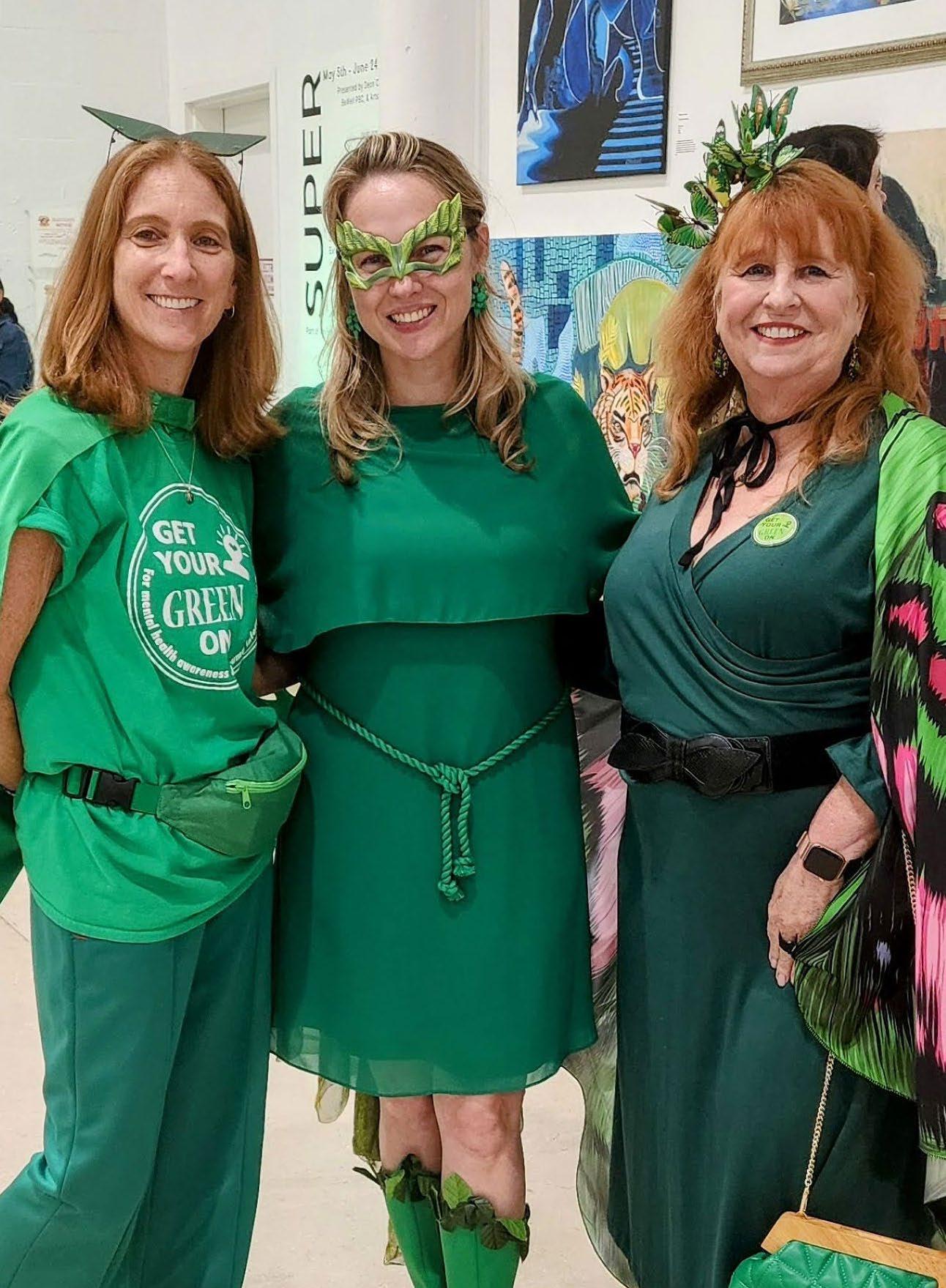
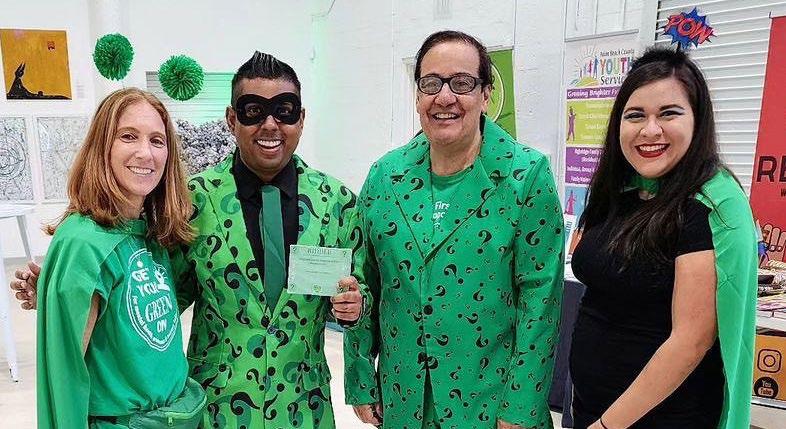
#MentalHealthMatters #GYGO2023 #GetYourGreenOn#
All of Palm Beach County was invited to celebrate on May 18th together at the Express Yourself Fashion Art Ball 2.0 event.
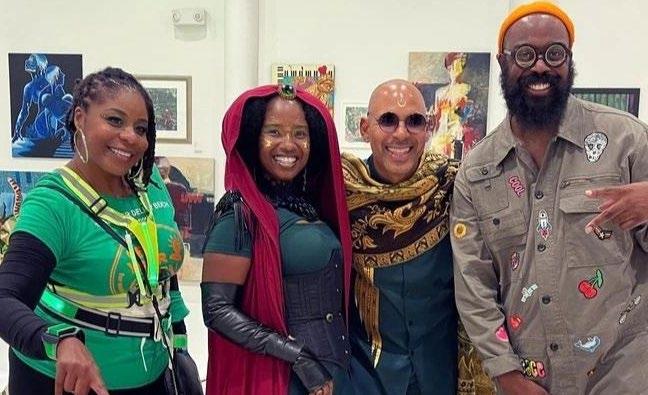
For almost 50 years, Wayside House in Delray Beach has been changing the lives of the thousands of women who seek to overcome addiction. Founded in 1974 by two iconic women –Susan B. Anthony, the great-niece and namesake of the women’s rights advocate; and Phylis Michelfelder, Wayside House has grown, flourished and helped women, including pregnant women, recover in body, mind and spirit.
As a nonprofit women’s addiction center, Wayside House serves all women who come motivated, regardless of
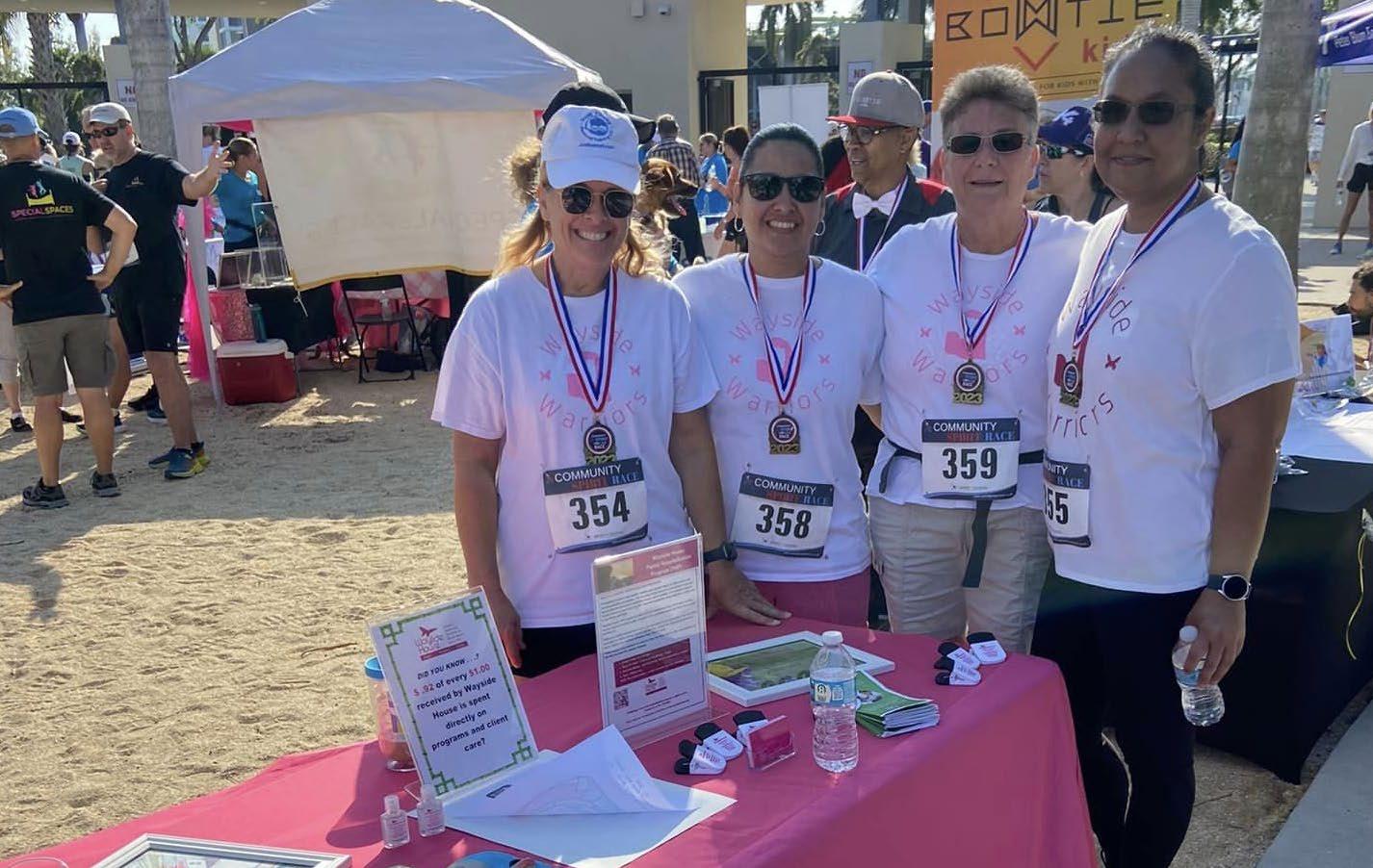
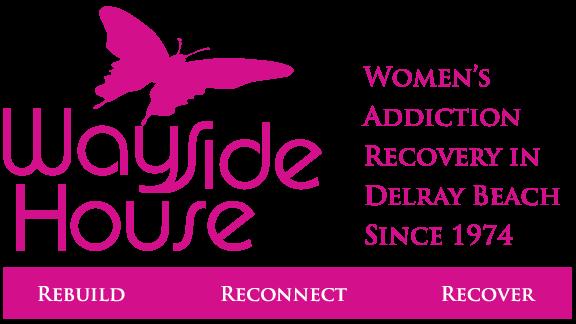
ability to pay. Appearing as a tropical oasis in the heart of Delray Beach, Wayside House provides a home-like environment, offering programs and services to meet the individual needs of each woman – whether it is residential care, partial hospitalization, intensive outpatient or outpatient.
By interlacing first-class therapies with holistic services, including equine, art and horticulture therapies, each woman’s individual needs are addressed. To ensure continued sobriety, most women leave with employment through Wayside House’s Posner Career Center, and follow-up services through aftercare and alumnae services.
Many women arrive at Wayside House after failing in other programs and leave as Wayside graduates, ready to reclaim their lives and return to their families. Many return year after year to celebrate their continued sobriety with others at the monthly anniversary night celebrations and remain connected through the alumnae group whose members mentor current residents and help raise needed funds for Wayside House.
For more information, see our website at www.waysidehouse.net or call 561-278-0055.
Dr. Cassondra A. Corbin-Thaddies is a dynamic and innovative instructional designer and education technology catalyst with a
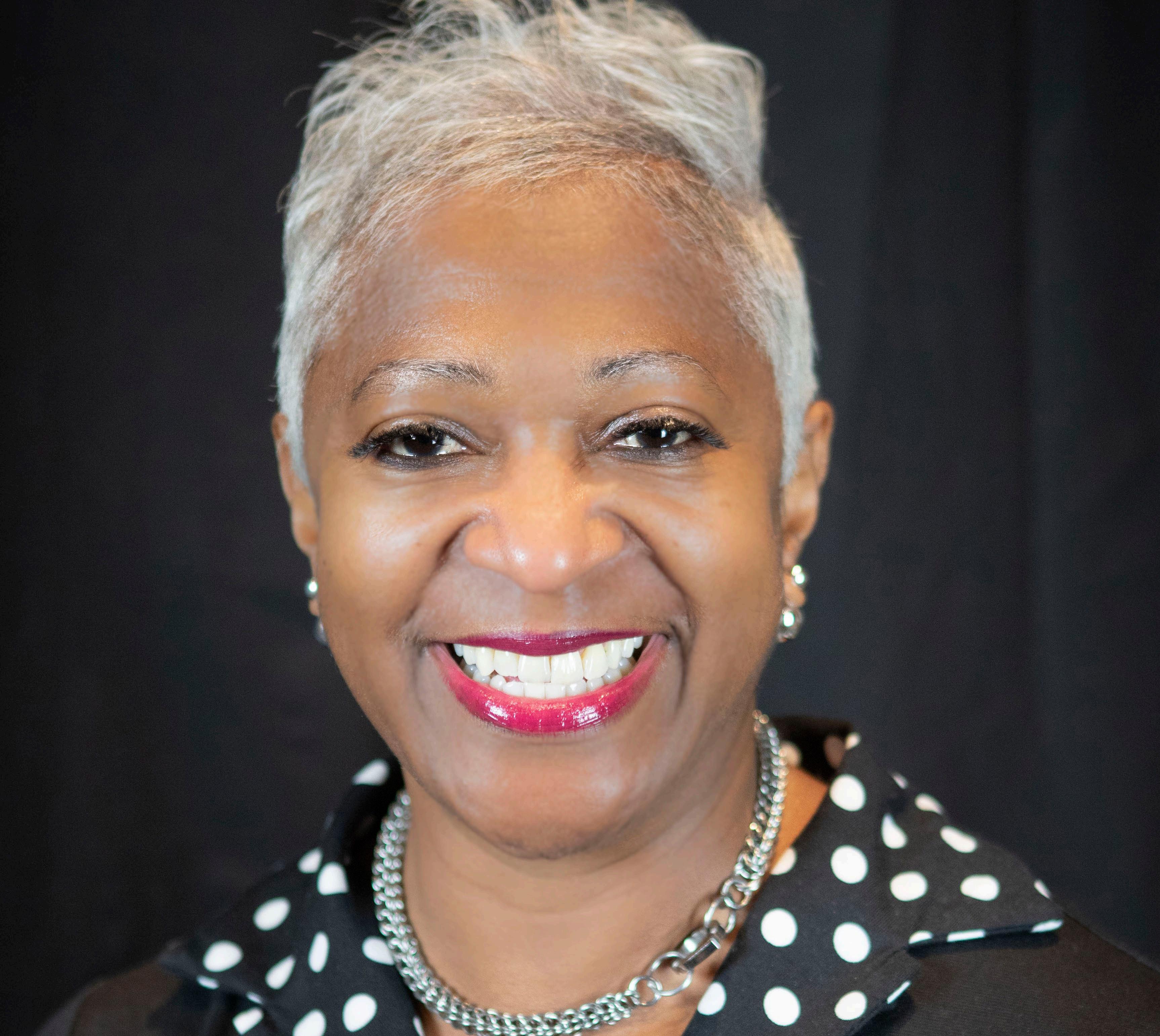
passion for empowering teachers and leaders to reimagine their roles in the next generation classroom. With a focus on mindset and racial equity, Cassondra has worked with clients around the world to create transformative learning experiences for students. She believes that empowered students become empowered adults.
With over two decades of experience in the education industry, Cassondra has a wealth of knowledge and expertise in project management, learning technology, executive coaching, and facilitating and training. She has a proven track record of success, having engaged with over 2500 teachers and 500 schools across the world in locations such as the United Arab Emirates, Canada, and Alaska. As a collaborator with Stanford University’s
Graduate School of Education, she contributed to the design and course development of a professional development platform and has been a contributor to the EdTech Genome Project researching the impact of education technology on teaching and learning.
Cassondra holds a Ph.D. in Instructional Design and Technology from Keiser University and a Master of Arts degree in Health and Human Services Administration from St. Mary’s University of Minnesota. She is the co-founder and president of Connect to Greatness, Inc. a nonprofit mentoring organization in South Florida and the Director of Transformational Learning at LINC. Cassondra is dedicated to continuously growing as a learner in life.
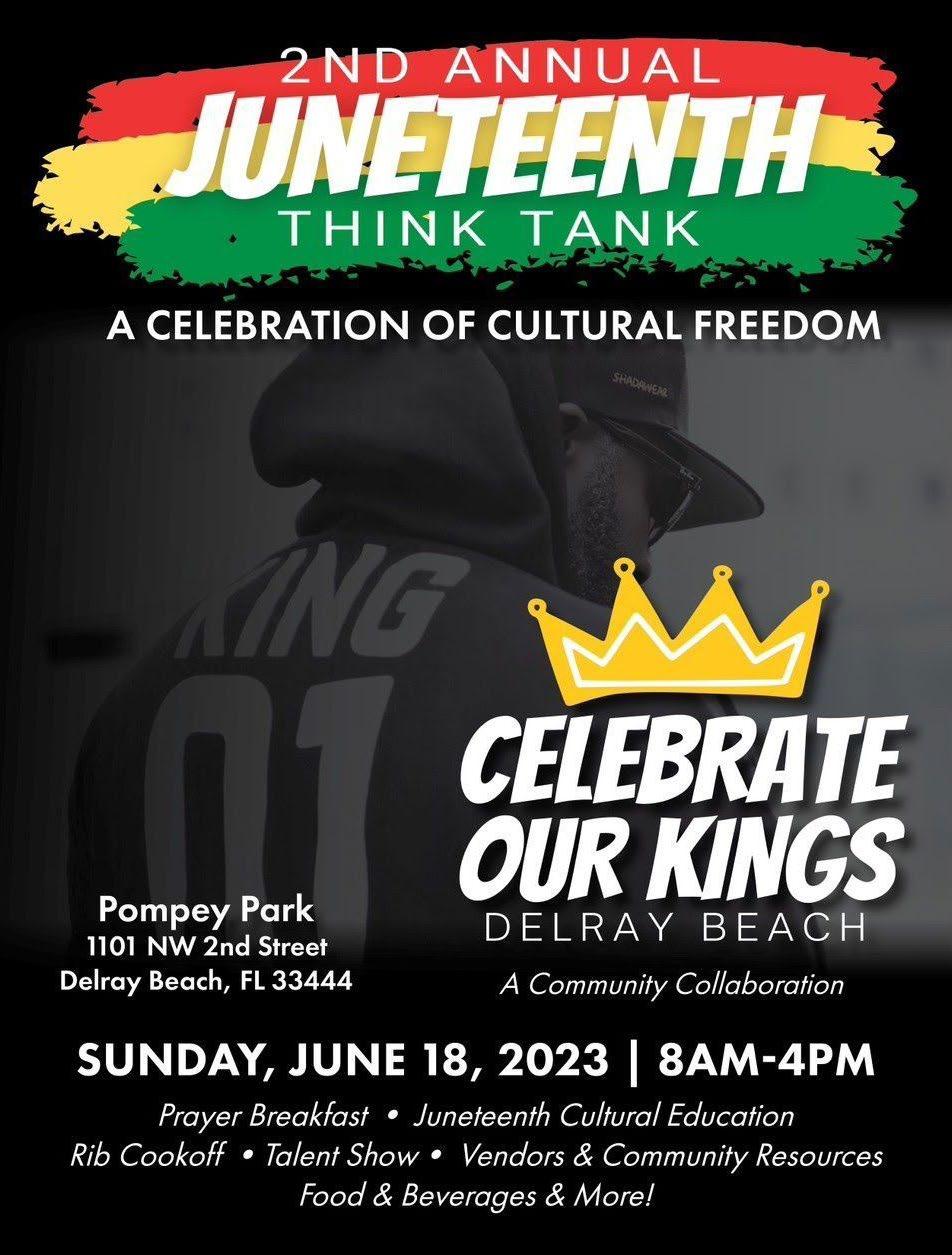
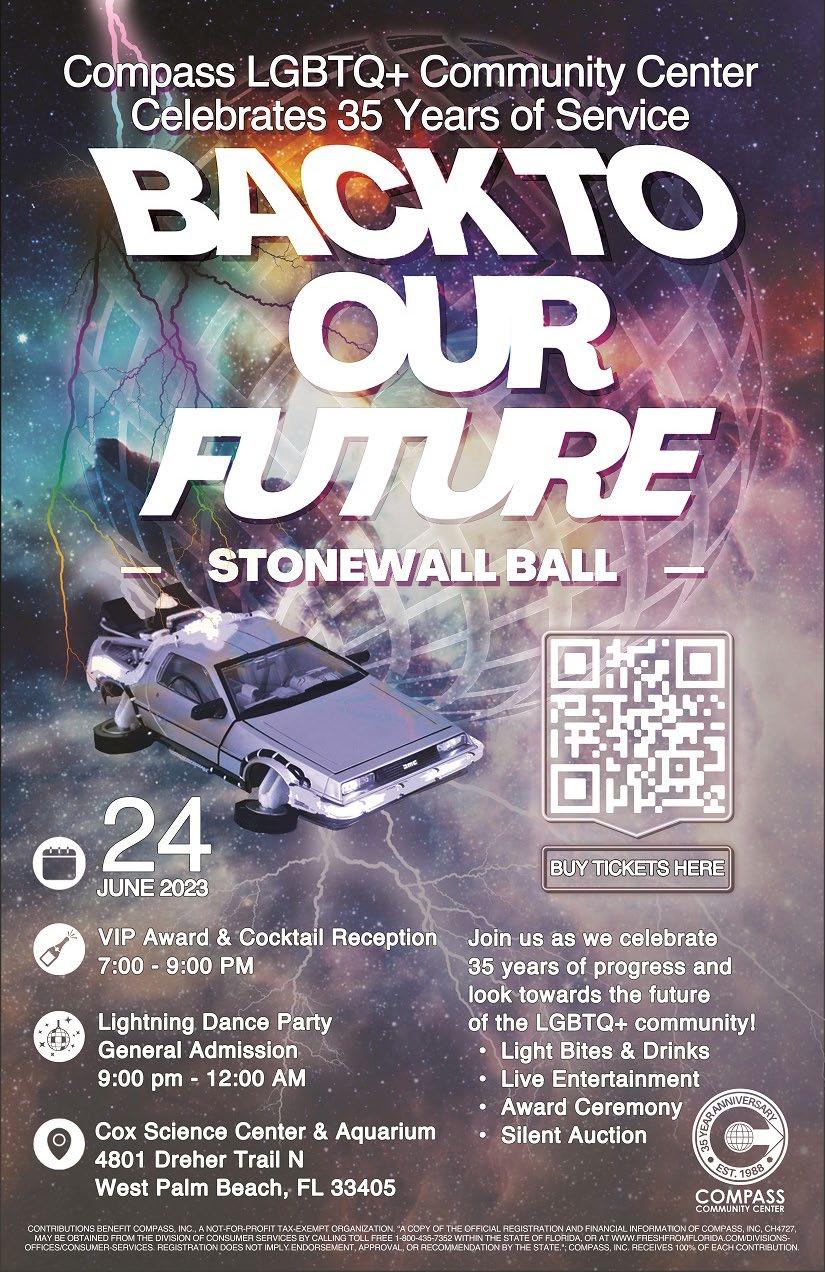
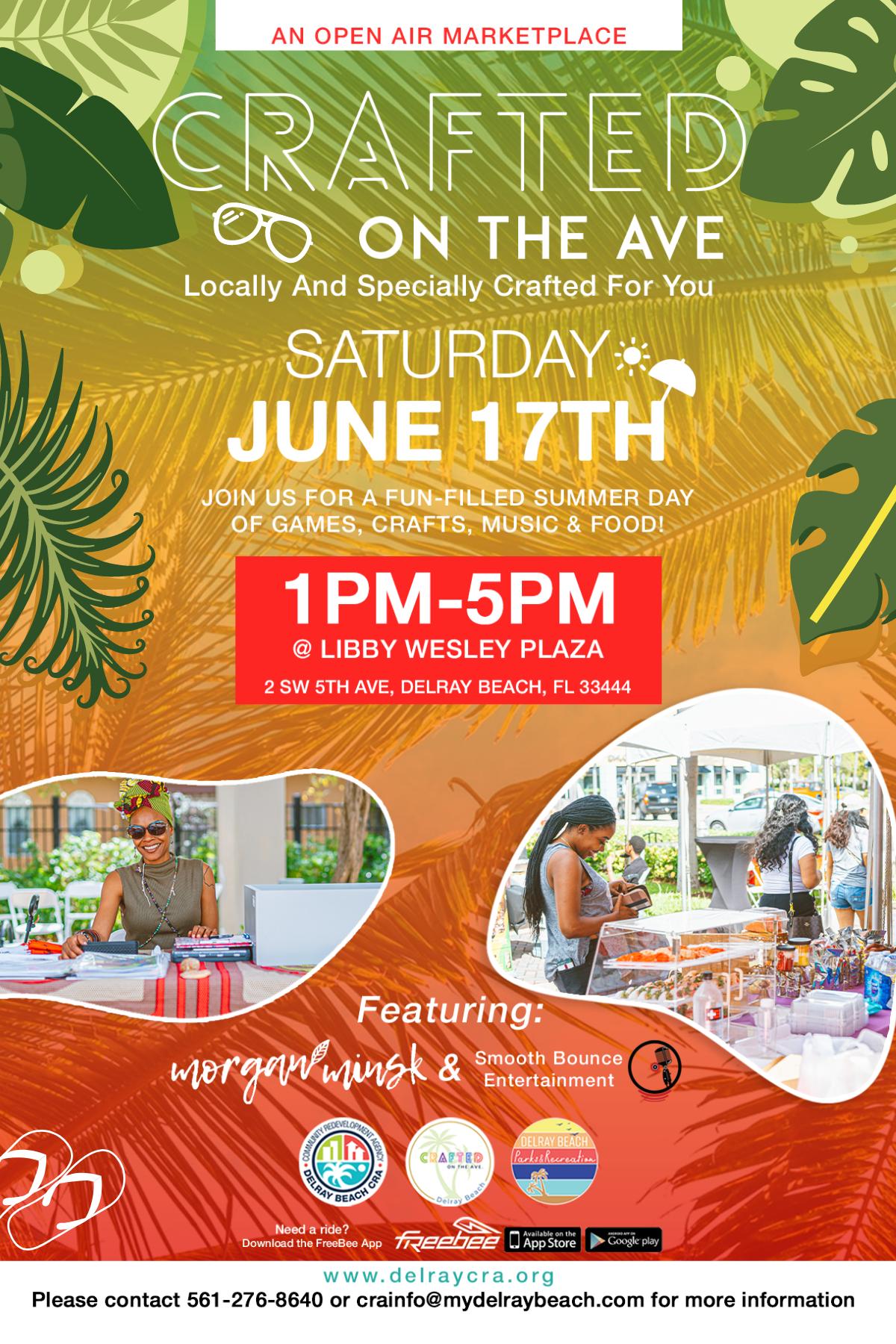

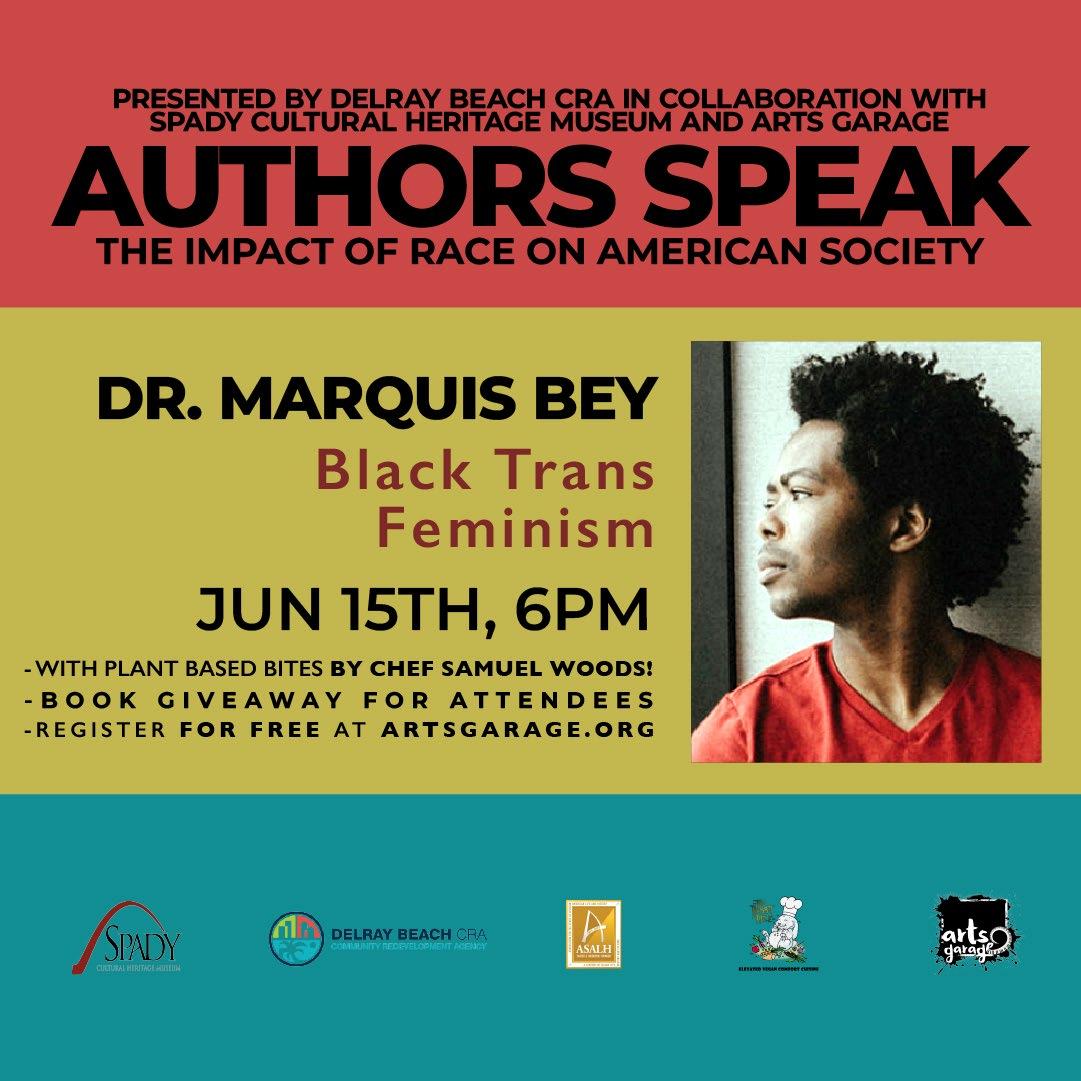
ADVISORY COMMITTEE ON BEHAVIORAL HEALTH, SUBSTANCE USE AND CO-OCCURRING DISORDERS

2023 MEETING DATES
2:00 PM TO 4:30 PM
MANDALA HEALING CENTER, COMMUNITY ROOM
5404 EAST AVENUE
WEST PALM BEACH, FL 33407
Thursday, February 9, 2023
Thursday, April 13, 2023
Thursday, June 8, 2023
Thursday, August 10, 2023
Thursday, October 12, 2023
Thursday, December 14, 2023

Subcommittee Schedules and Responsibilities
All Subcommittee Meetings will be facilitated for 30 minutes and held via Zoom
Meeting ID = 843 8025 3122 / Passcode = 931704
Invite Link:
https://pbcgov.zoom.us/j/84380253122?pwd=YkZVTVNaWmZ3S3Q0TlNzM W1HWlRrdz09
Subcommittees 1 through 4 (Third Wednesday of Every Other Month)
Subcommittees 4 through 8 (Third Thursday of Every Other Month)
1. Prevention and Education: To include, but not be limited to, establishing prevention and harm-reduction activities and education for residents in schools and communities.
2. Treatment and Recovery: To include, but not be limited to, establishing a coordinated Recovery-Oriented System of Care (ROSC); integrated behavioral health; expanding Peer Recovery Support Services (e.g., Recovery Community Organization/Recovery Community Centers (RCO/RCCs); access to Medication -Assisted Treatment (MAT); and creating a neutral care coordination entity.
3. Public Policy: To include, but not be limited to, identifying, reviewing, and monitoring related public policies and legislation; and engaging, educating, and informing public officials, key strategic partners and constituency members in advancing sound public policy.
4. Justice System & Public Safety: To include, but not be limited to, supporting and enhancing operational strategies for First Responders, Mobile Response Units; expanding diversion services to decrease criminalization; increasing access t o naloxone: and collaborating with law enforcement and public safety organizations.
5. Evaluation and Monitoring: To include, but not be limited to, implementing a Recovery Capital instrument; measuring and tracking treatment outcomes across the care continuum using advanced analytics to establish evidence -based best practices; increasing Committee member participation in monitoring of publicly funded treatment and recovery programs and services.
6. Essential Services: To include, but not be limited to, advancing social determinants of health such as food, housing, employment, education, access to medical care, and the collateral consequences of criminal justice involvement.
7. Faith-Based: To include, but not be limited to, advancing inter -faith understanding of mental illness and substance use disorder and the important role of faith communities in a recovery oriented system of care environment.
8. Addiction Stabilization Unit: Responsible for working with the Palm Beach County Health Care District to review ASU patient care and related matters as well as make recommendations related to such when appropriate.
